Maybe you just read “Wild” by Cheryl Strayed, which inspired you to reach new heights, or perhaps you’re planning your first trip to a national park and have no idea what to bring. Whatever brought you here, we know it’s not always easy to figure out what essentials are required for hiking. If you’re ready to hit the trail for the first time but need help nailing down the goods to get started, we’ve got you covered. As experts in outdoor recreation, we know exactly what you need (and everything you don’t) to start your first trek.
Luckily for you (and everyone), hiking is one of the easiest outdoor activities to start because it requires far less technical gear than other outdoor sports—*cough* we’re looking at you skiing. Especially when you’re just starting. As you dive deeper into the sport and start charting more challenging hikes, your essentials list will grow, but for now, it’s most important to have the right basics to stay safe and feel your best. So whether you’re summiting a 14-er or simply testing out a leisurely route in your neighborhood, we’ve covered everything you’ll want for your first time on-trail.
Your Hiking Essentials, at a Glance.
The Necessities
- Footwear – Hiking sneakers, boots, or sandals
- Clothing – Weather-appropriate layers
- Sun Protection – Sunscreen(s), hat, and sunglasses
- Hydration – Water, more water, and electrolytes
- Fuel – Easily packable, nutritious snacks
- Navigation – AllTrails+ and/or physical map
- Backpack – Hydration pack or similar
The *Optionals* for Extra Fun
- Camera(s)
- Picnic blanket
- Card games
- Hammock
- Wine and stainless steel mugs
Everything You Need to Start Hiking, Explained

Footwear
Hiking Shoes
Starting from the ground up, literally, you’ll want comfortable hiking shoes to support your feet while on your trek. After all, your feet are doing the majority of the work to get you from point a (starting point) to point b (summit), all the way back to point a. Your options for hiking footwear are as follows: hiking boot (full coverage shoe with ankle support); hiking sneaker (full coverage shoe, no ankle support); or hiking sandal (limited covered, no ankle support, but obvious breathability).
We recommend choosing a hiking boot or a sneaker for most hikes. These will offer you the most protection from abrasive elements, like jagged rocks or prickly plants you might encounter on your journey. There are plenty of great options out there for you—if you’re unsure where to start, we recommend taking a look at the options from our favorite hiking brands: Hoka, Teva, and Merrel.
Hiking Socks
Once you’ve settled on shoes, lock in your whole-foot comfort with cushioning wool socks. As with all hiking apparel, the name of the game is to find moisture-wicking materials—this will help pull sweat away from the skin to keep you dry all day long. Pro tip: look for socks made from merino wool. This specific type of wool is less itchy than others and is antibacterial, making it a great fabric for all types of outdoor apparel.

Clothing
What you wear on a hike largely depends on the weather and terrain for that particular day. Luckily, our guide to hiking apparel details exactly what to wear to go hiking anywhere—check it out here.
If you already know what you want/need to wear hiking but haven’t yet added it to your wardrobe, you can shop our curated collection of women’s hiking apparel here. We only carry brands that design with women in mind — so you never have to worry about fit, style, or function.

Sun Protection
Did you hear? Sun protection is sexy. More time outside means more time in the sun, which ultimately means lathering on enough SPF coverage to protect our skin from the sun’s harmful rays. As a general rule of thumb, it’s best to apply sunscreen every 1.5 hours to 2 hours to stay in the safe zone.
To go the extra mile in keeping that gorgeous face of yours shielded, we recommend wearing a sun hat or ball cap during your trek. You’ll be especially grateful for this if you take the long way back and catch more daylight than anticipated.

Hydration
A common mistake among beginners is not bringing enough water, or any at all, to stay hydrated for the hike. We all know it’s essential to drink plenty of water when exercising, but it becomes even more critical when movin’ and groovin’ your body at elevation. The higher you climb, the less oxygen there is in the air; thus, your body will start to lose water faster than it usually would.
To stay ahead of hydration, we recommend bringing at least 16 oz of water for every hour you’re expected to hike. Electrolyte packets will be your best friend in aiding this effort! Stick a packet or two of electrolyte powders in your bag, and you’ll be good as gold from start to finish.

Fuel
Much like hydration, proper fuel (in the form of delicious snacks) is just as crucial for ensuring a happy hike. Since every hike and hiker, is different, the fuel you’ll need will vary depending on the effort at hand, but it’s always best to err on the side of more than not enough. We recommend bringing easy, grabbable snacks with complex carbohydrates and proteins to keep you full.
Whatever you decide to bring along, just remember the “Leave No Trace” motto—no wrapper, peel, or even crumb gets left behind since these can damage the natural environment.

Navigation
No matter how far you’re going or how well you know the area, you must have a traceable trail map that can function offline. We hate to say it, but Apple Maps simply won’t cut it for this reason. To stay on-trail, we love AllTrails+ because it allows users to download trail maps ahead of time. This way, you’ll still be able to navigate your way when service isn’t available, as it often isn’t in the wilderness.
If you’re headed to a National Park for your hike, it doesn’t hurt to bring the physical map along, too!

Backpack
Finally, you’ll want a hiking backpack to carry all these goodies. The type of backpack you’ll need will largely depend on your plans for the day. If you’re only hiking a couple of miles (two or less) over easy-to-moderate terrain, you can *most likely* get away with using a running vest or even a spacious fanny pack instead of a big backpack. Again, as long as these bags are spacious enough to carry your water, snacks, phone, keys, and sunscreen—you’re golden. Remember, depending on the temperature, you need at least 16 oz. of water for every hour you’re expected to hike, sometimes more. Plan accordingly!
As you chart longer trails and tackle more elevation, you’ll want to bring a more spacious backpack that can fit a larger water supply, extra layers, and enough snacks to keep you sustained.
The Optional Items That Elevate Your Hiking Experience

Camera(s)
Those views are even more worth it when you have something to document the milestones. Throw a lightweight film or digital camera in your bag and bust it out whenever you feel moved.

Picnic Blanket
If you know the trail has plenty of great stopping points, bring a blanket to spread out and relax while you eat your snacks. Not sure what the terrain will look like? Check the AllTrails reviews ahead of time. You can usually gauge what the day might hold based on the recent photos other hikers have posted.

Card Games
Heck. If you bring a picnic blanket, you might as well make a whole day out of your adventure and bring some card games along too. Make sure wherever you decide to set up shop is within a designated resting area so as not to disrupt the local environment.

Hammock
Going up alone? Pack a hammock for resting instead of a picnic blanket, and bring a book to enjoy the peace and quiet that only the wilderness can offer. These hammocks from Bridger Gear fold up into a fanny pack, making them easy to organize and carry.

Fun Beverage(s) and Stainless Steel Tumblers
For a sunset hike, we love to pack a fun beverage to enjoy as the sun goes down. This flask from High Camp is excellent because it can fit an entire bottle of wine and has two stainless steel tumblers attached for enjoying on the go. Simply add your favorite bottle of chilled wine and throw it in your bag — no need to bring ice or worry about broken glass.


































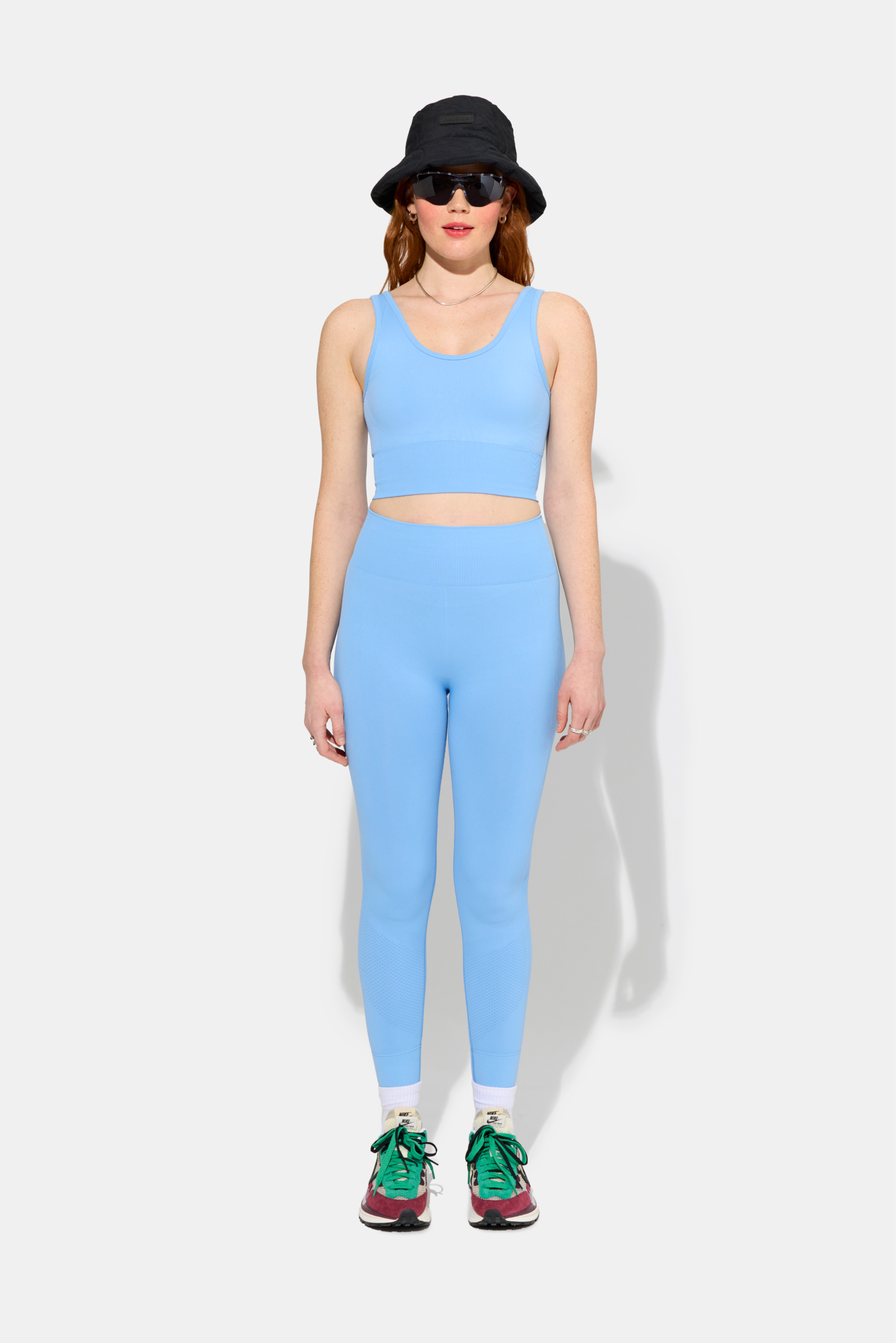
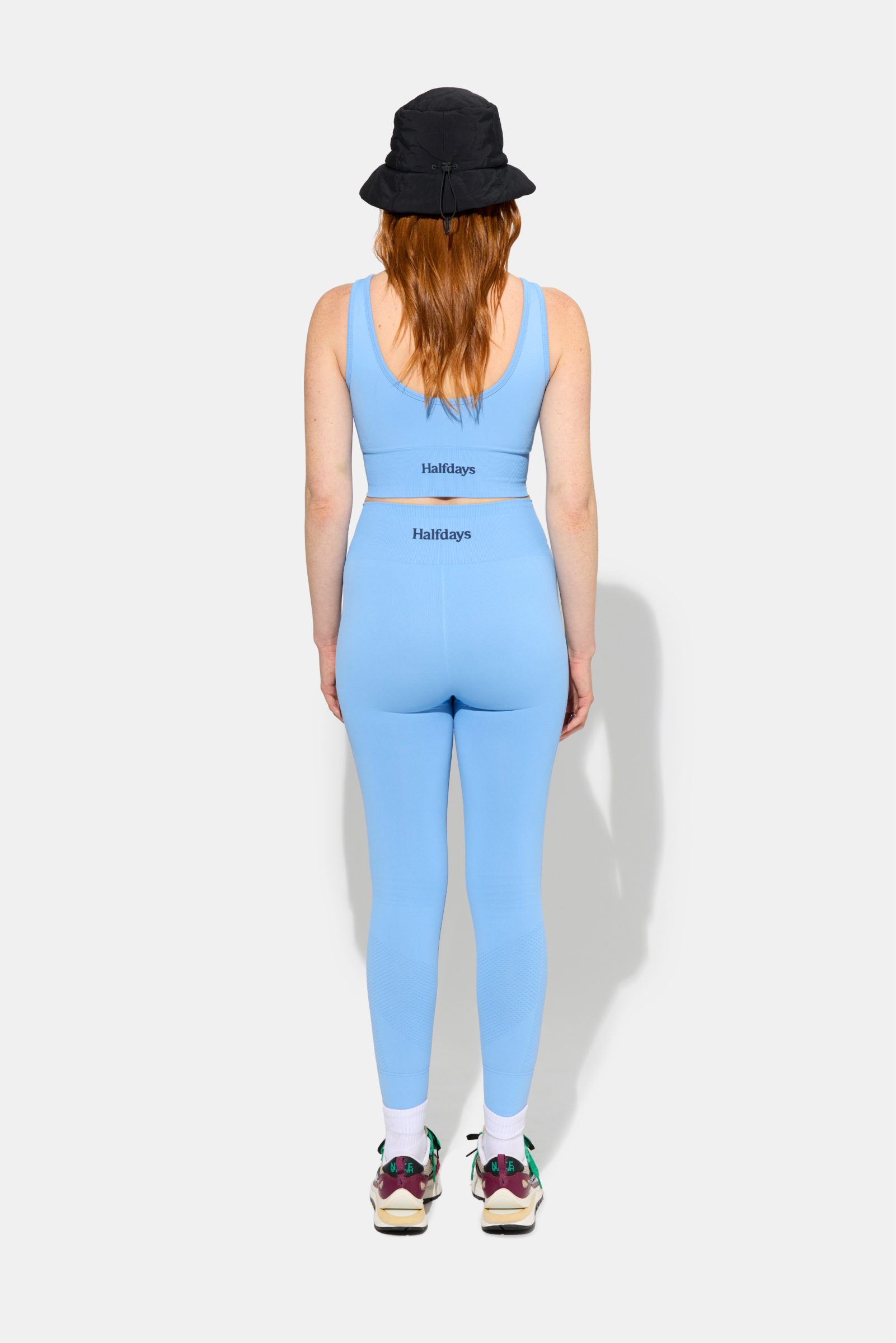
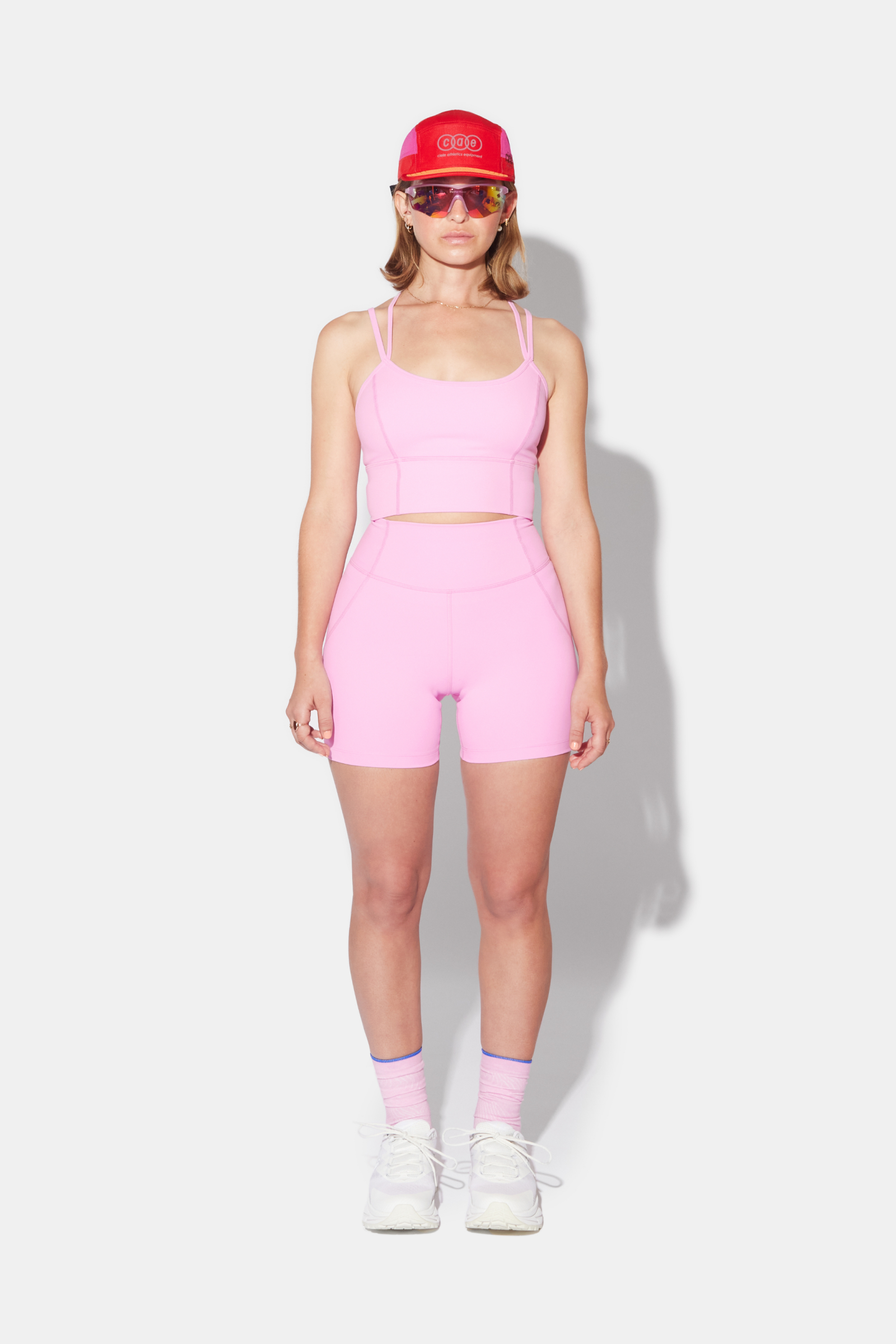
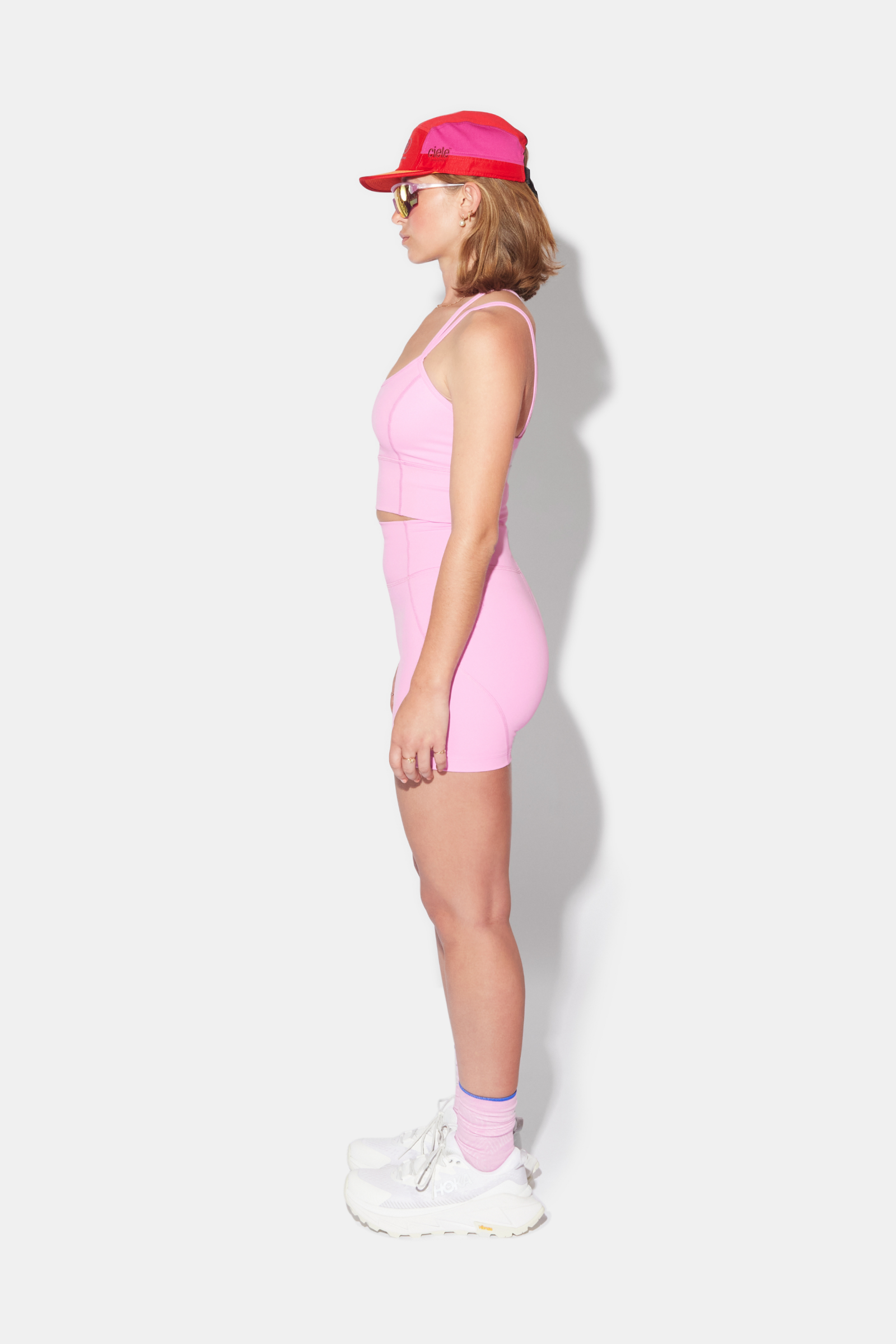
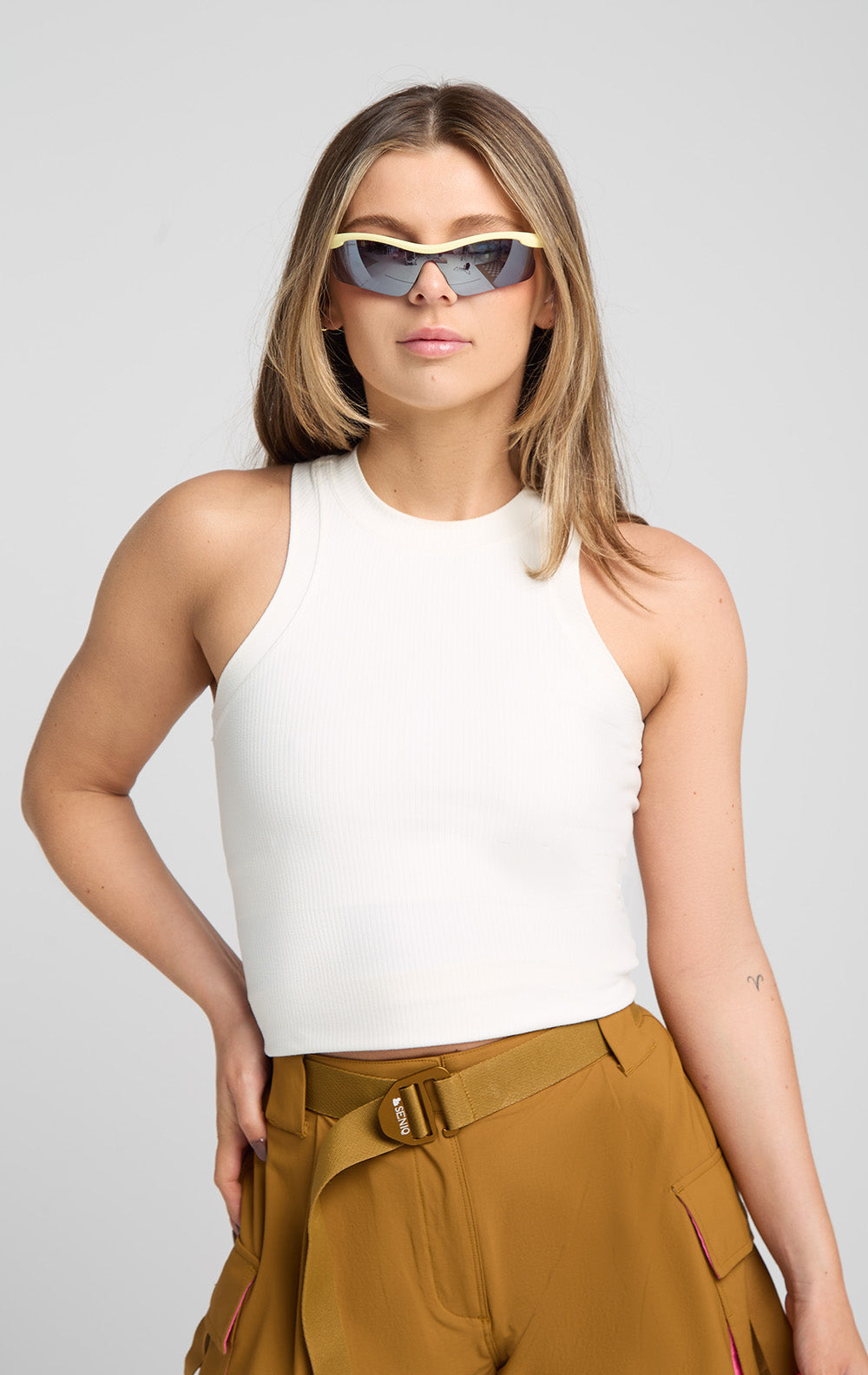
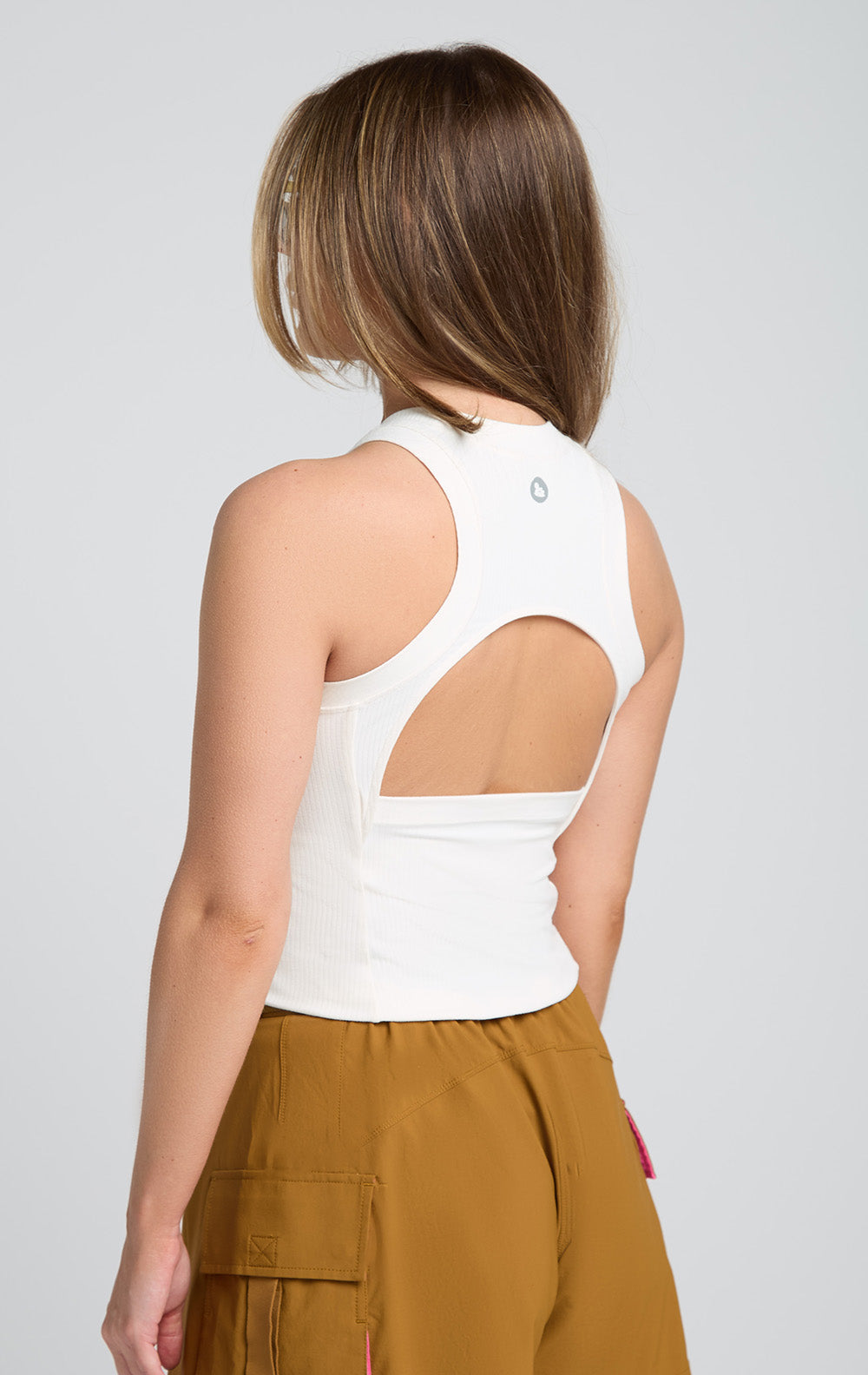
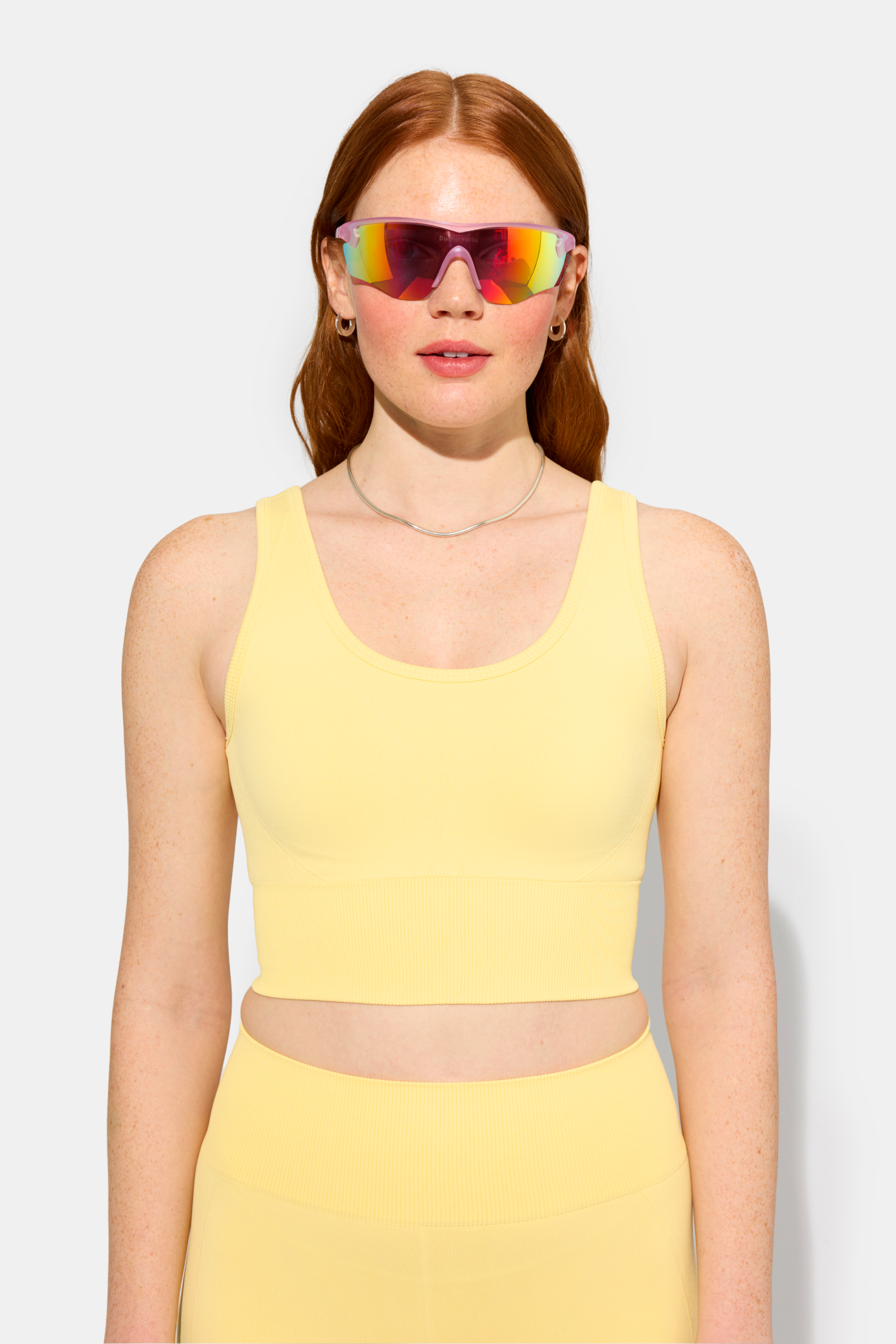
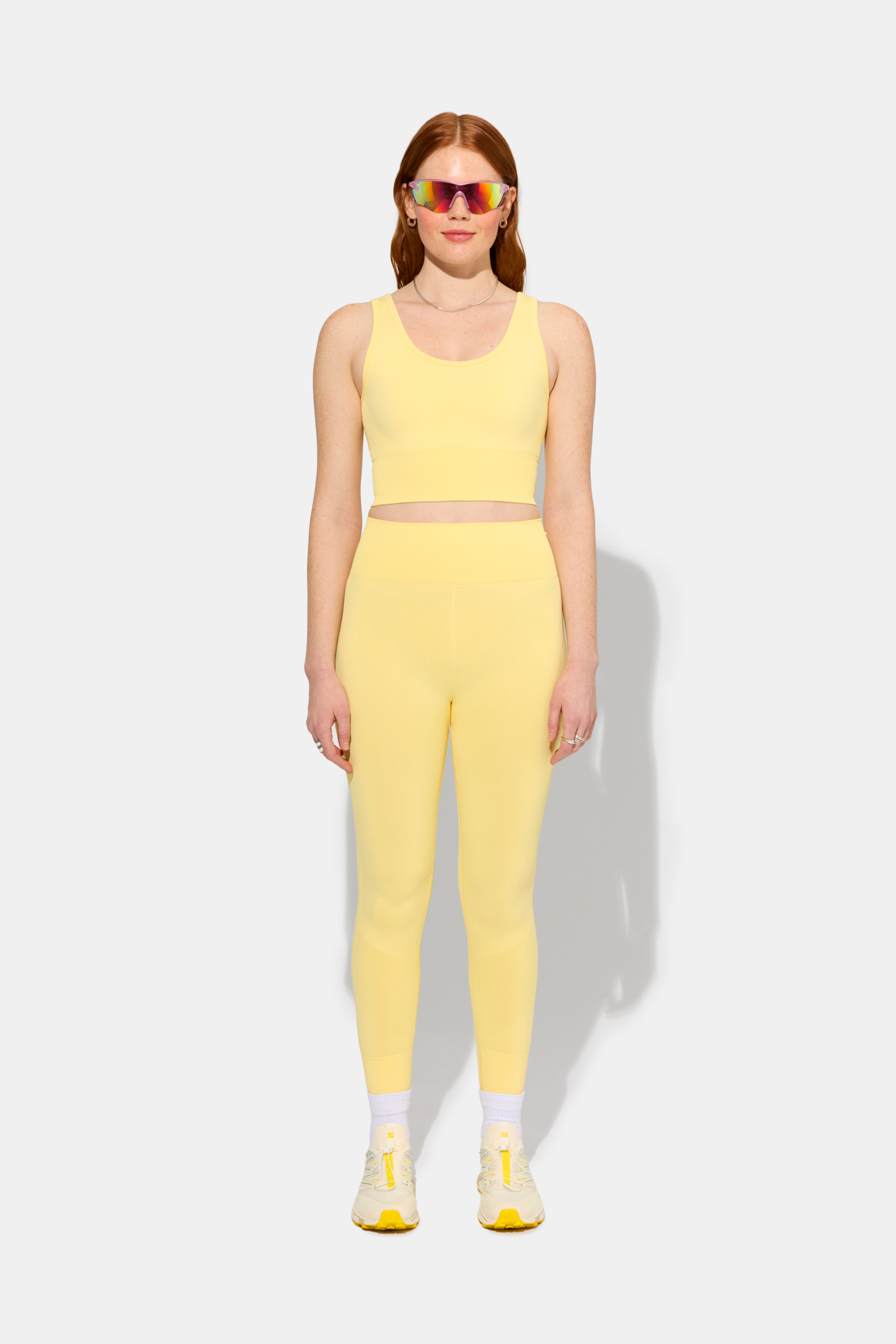
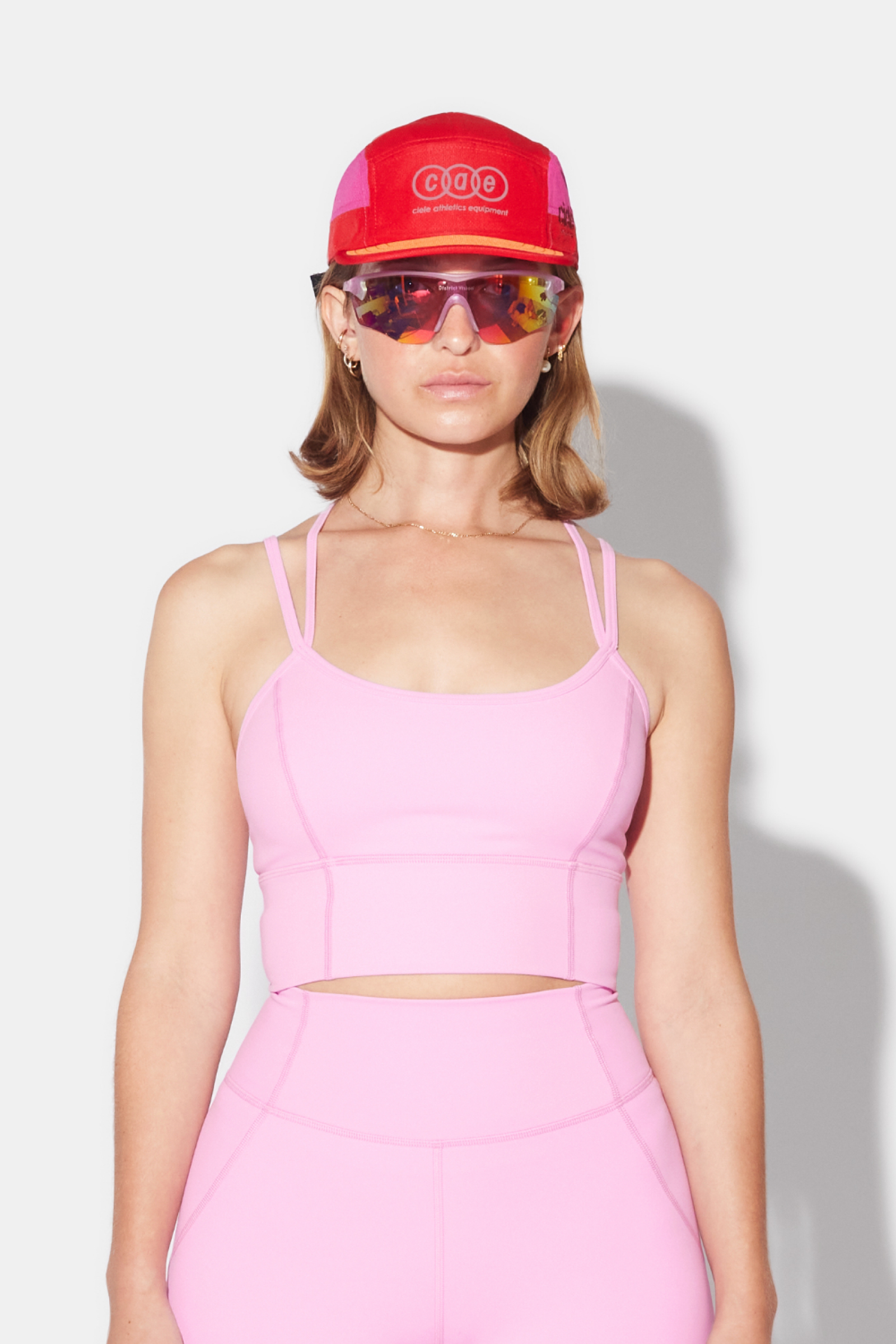
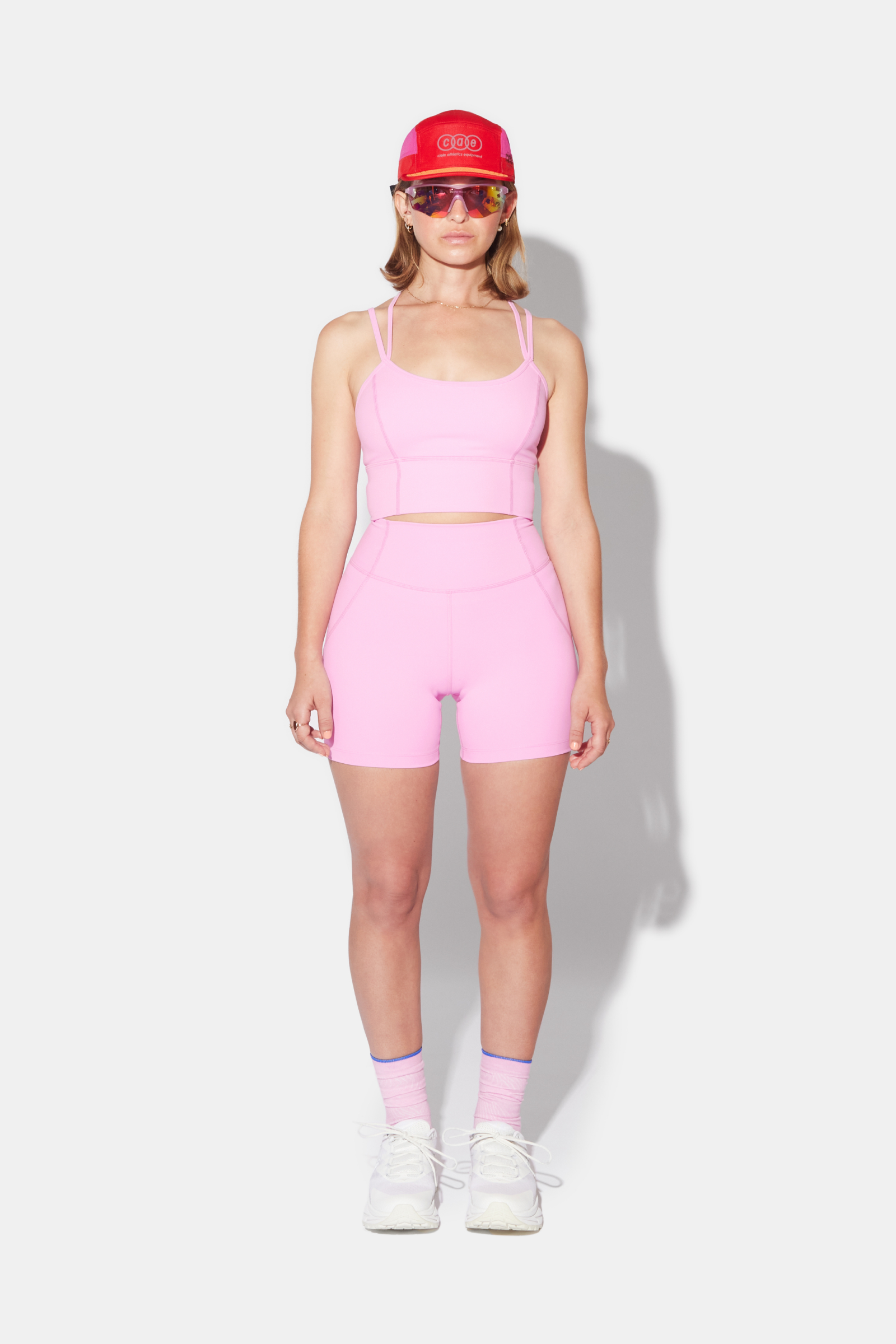
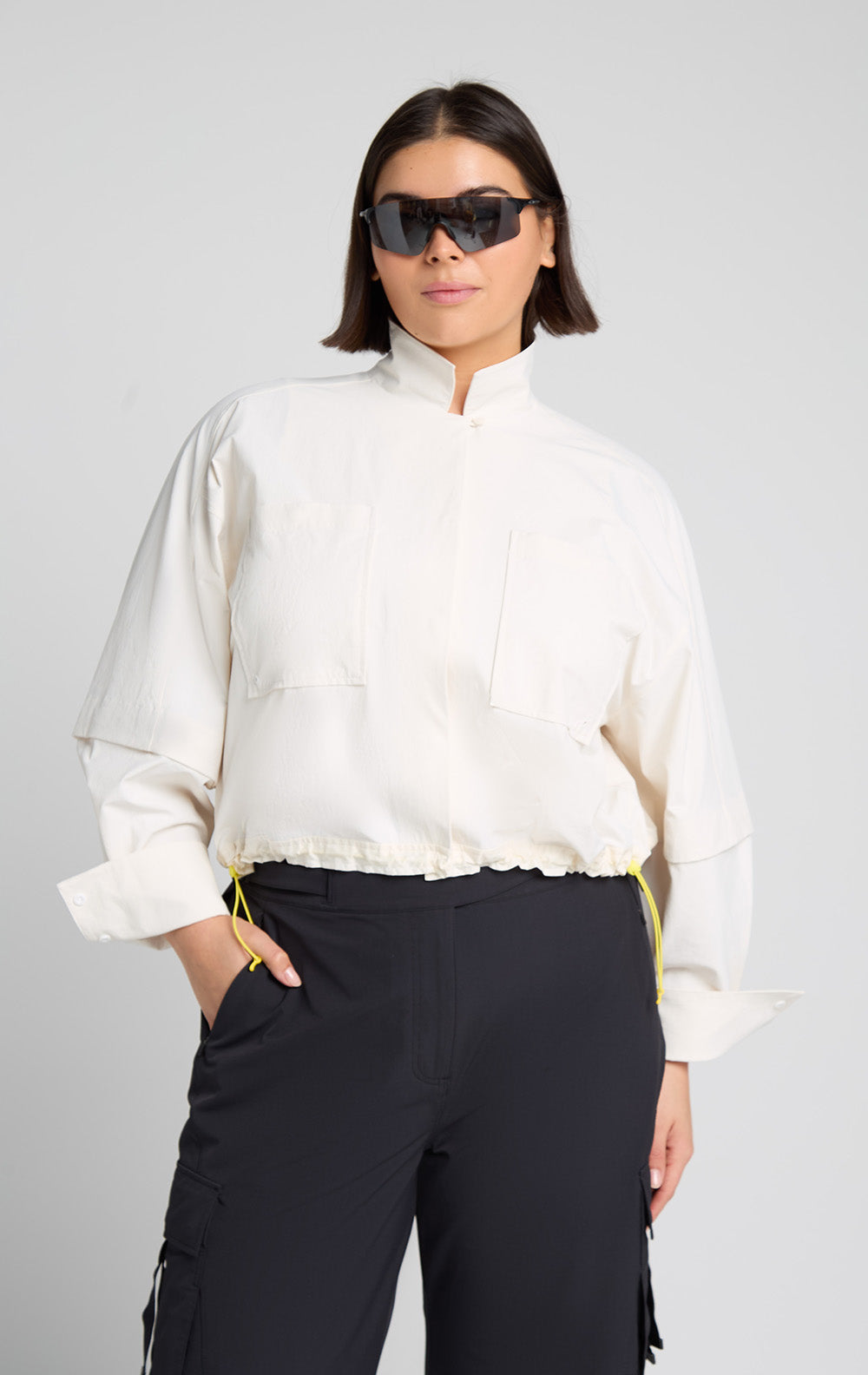
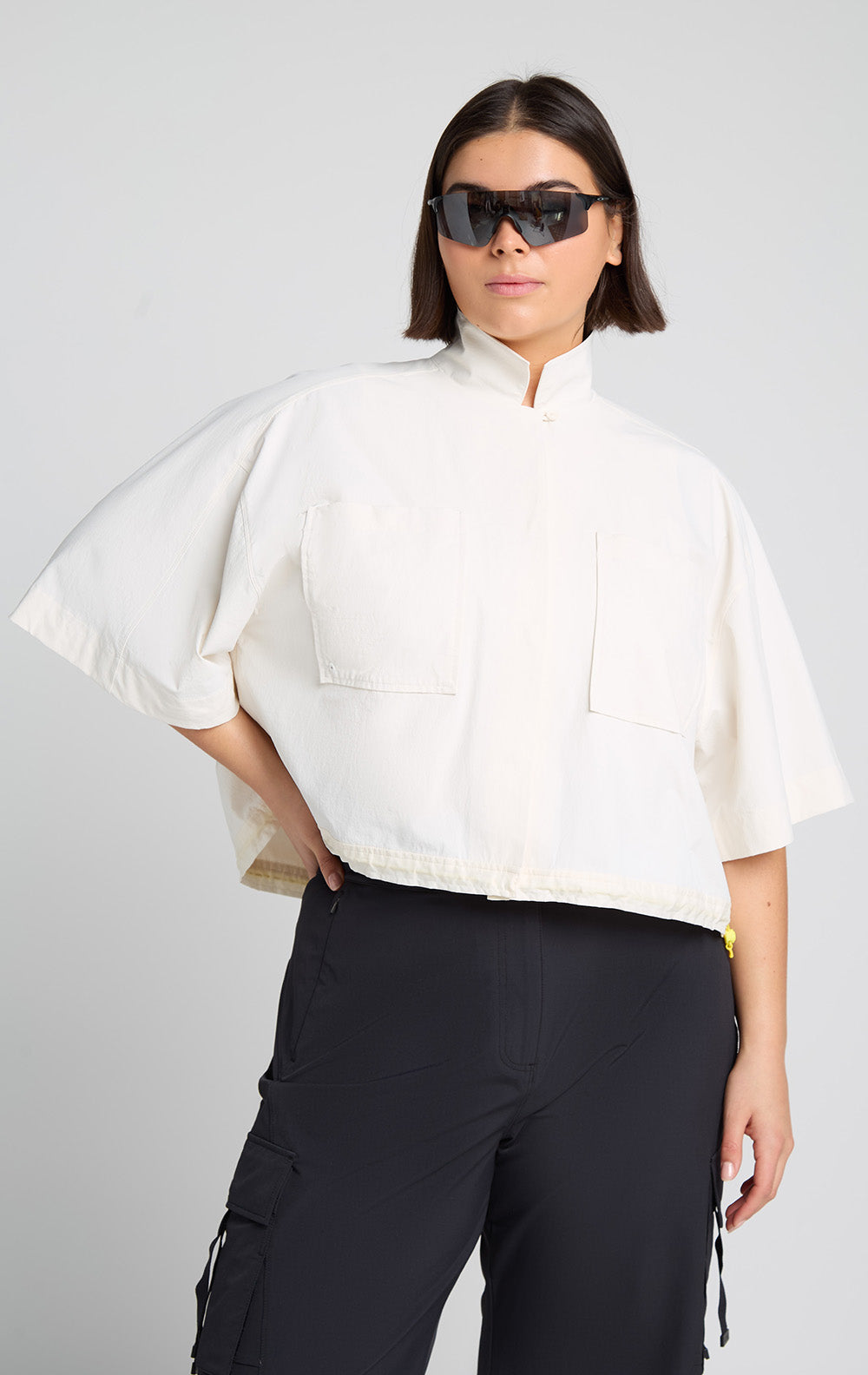
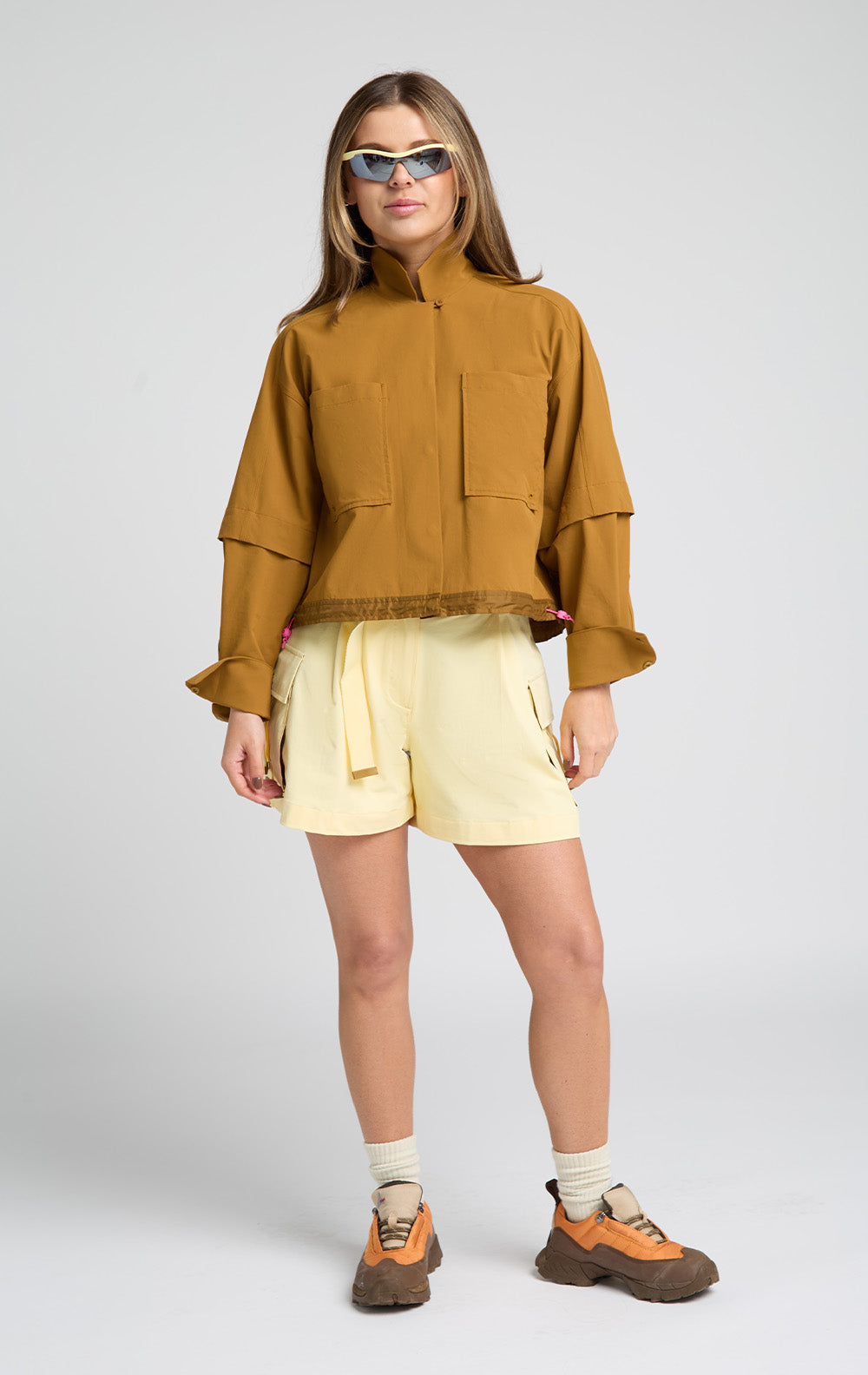




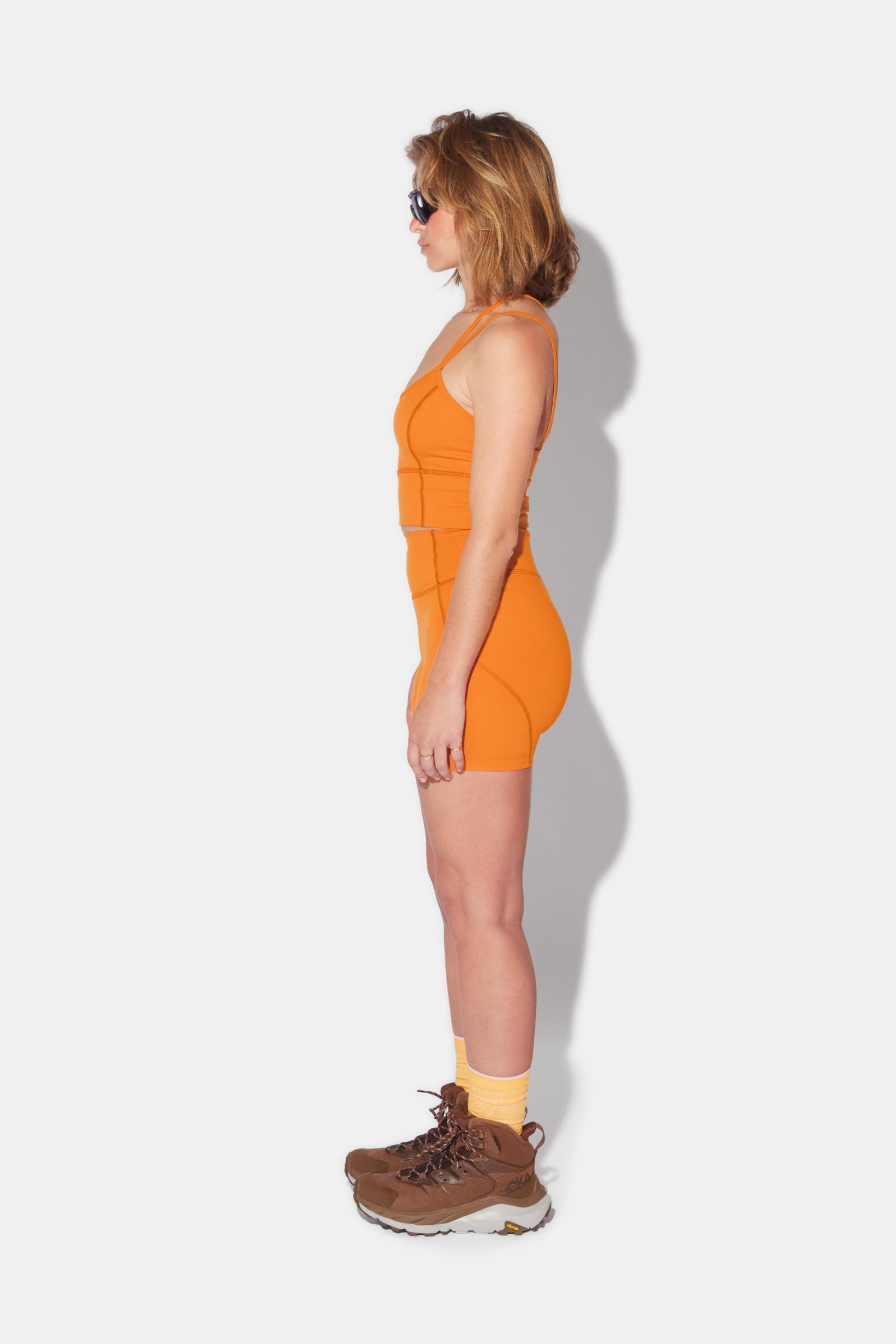
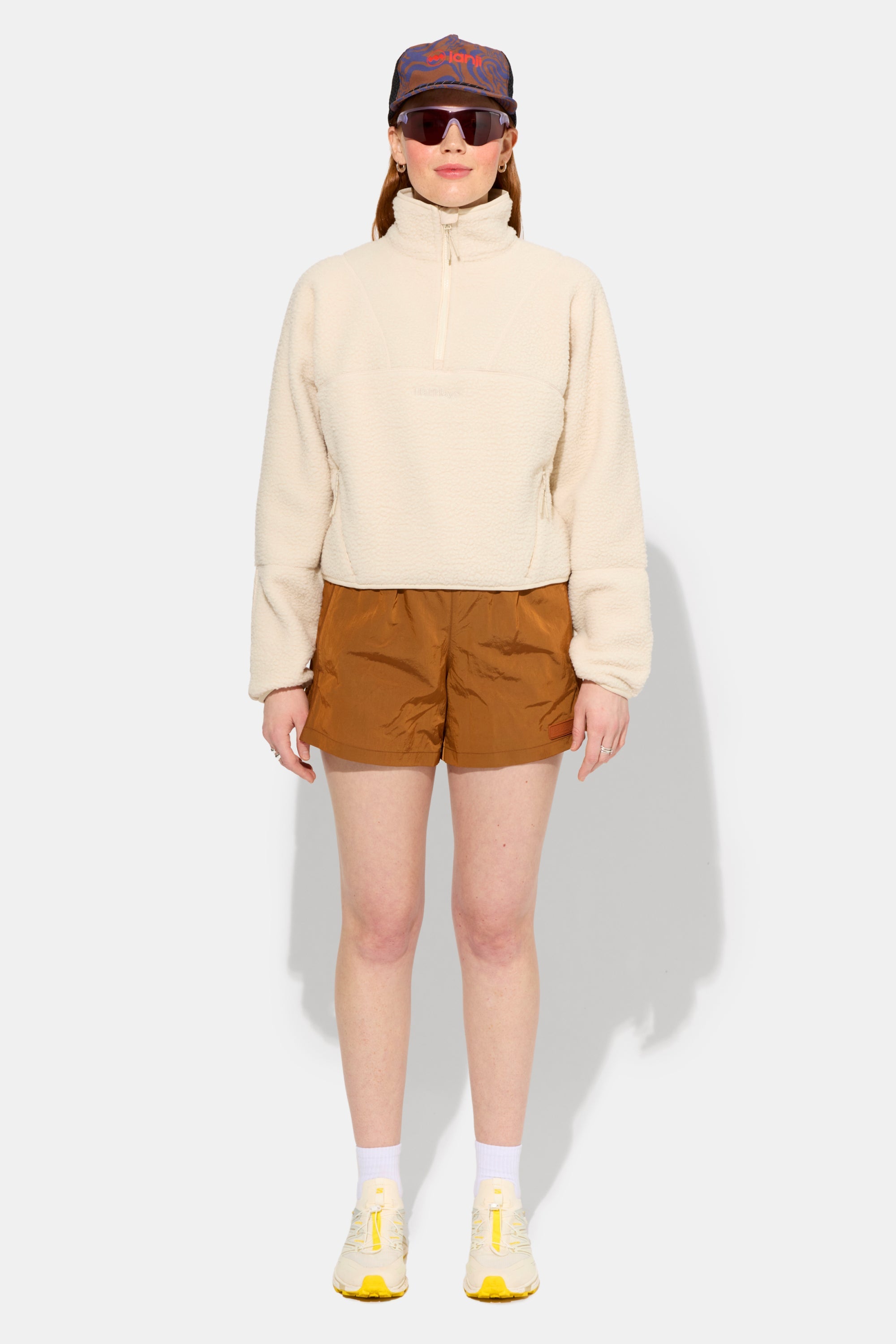
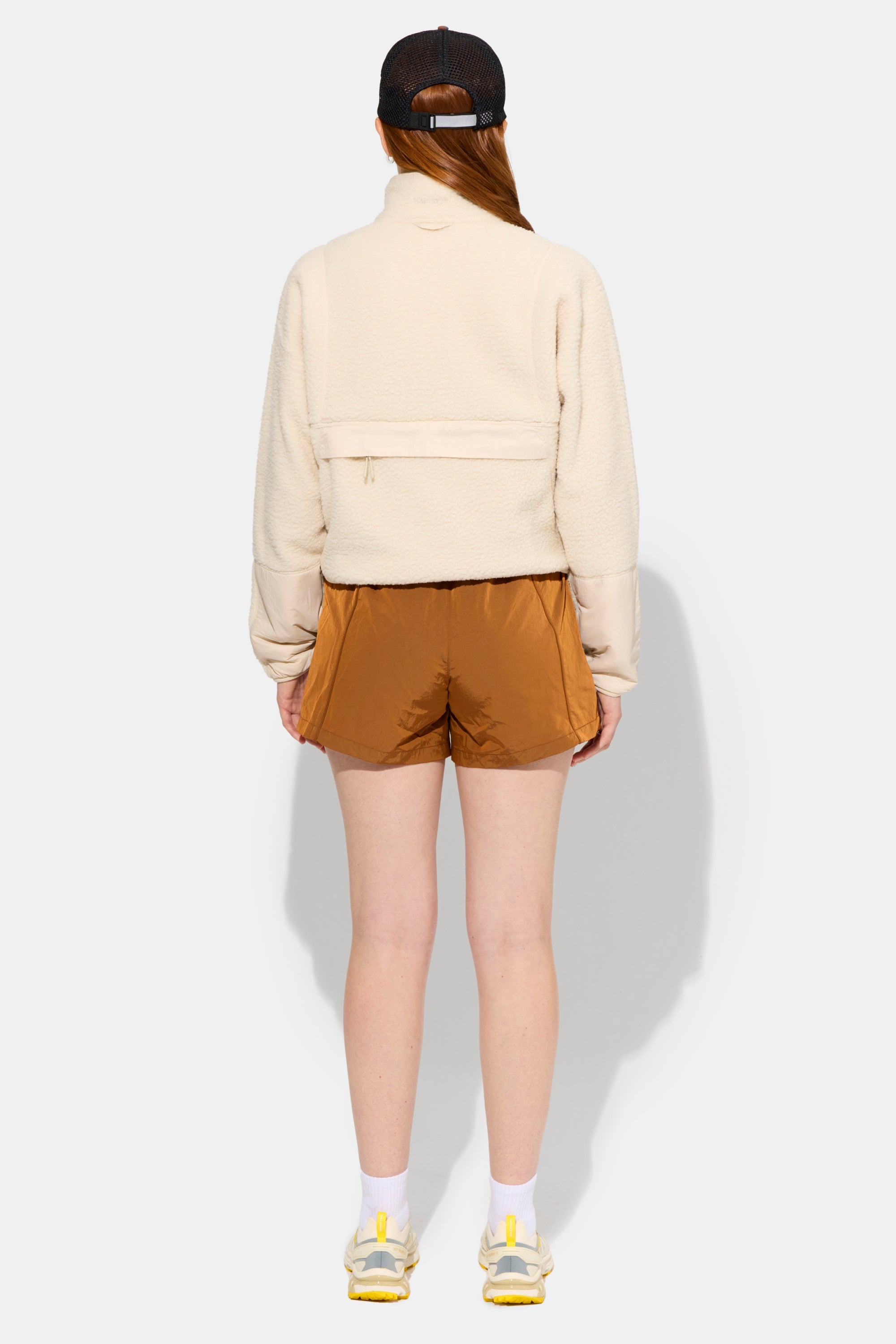
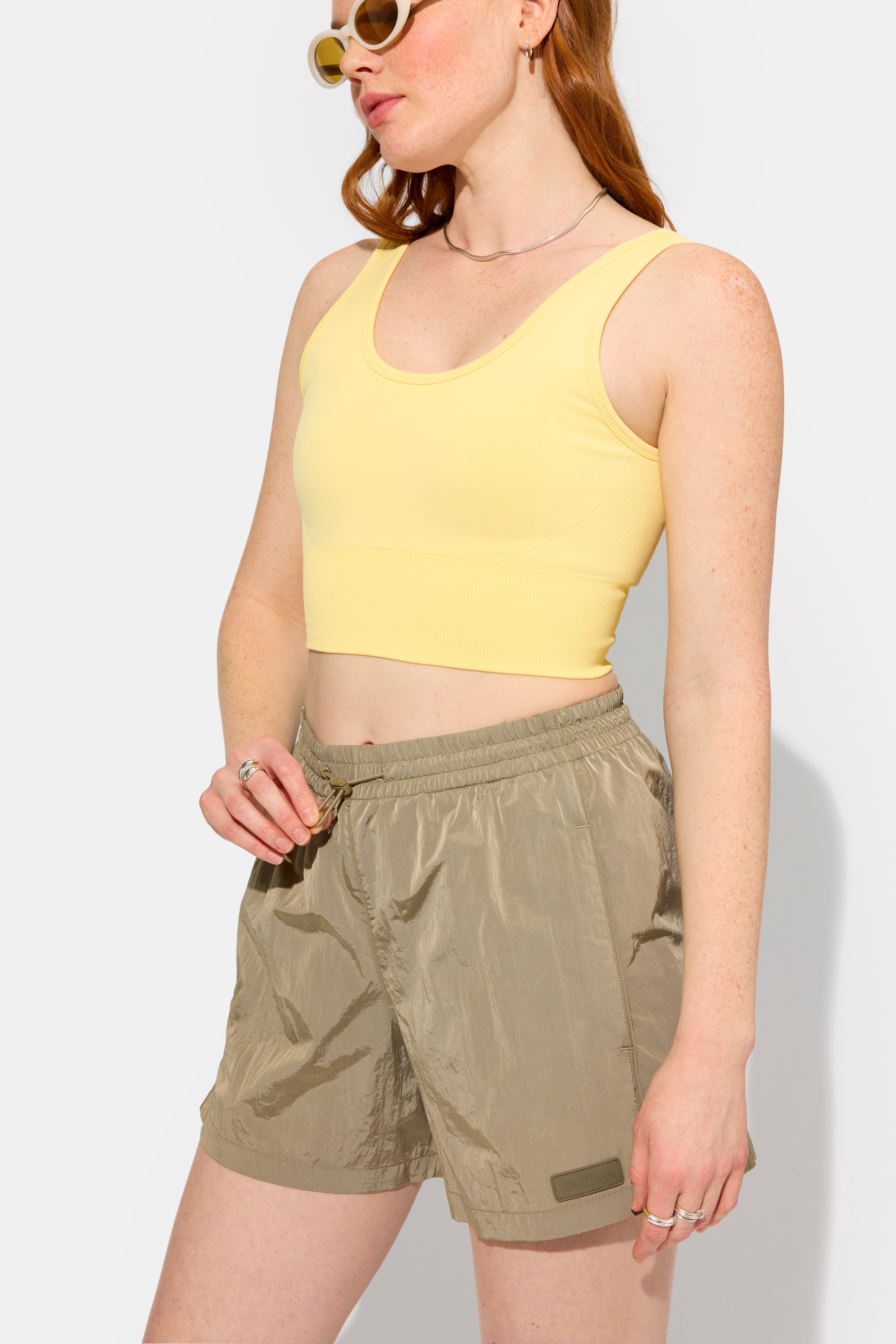



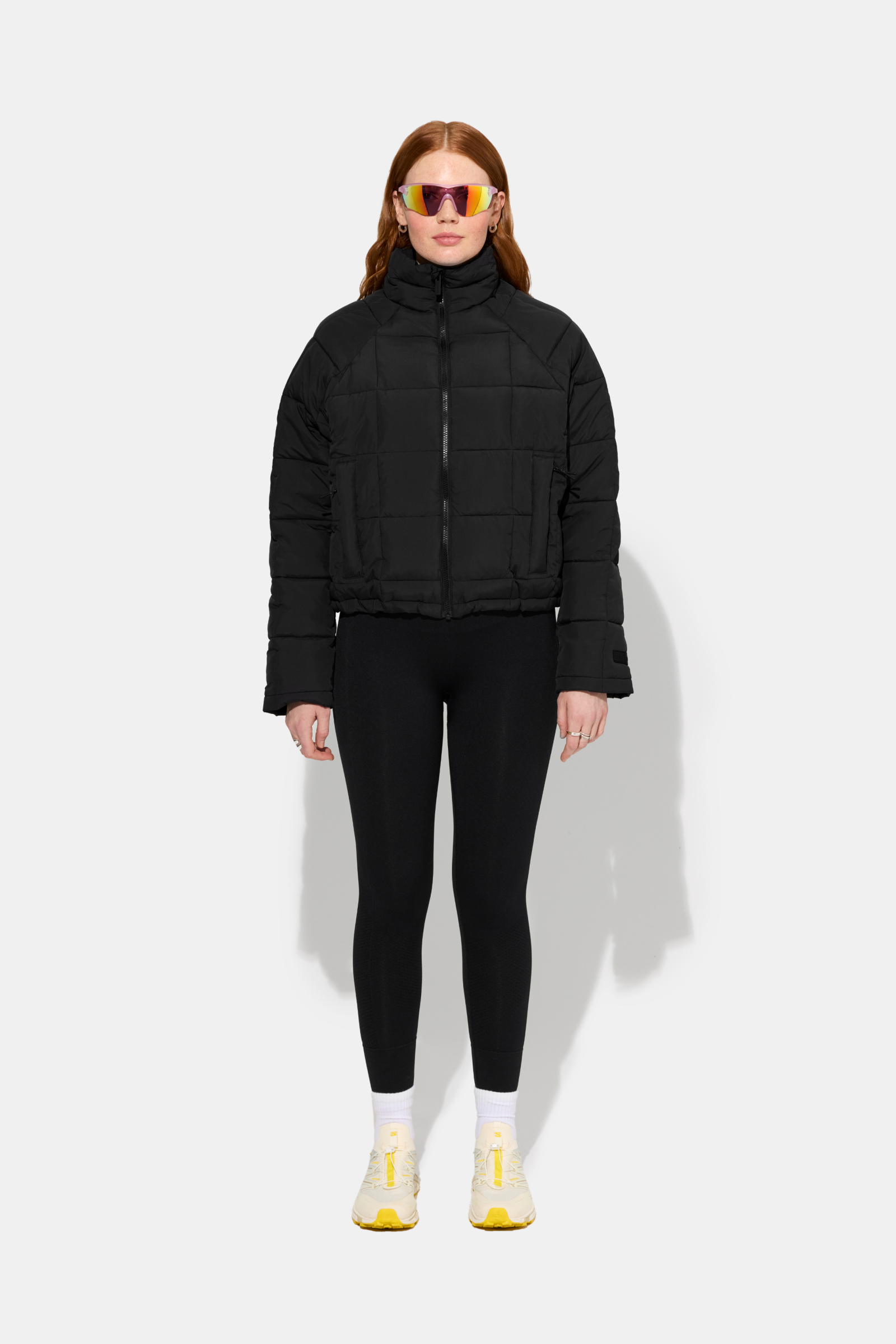
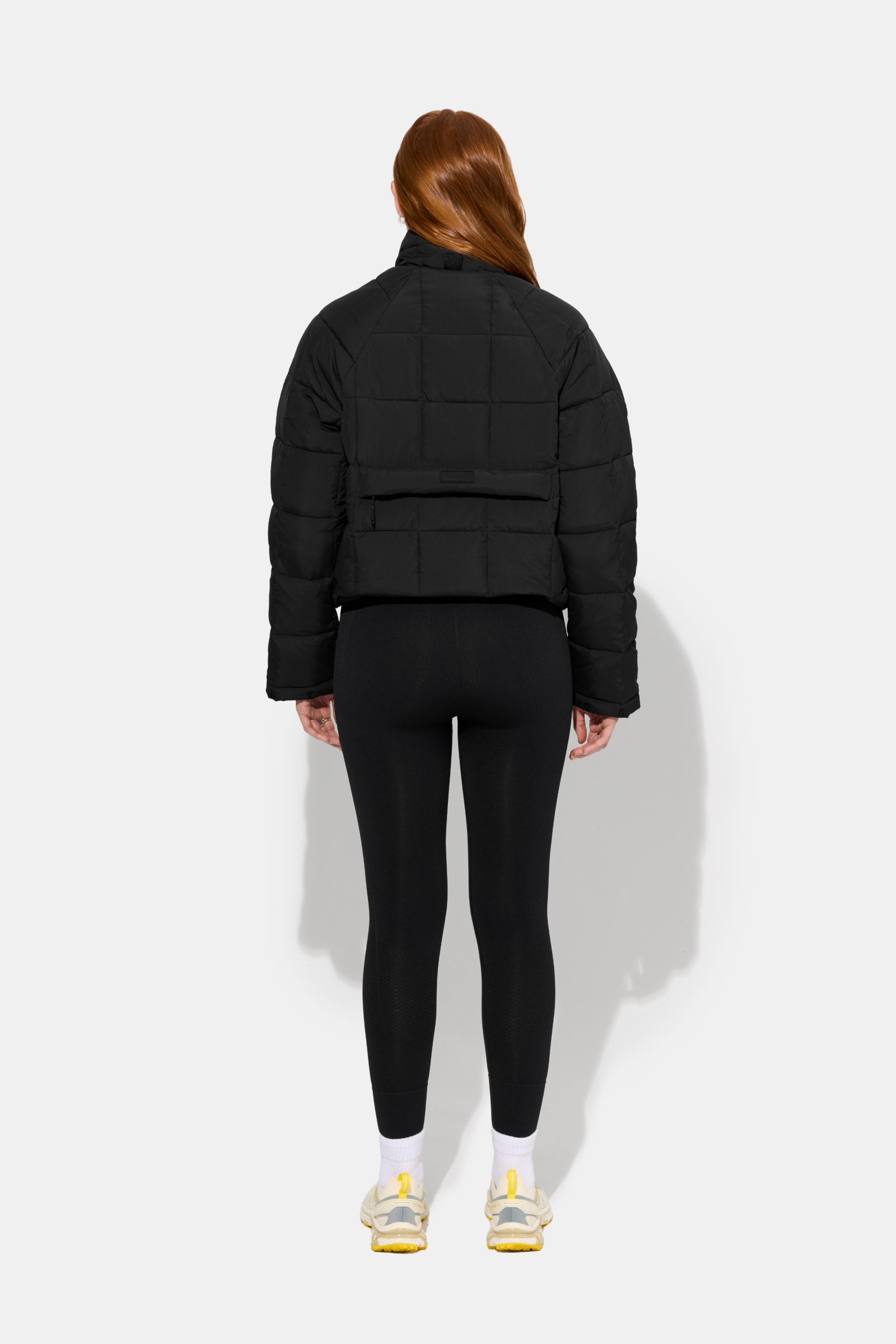


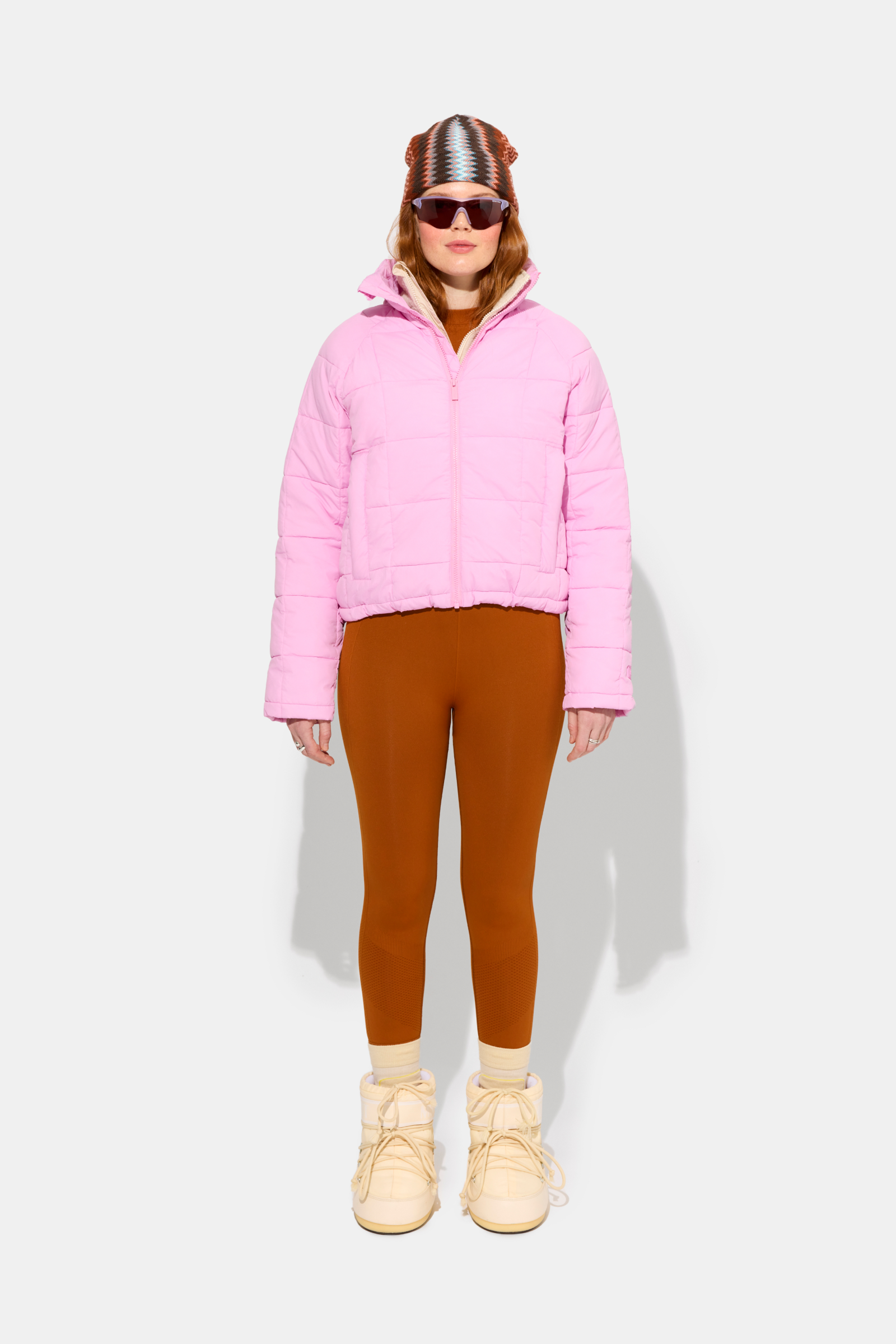
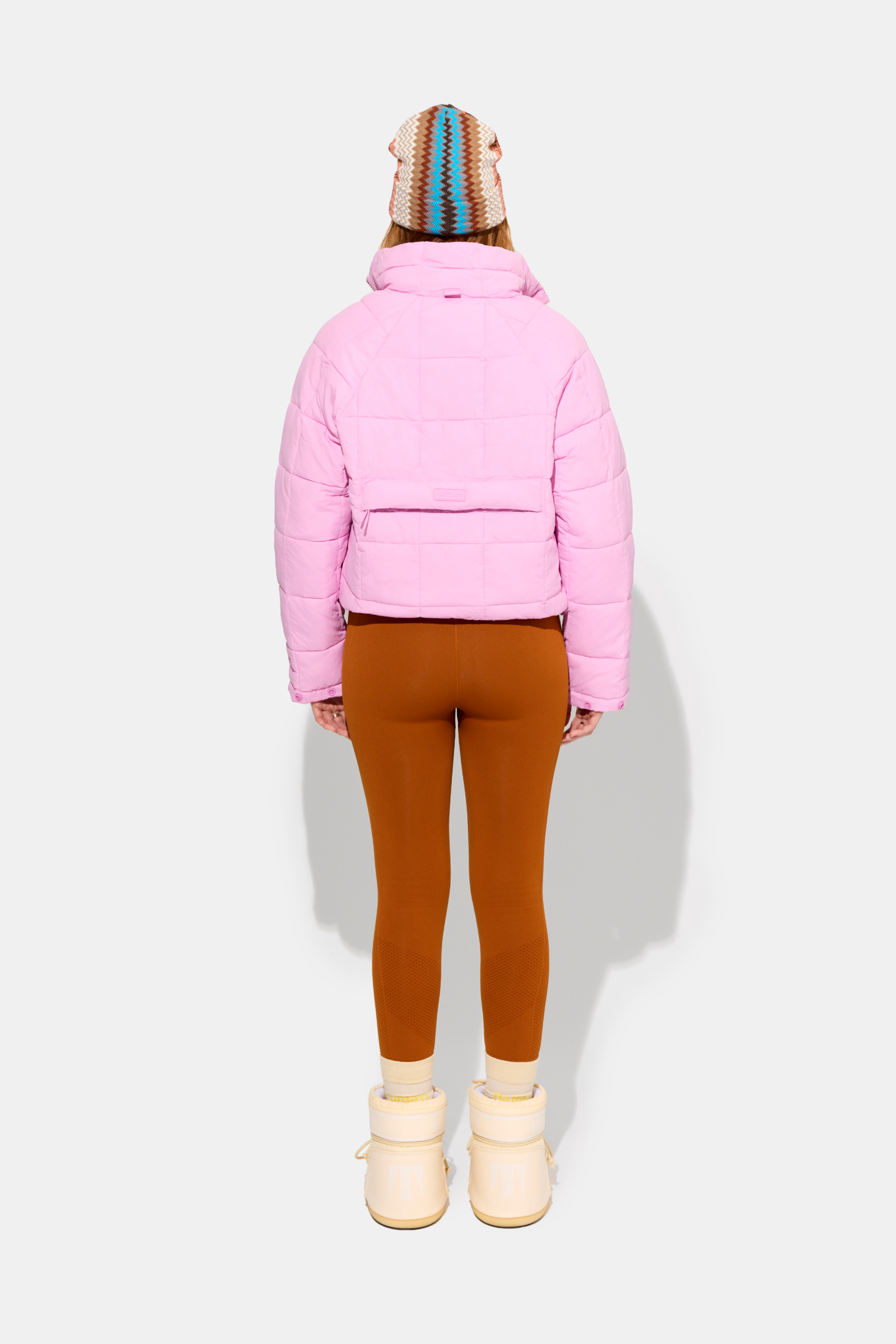
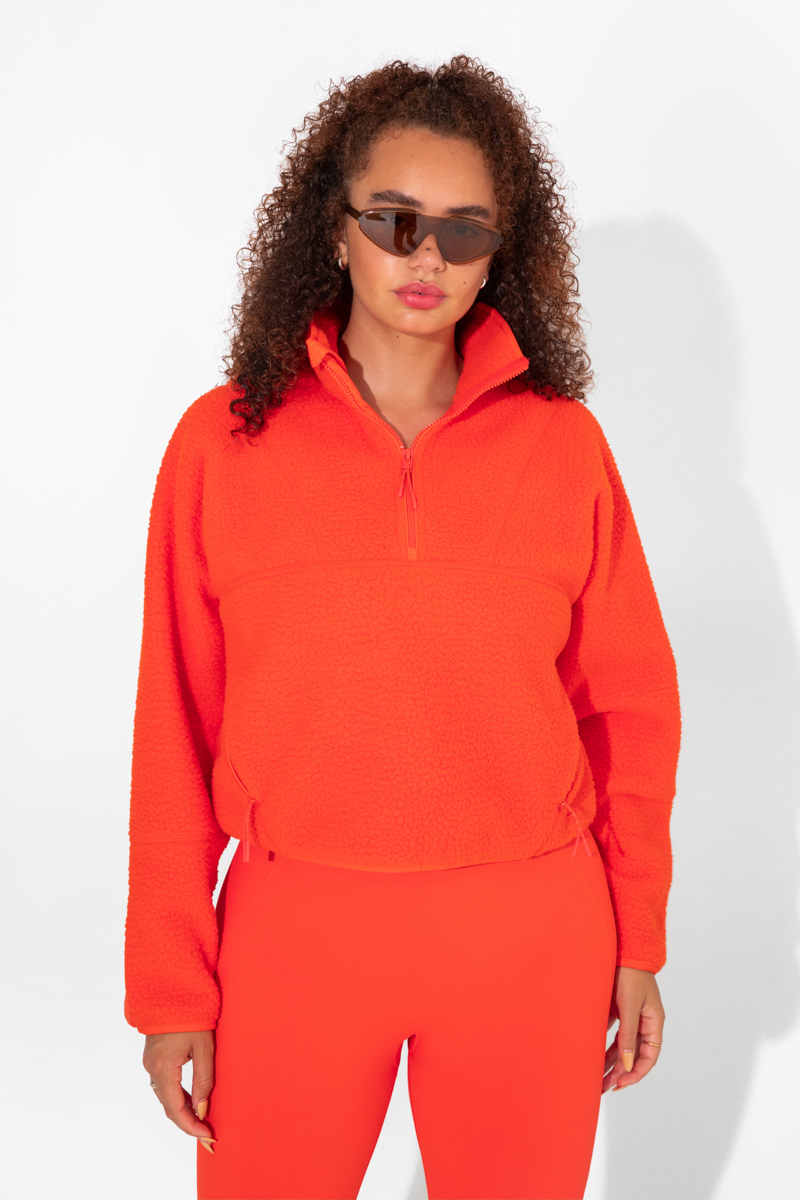
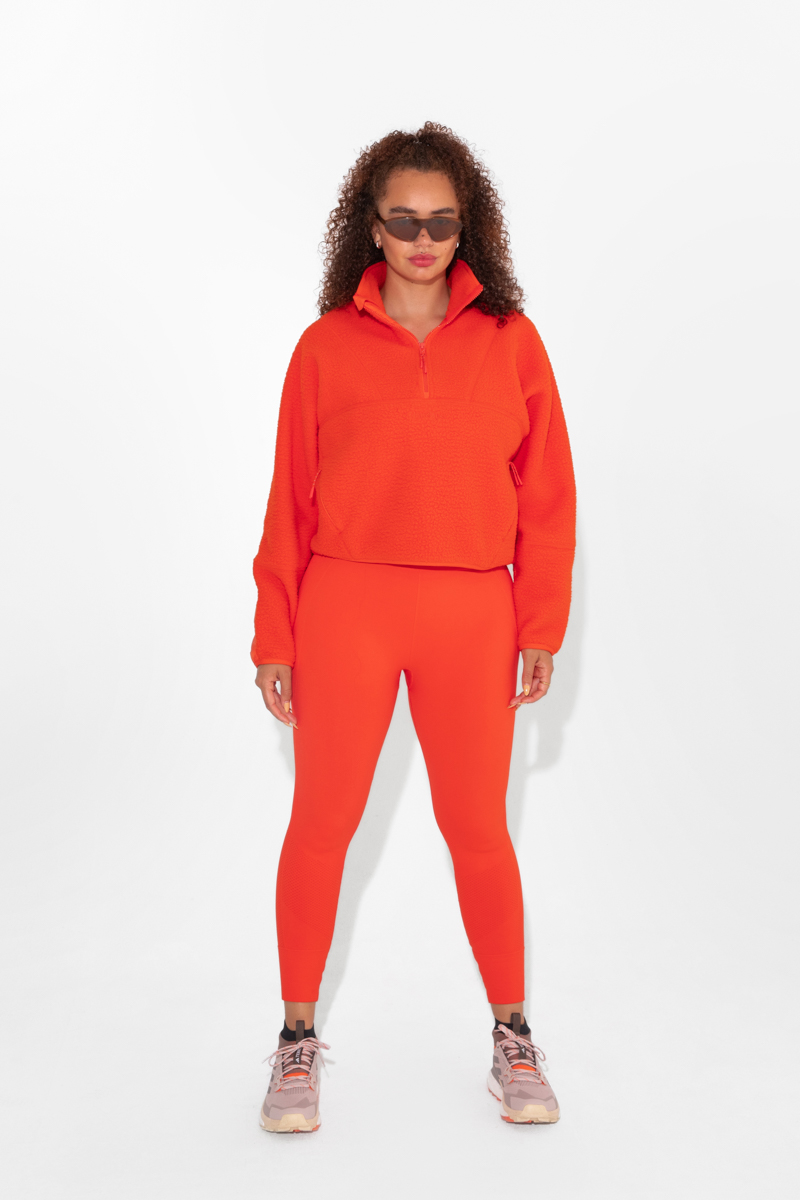


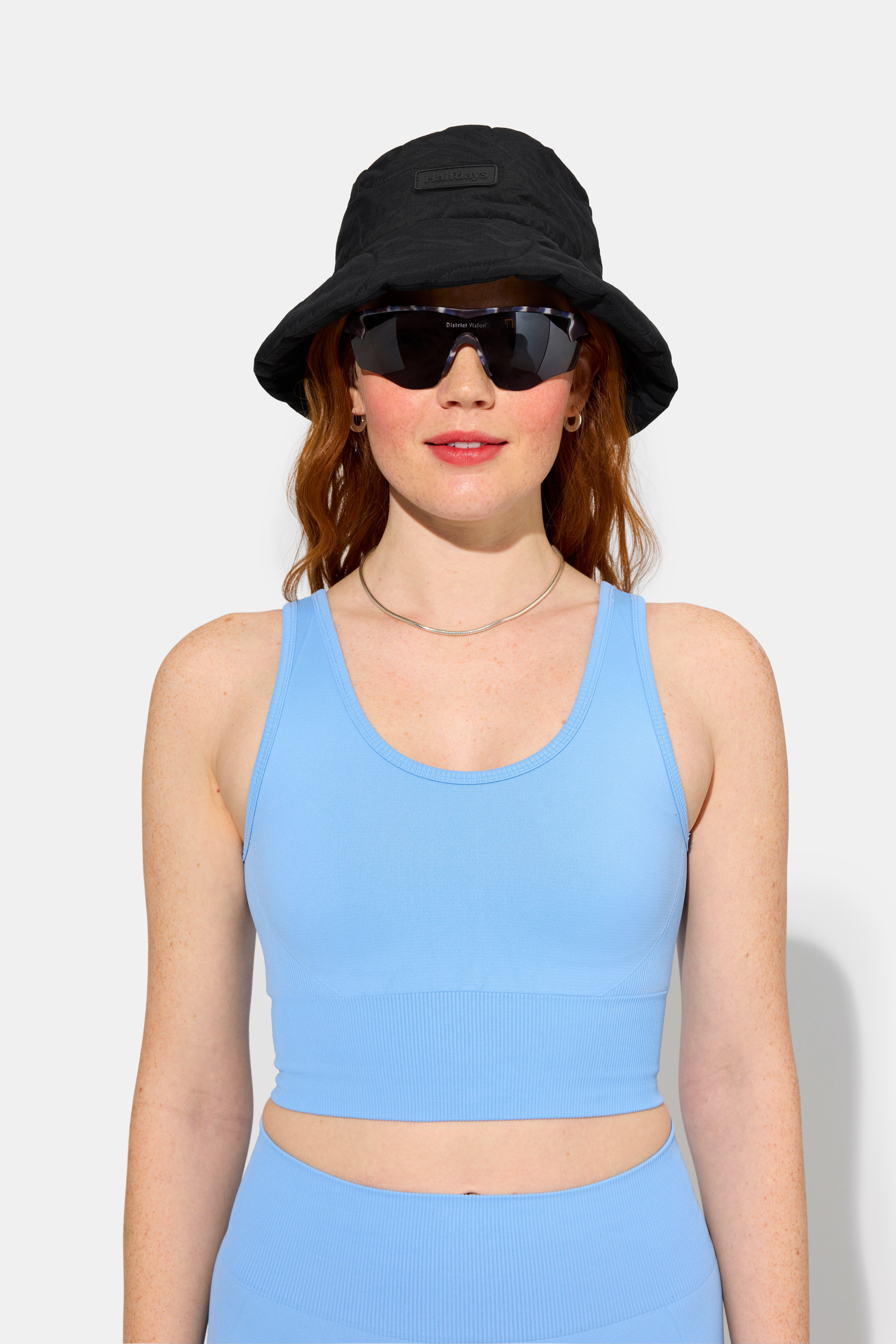
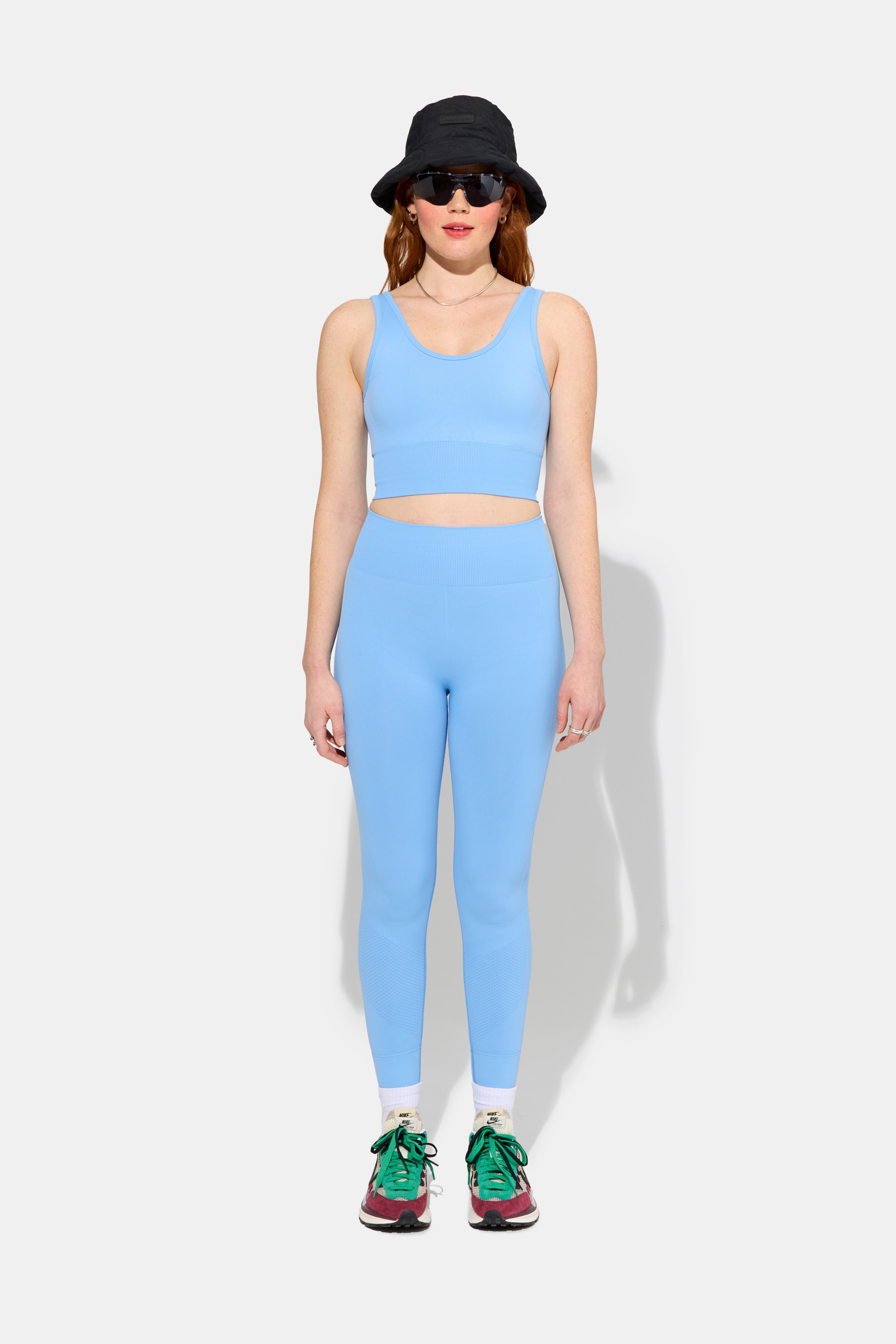


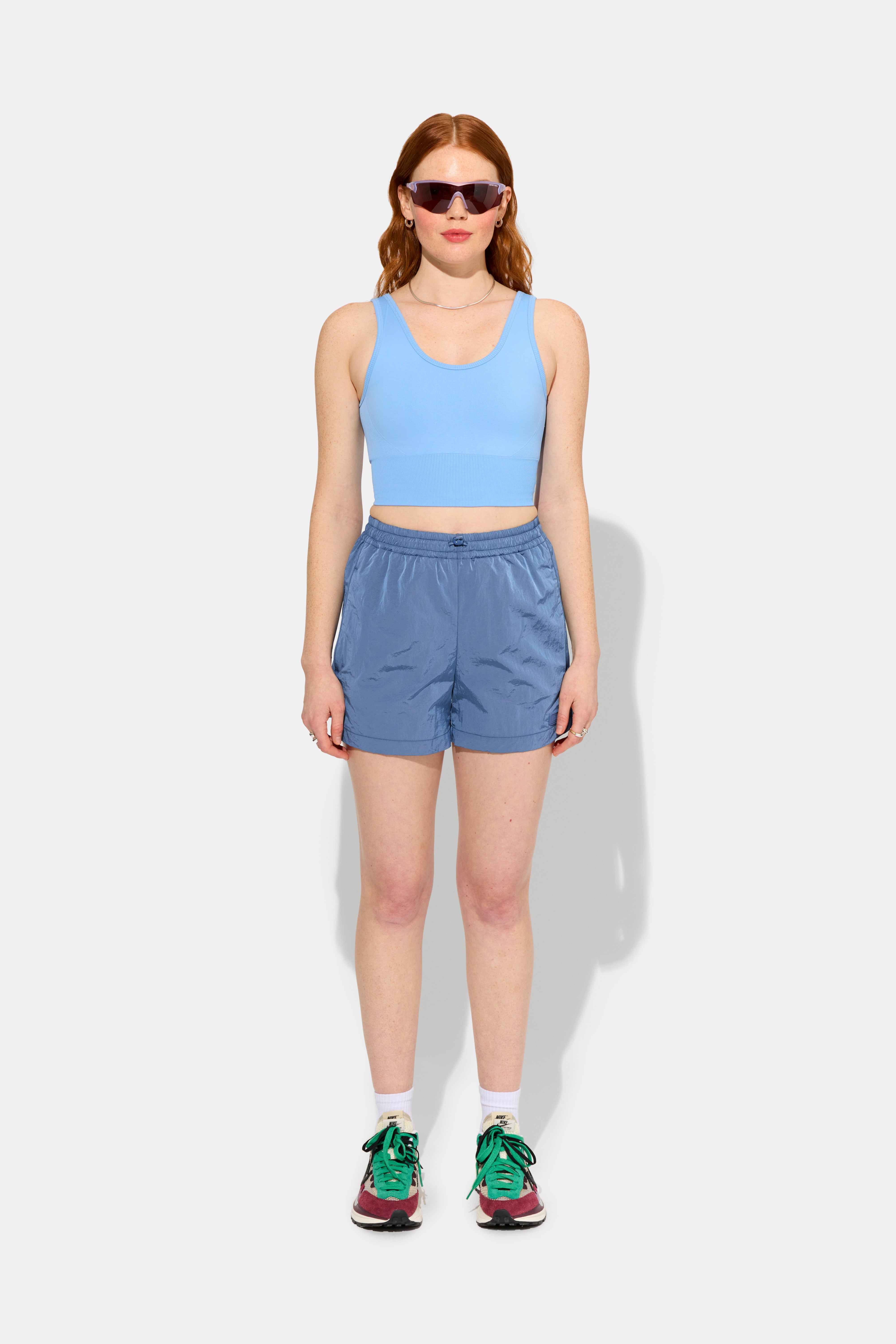
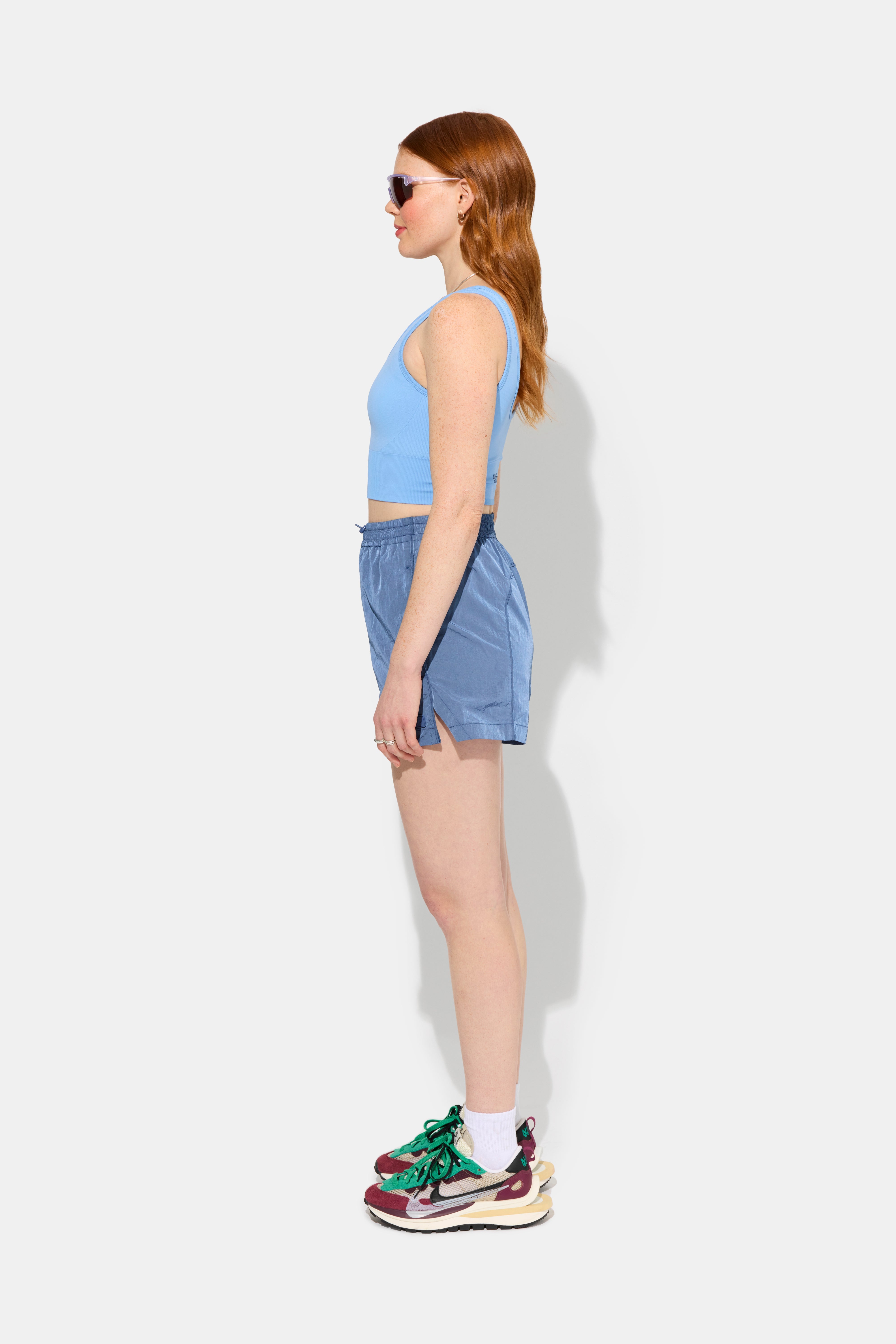

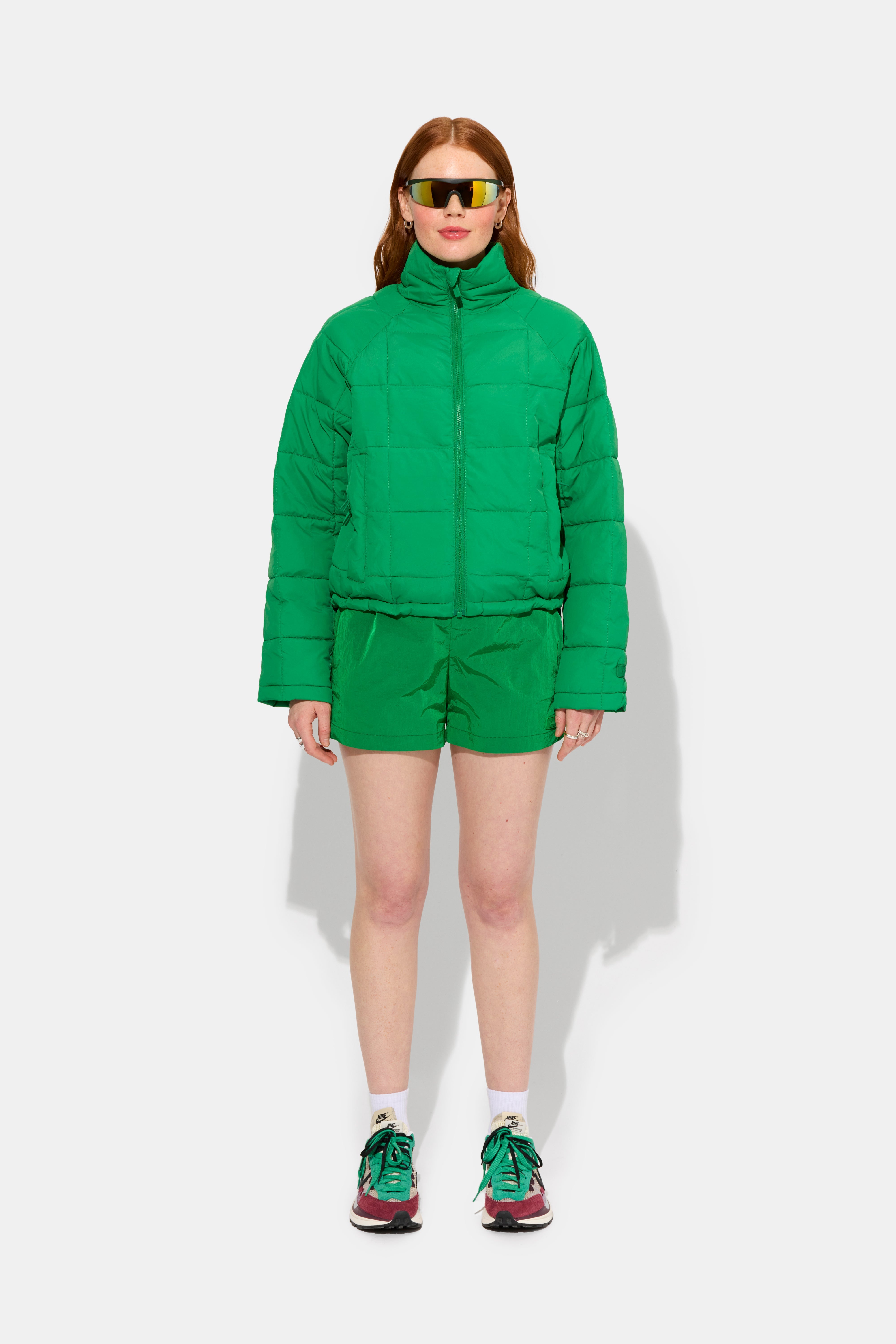
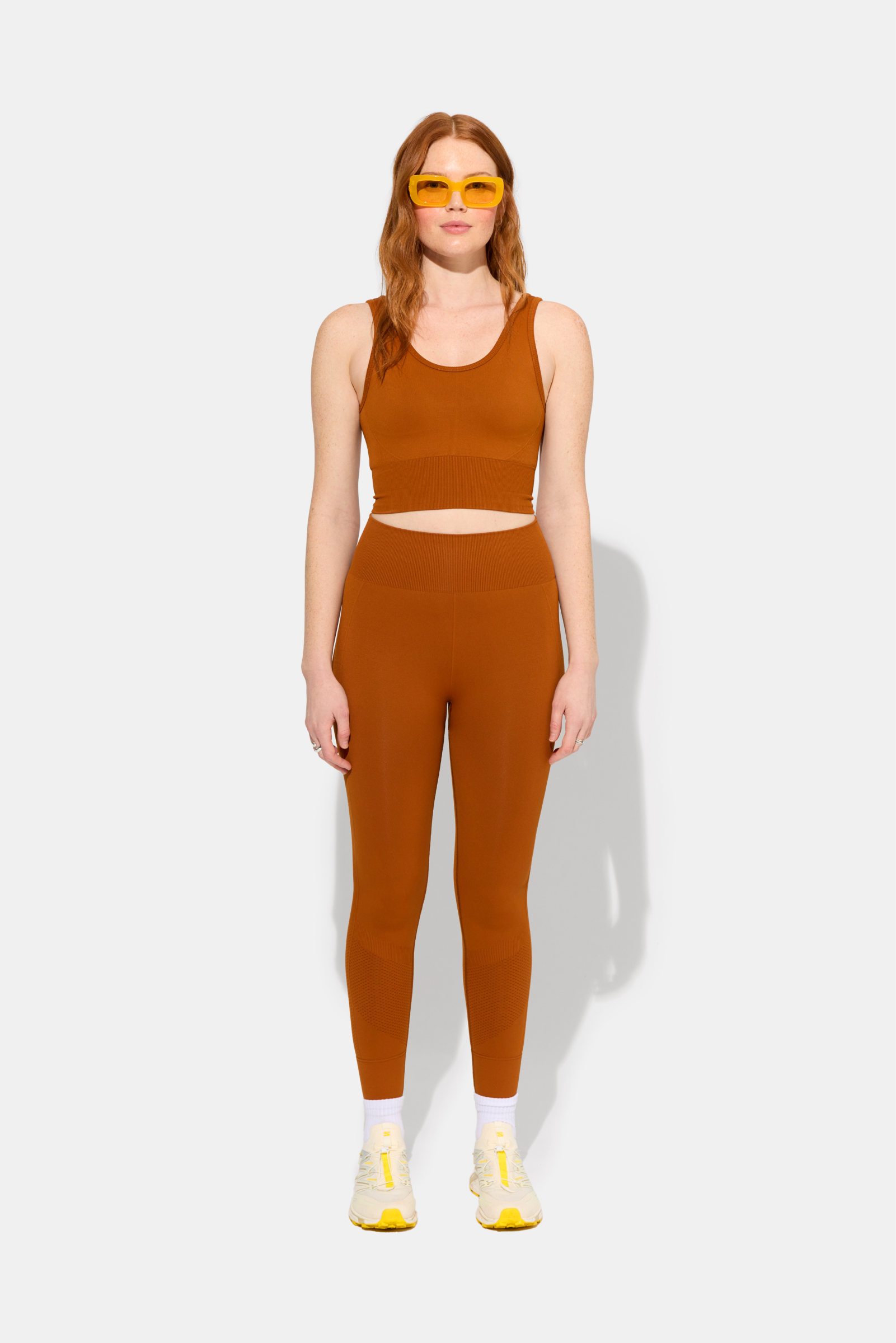

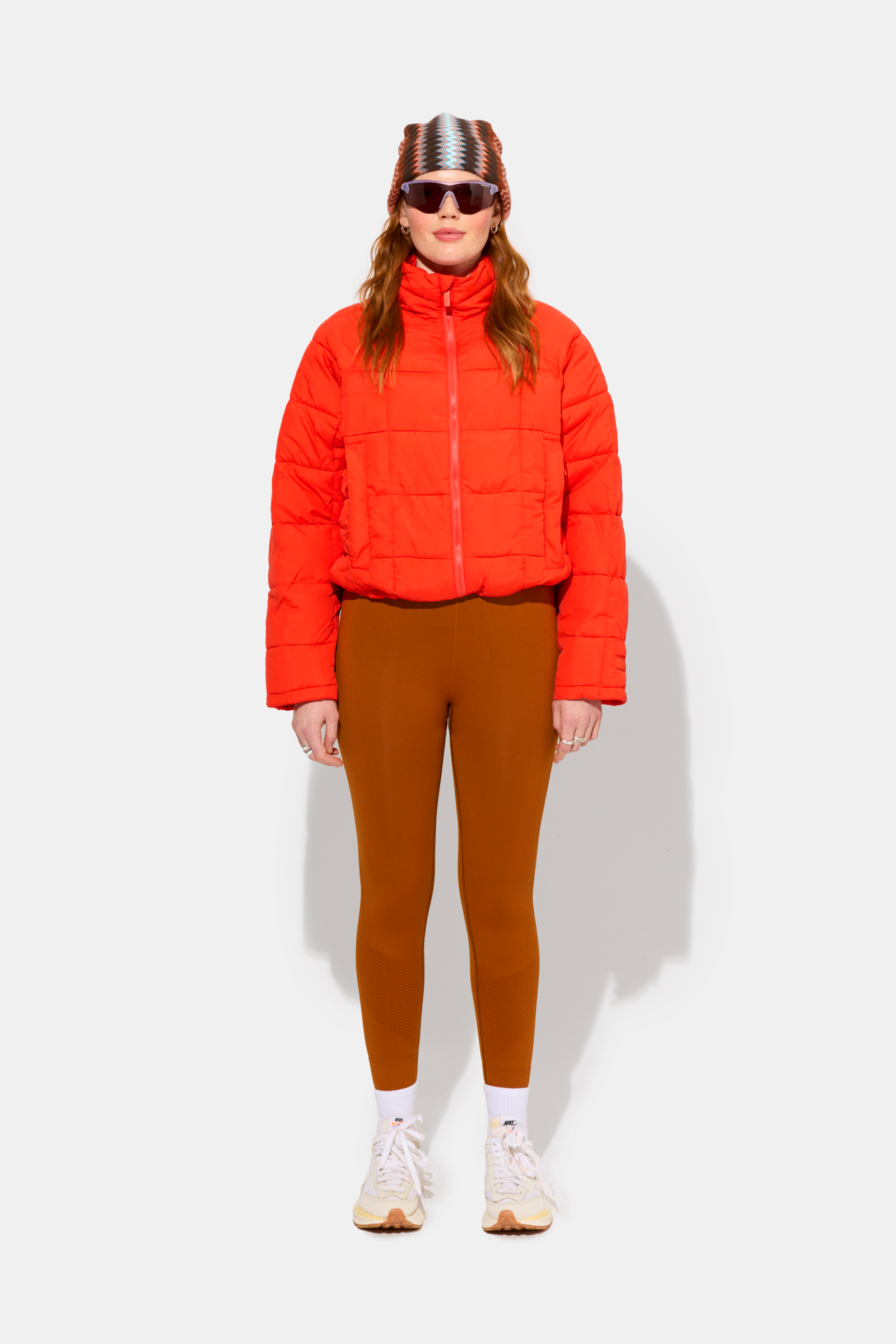
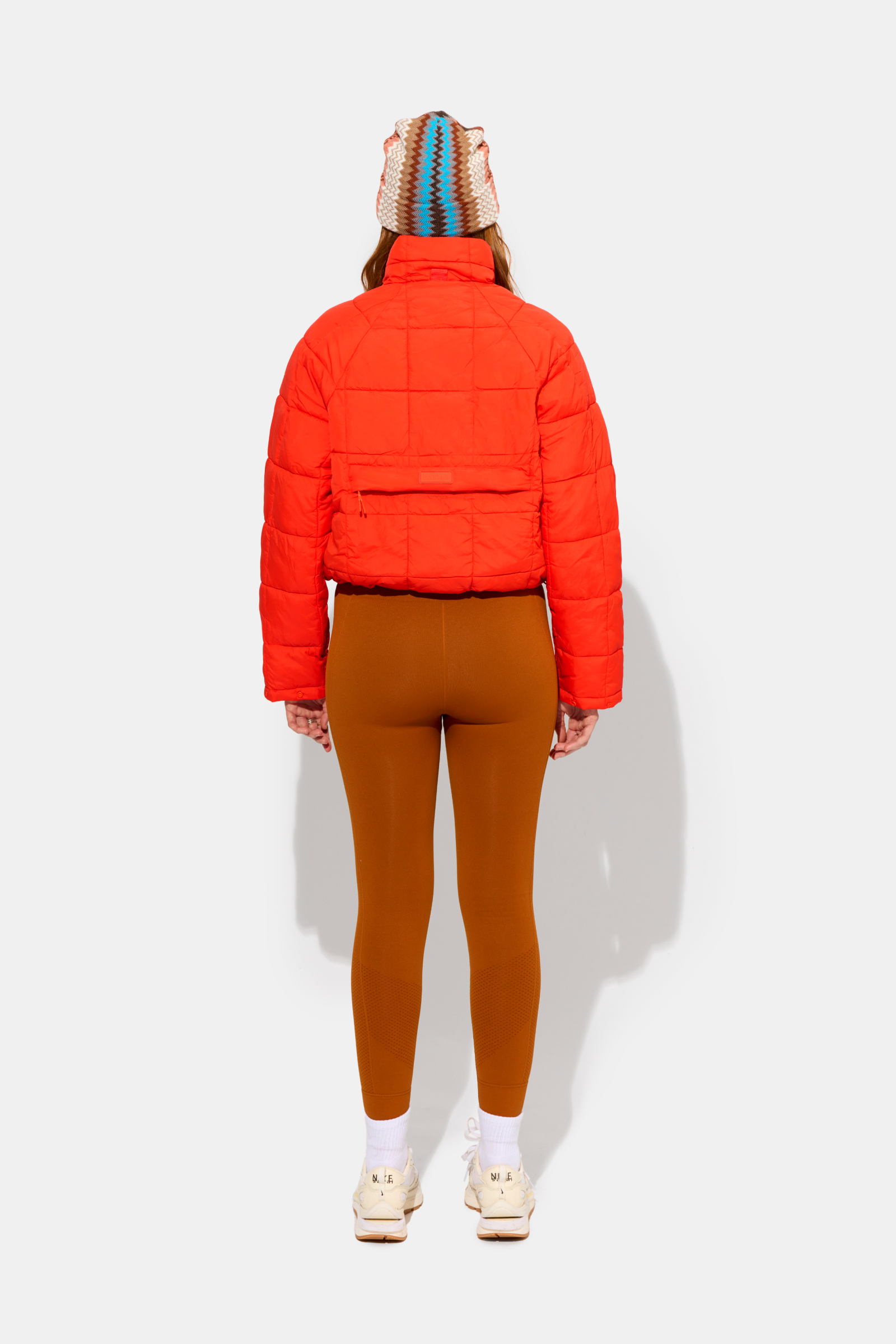

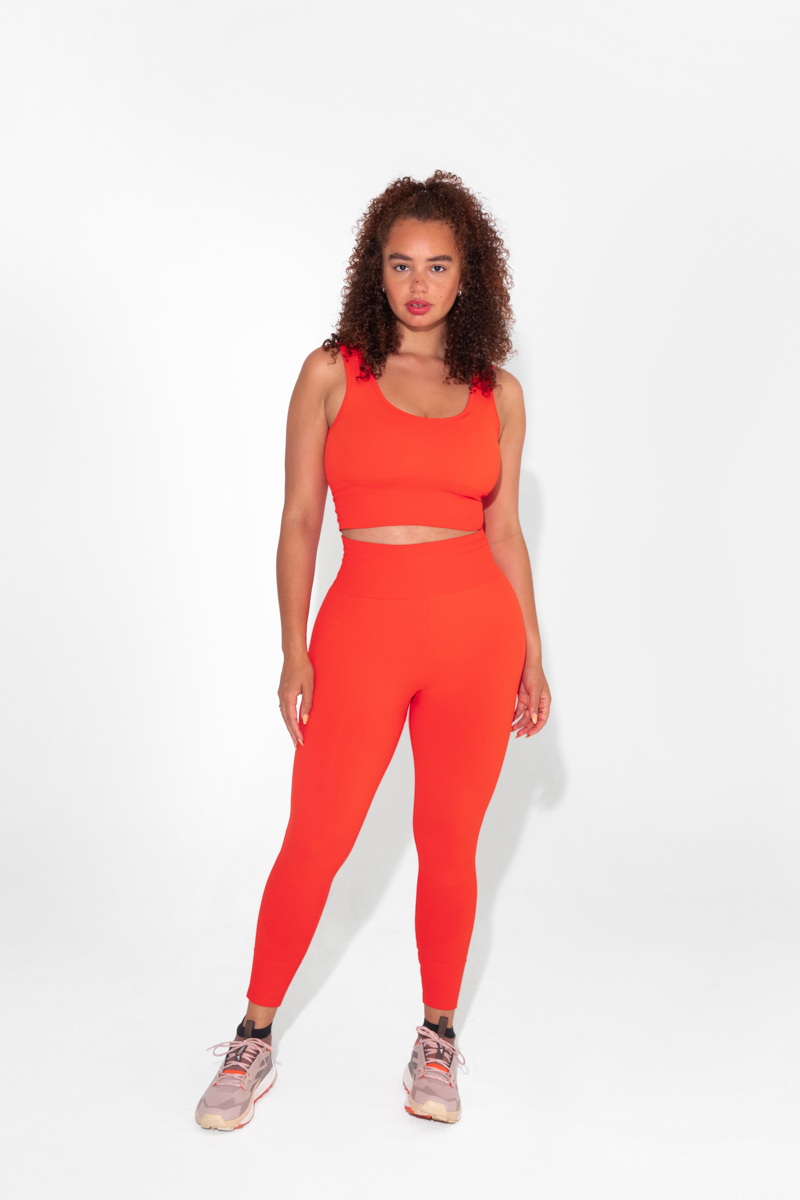
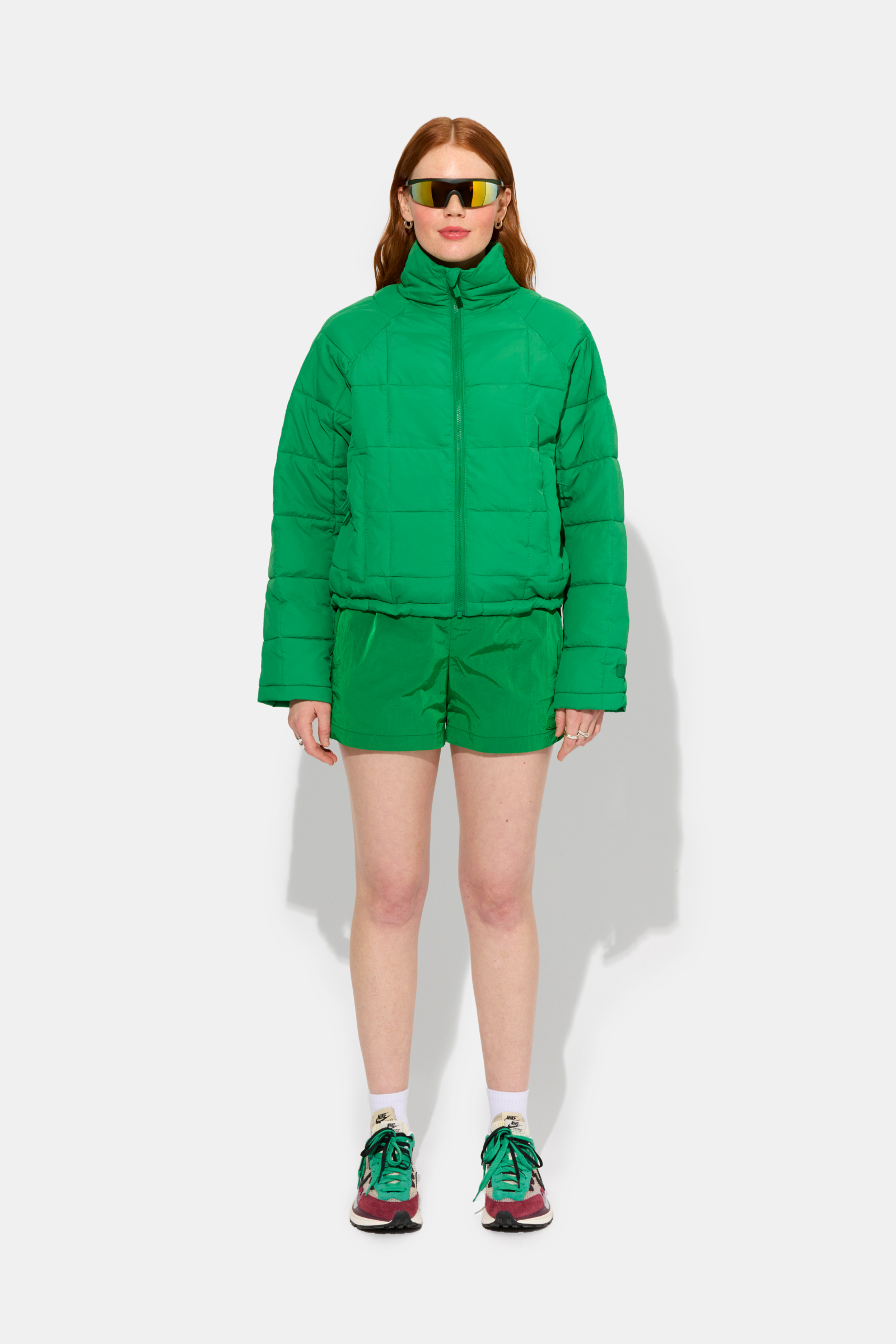
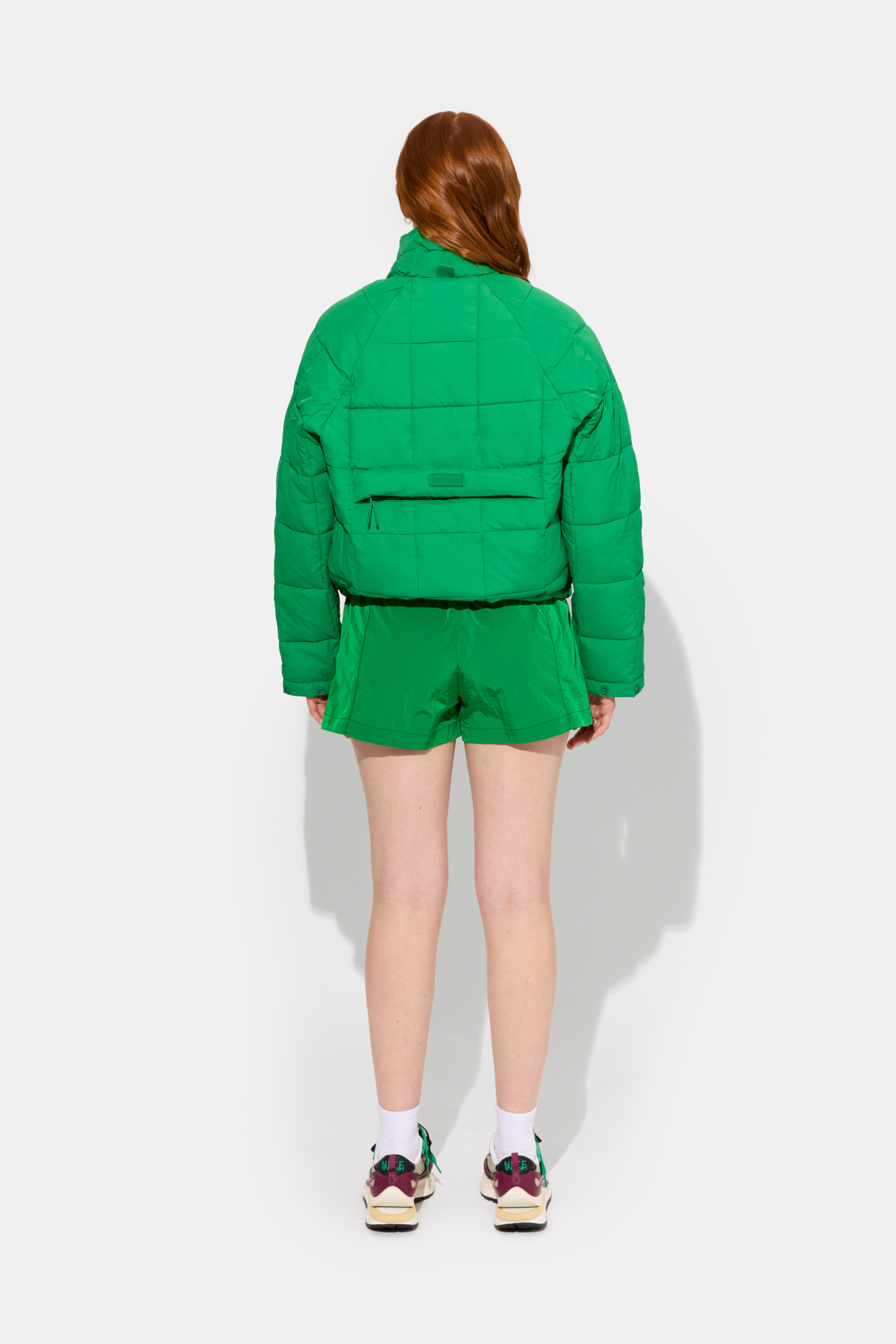
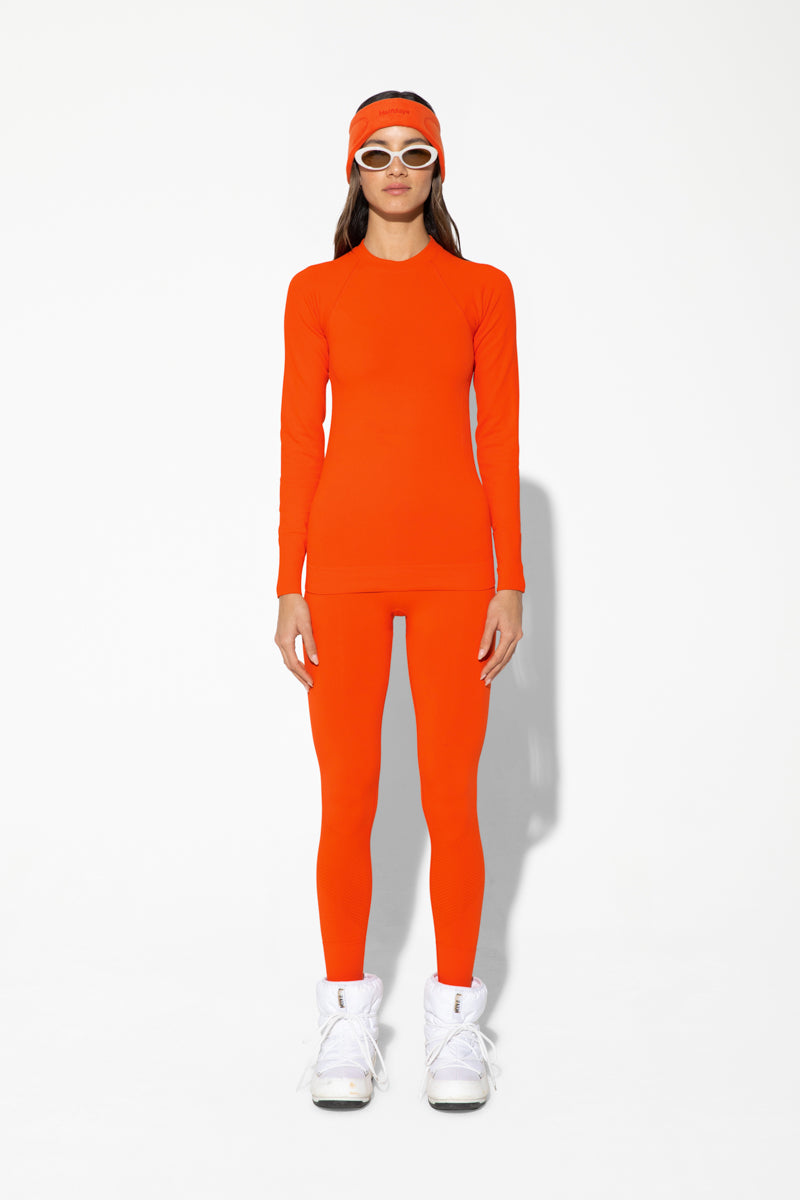
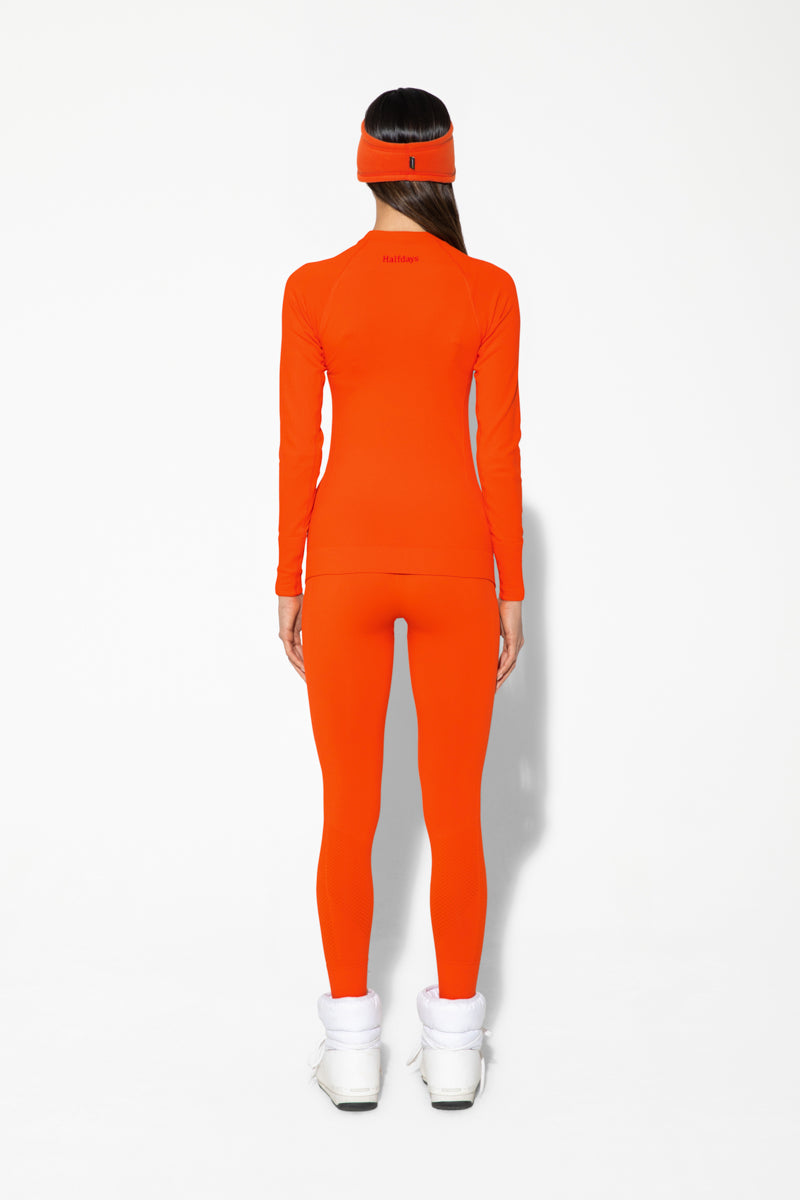
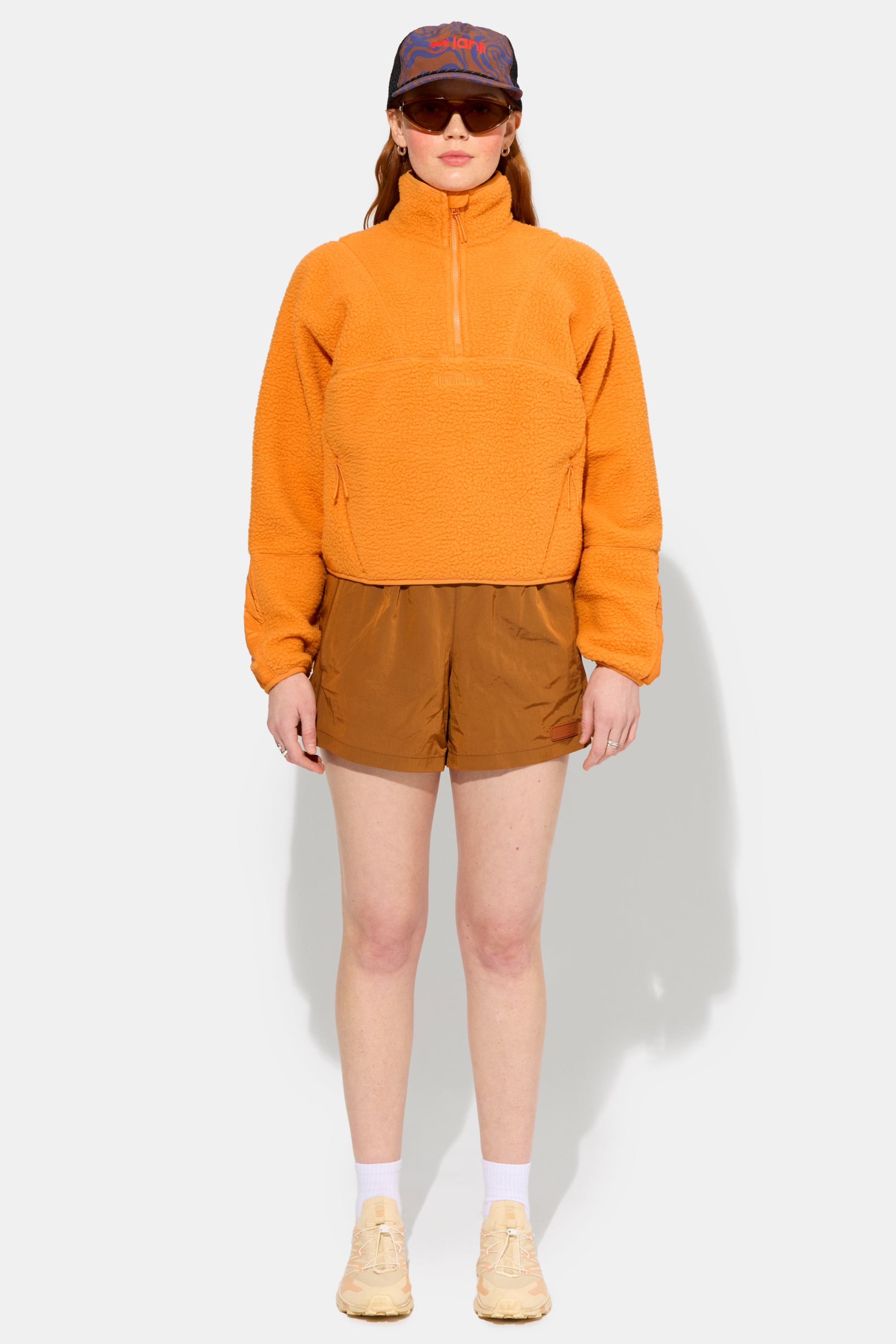
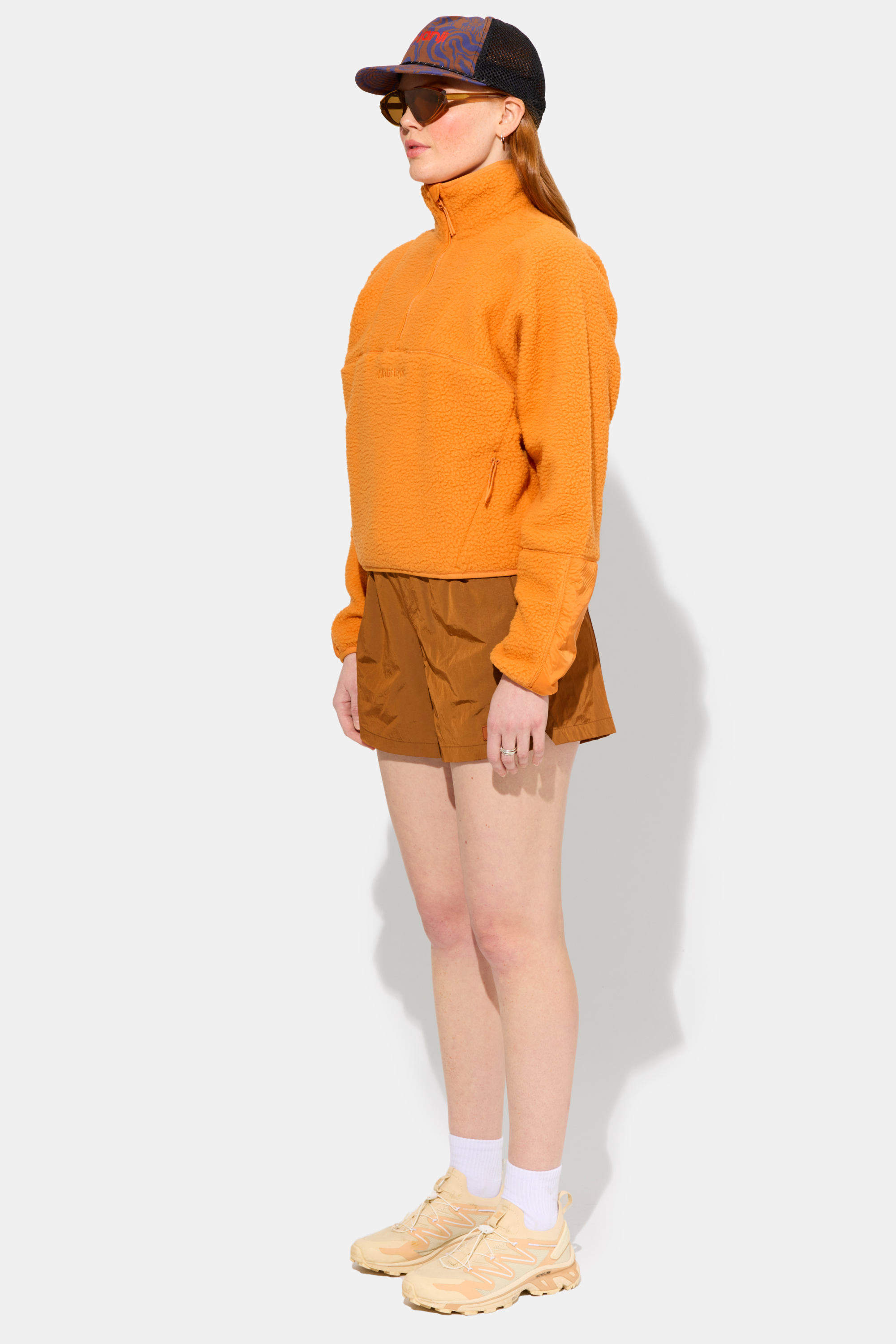

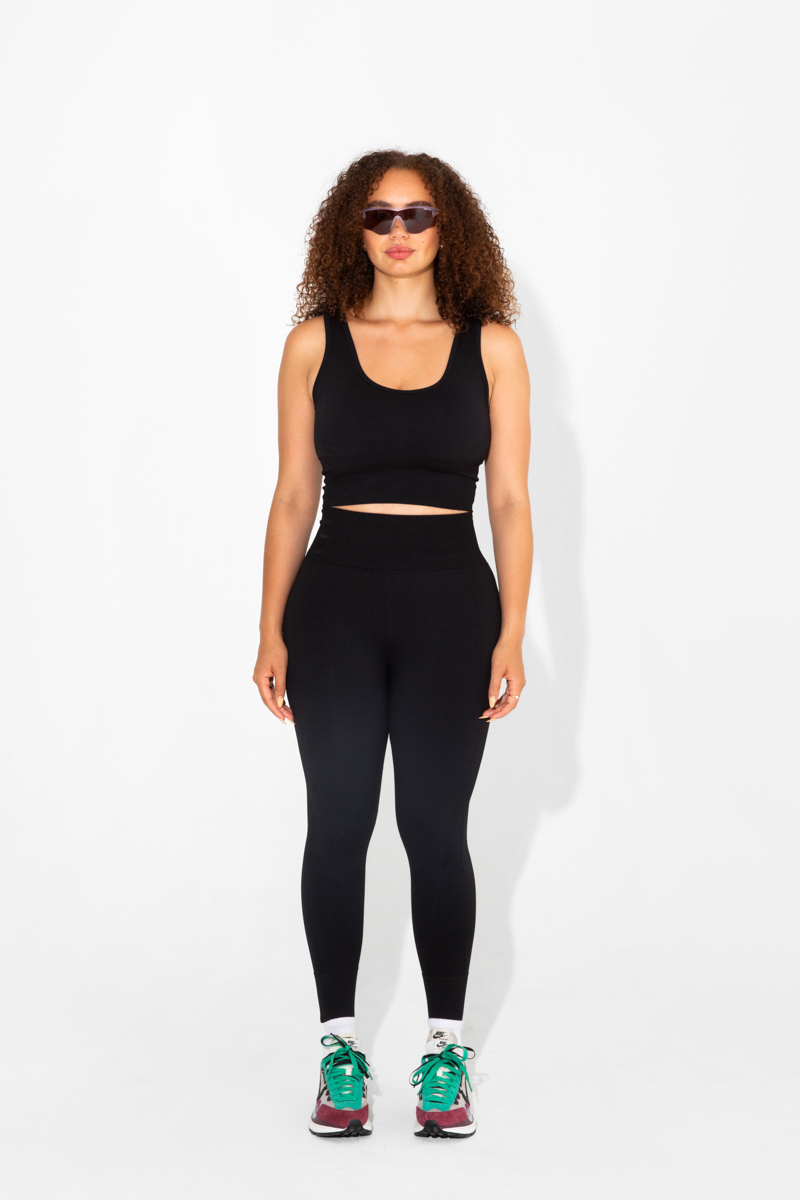







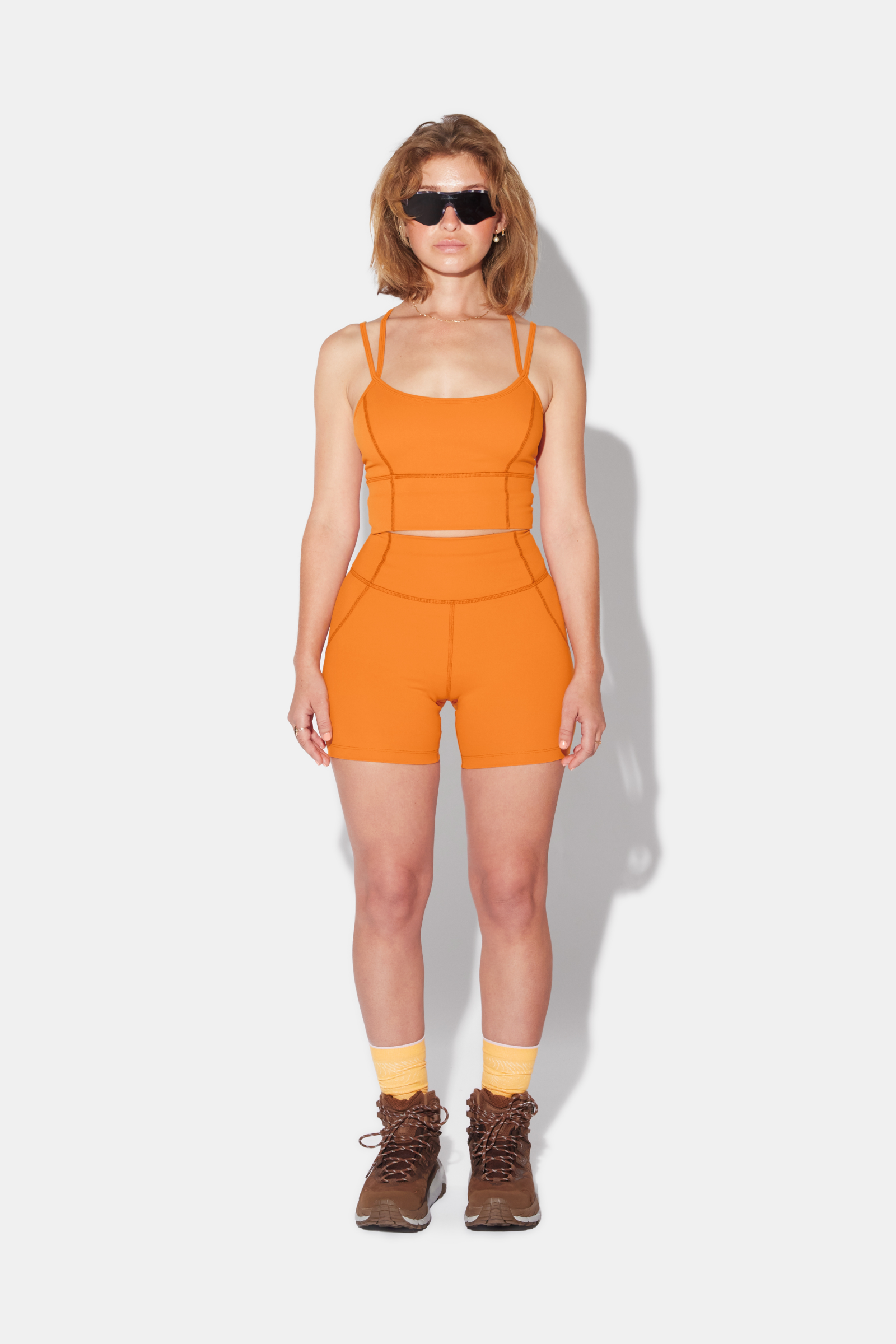


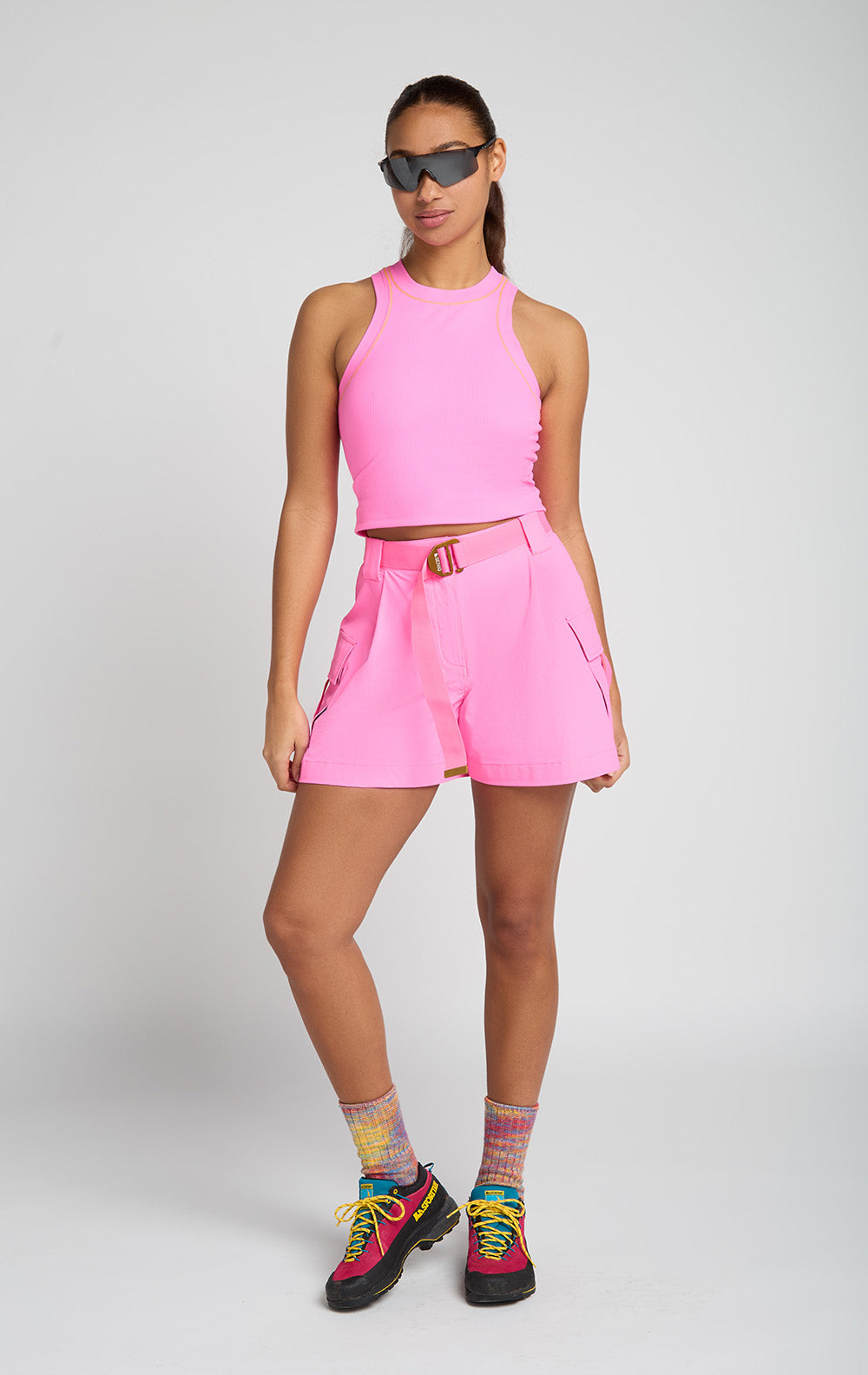
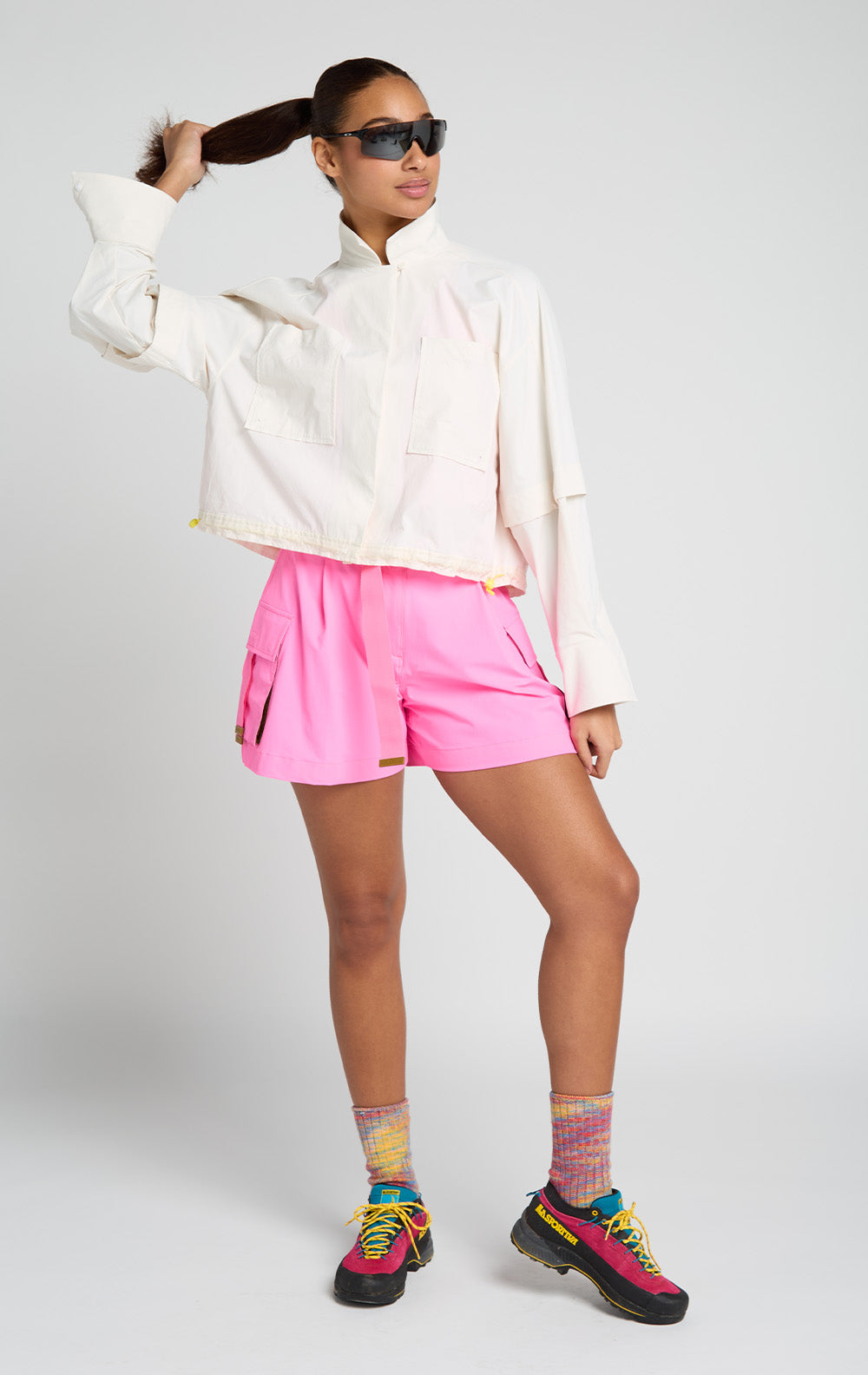
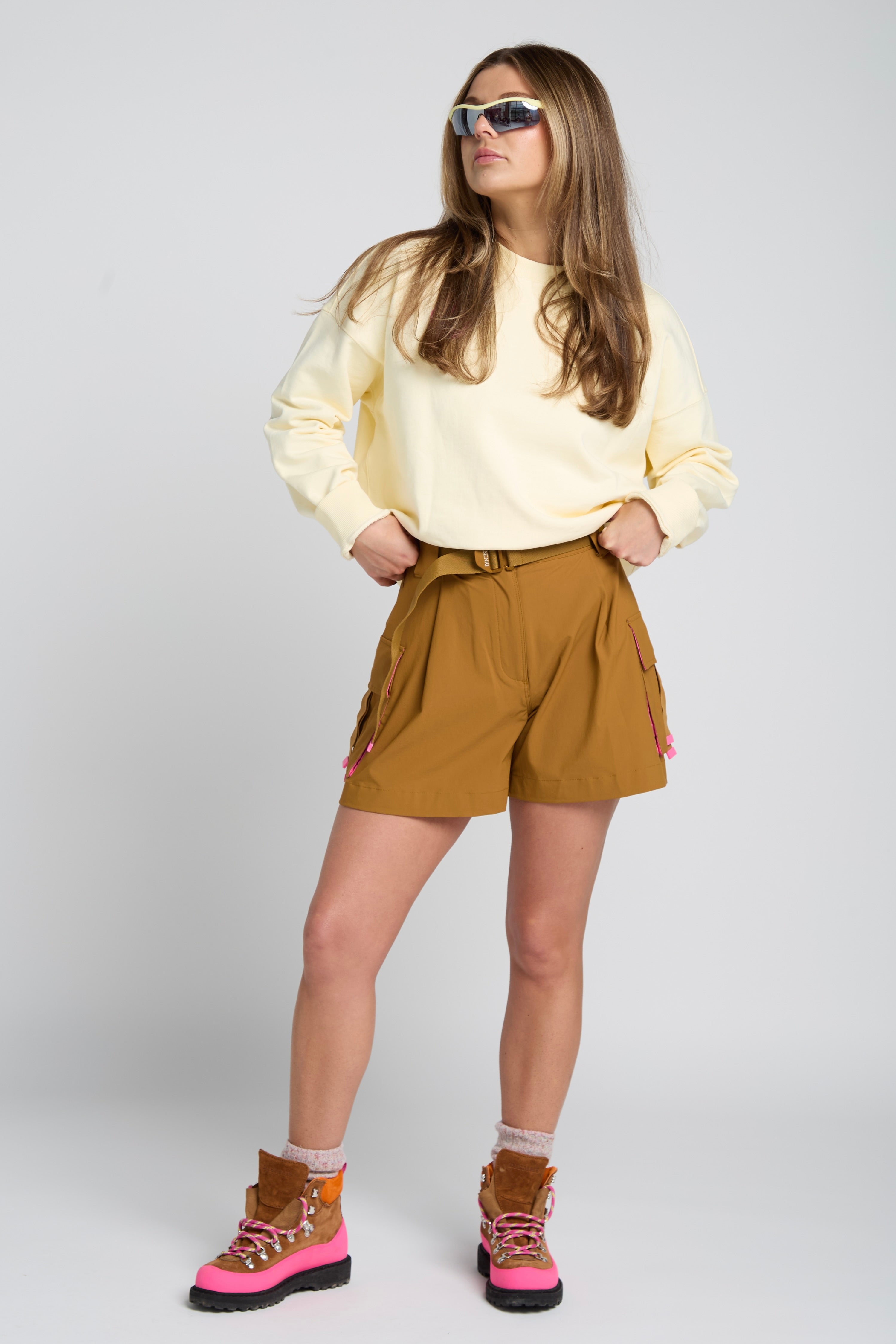
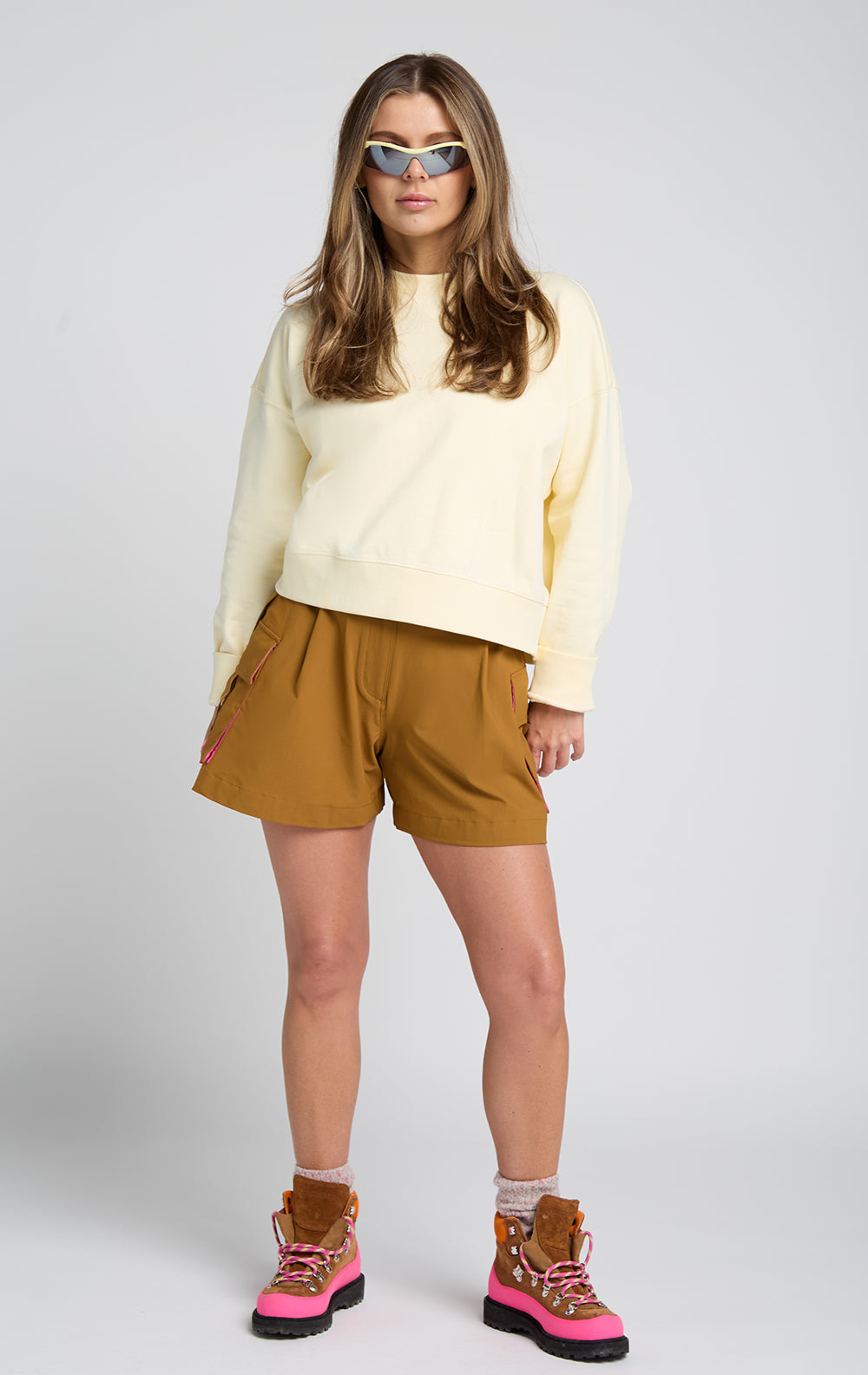
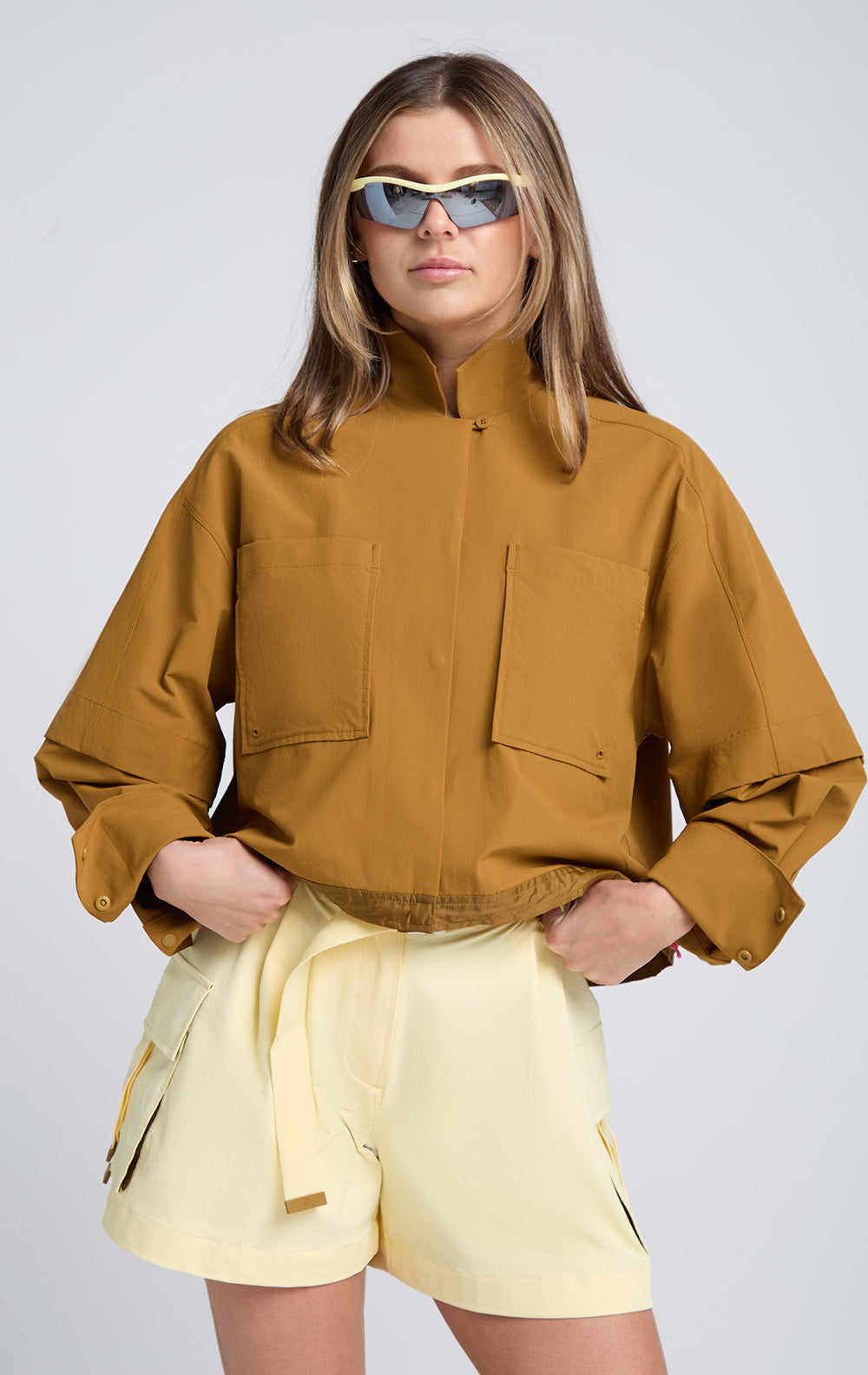
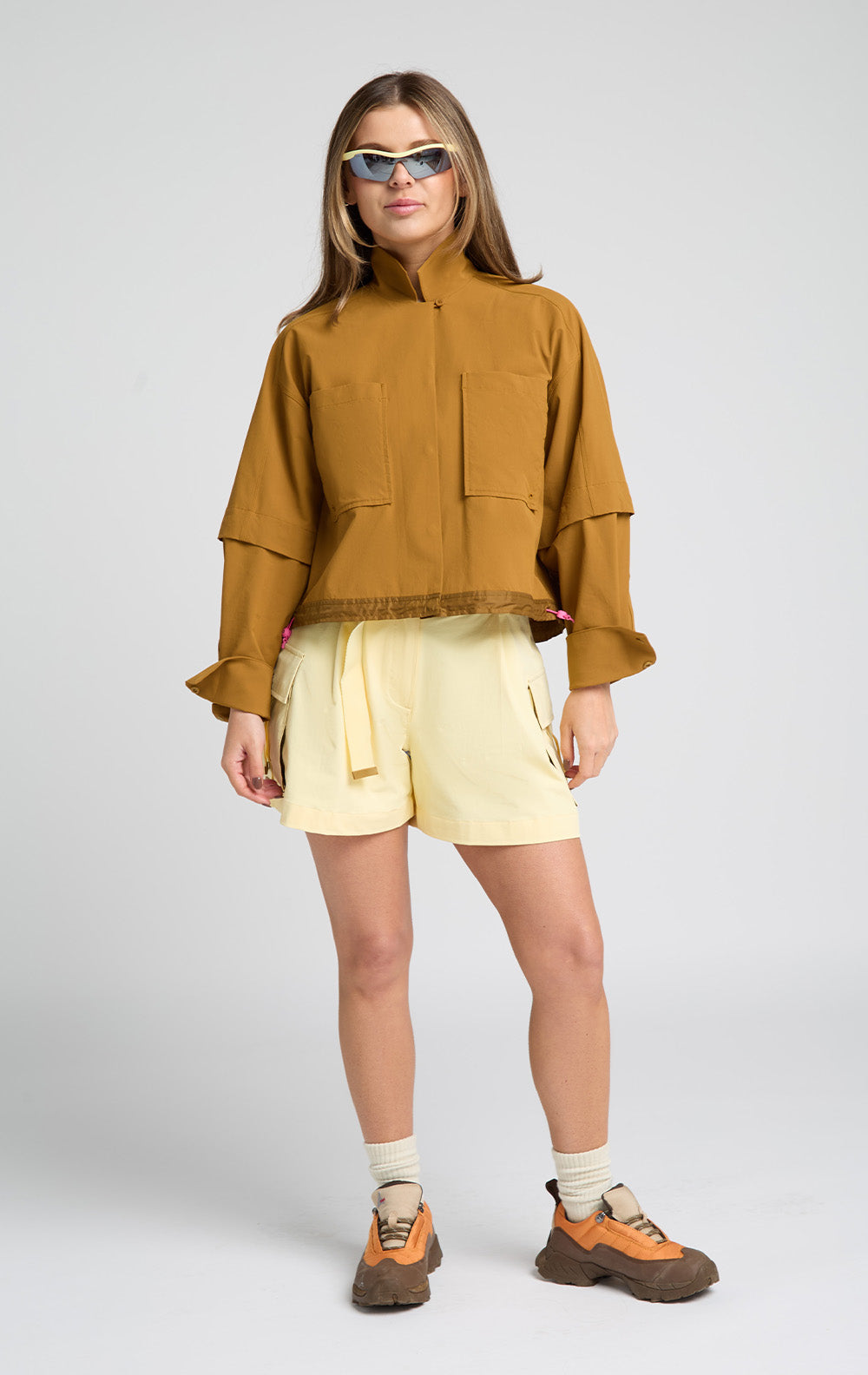


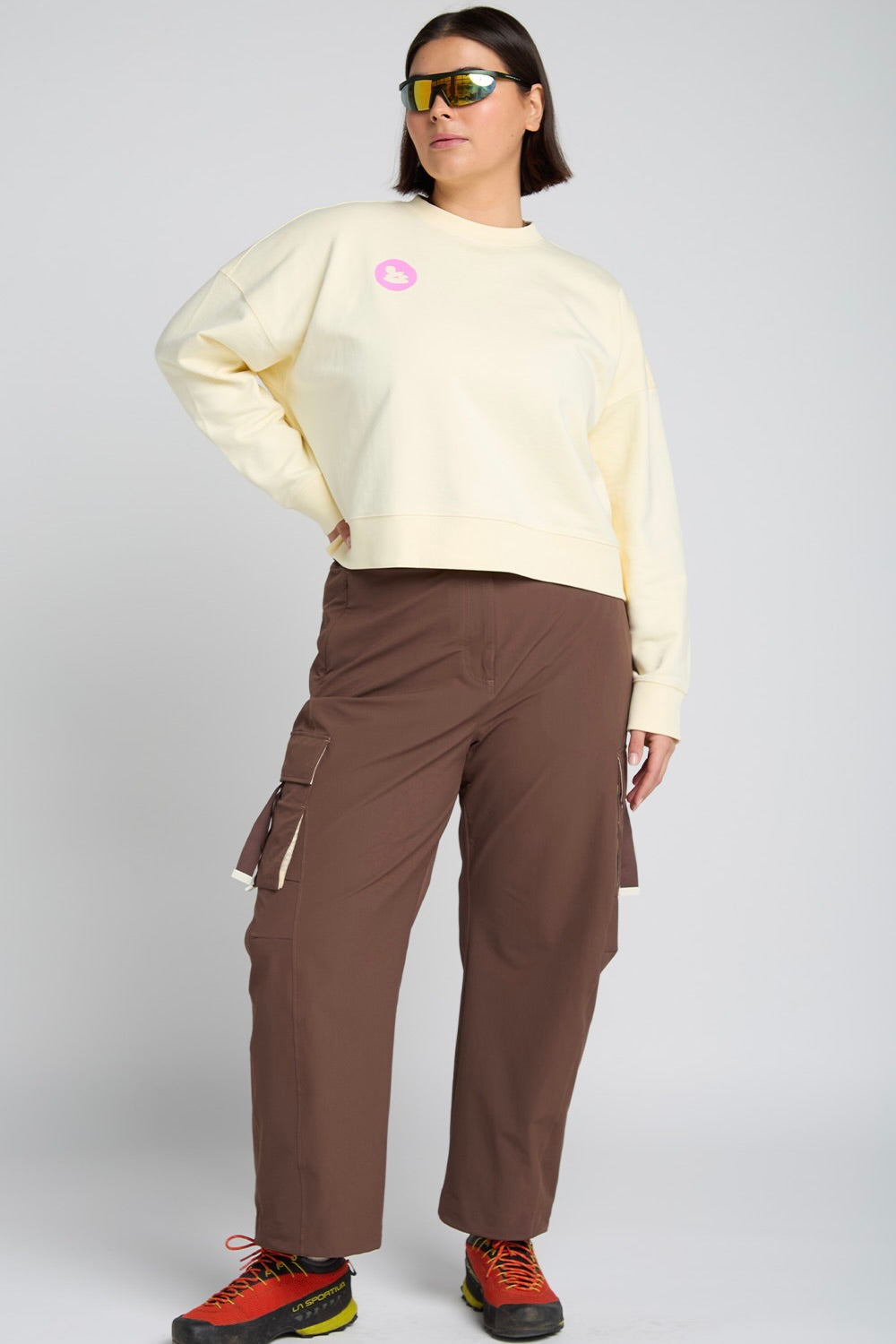
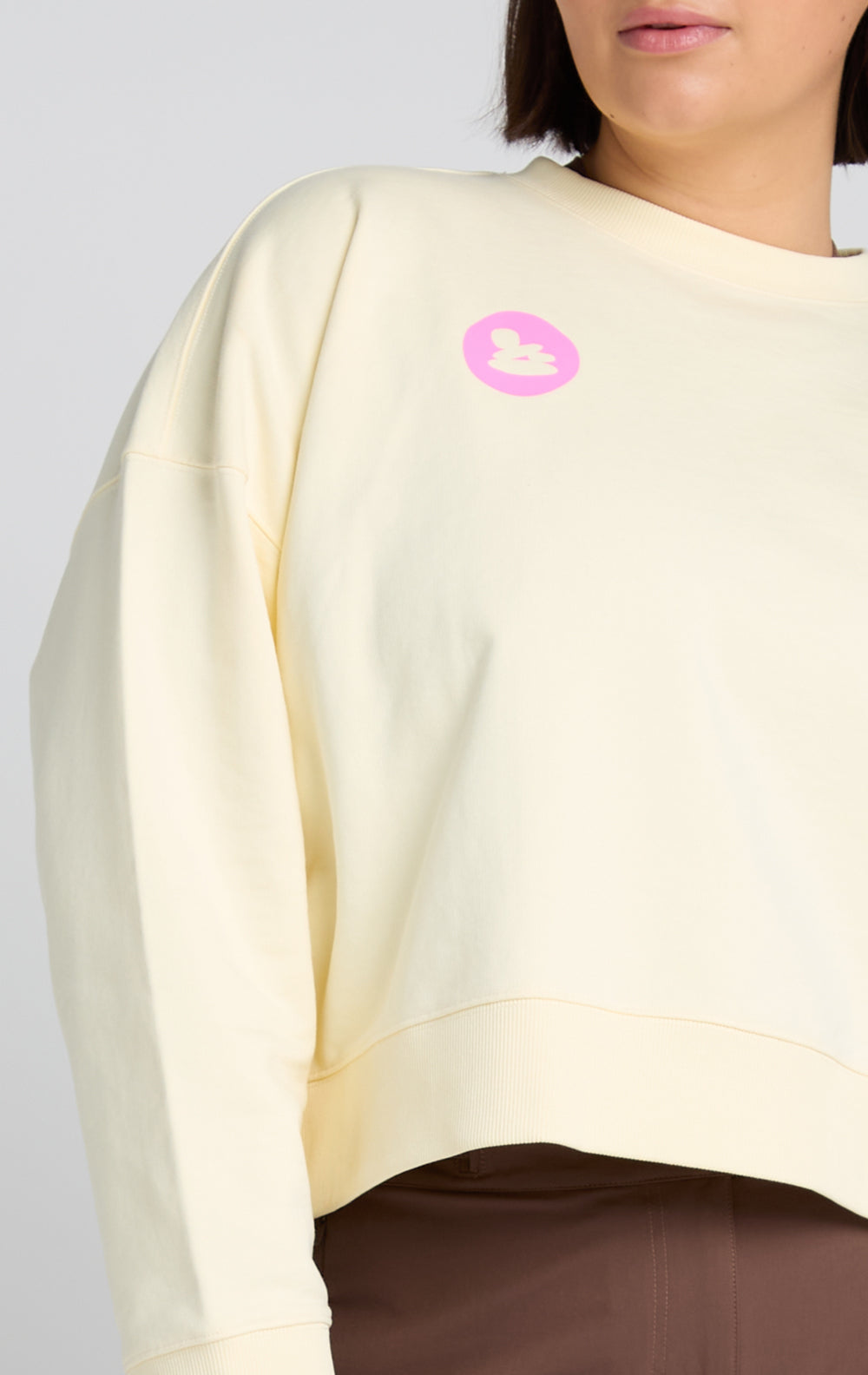
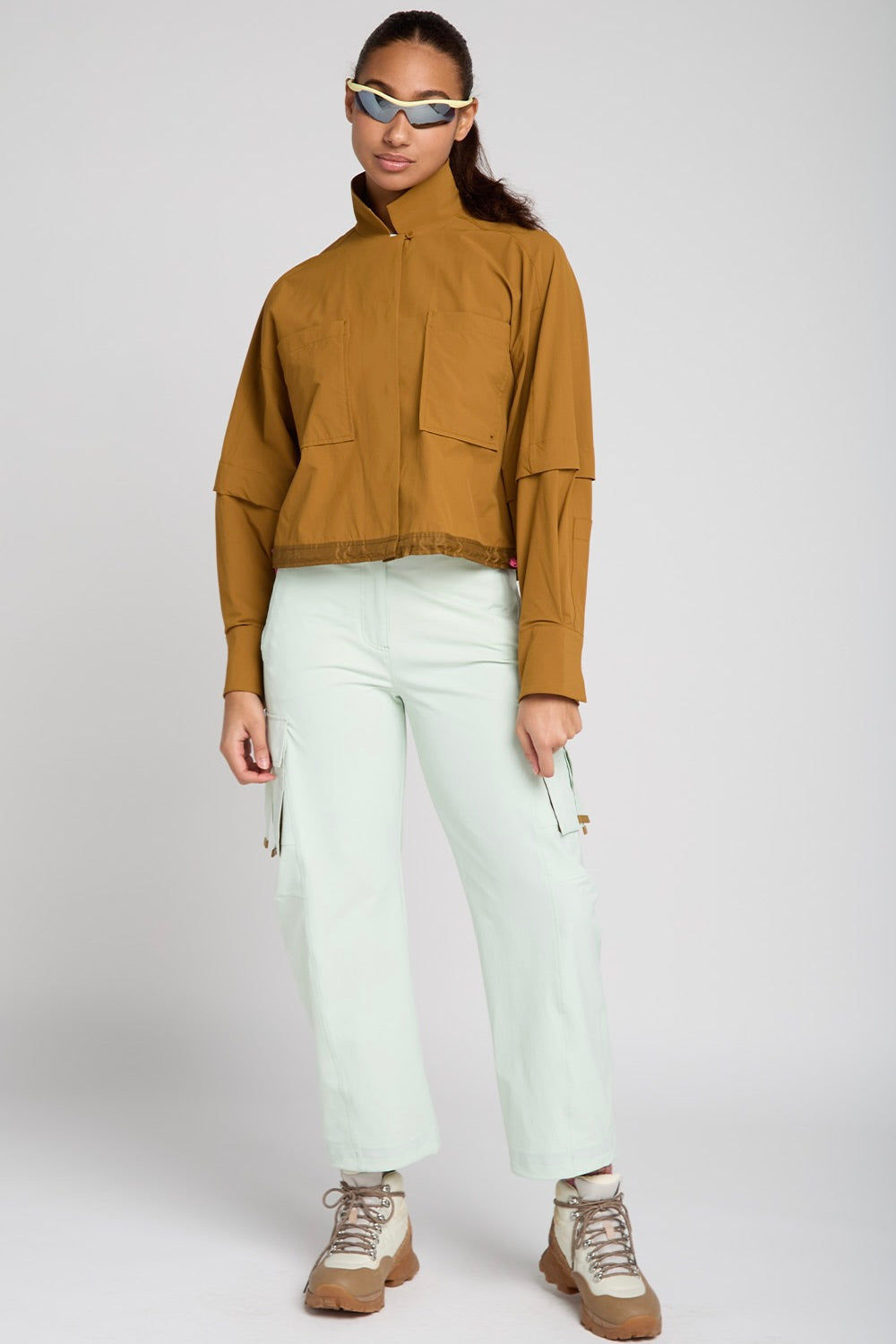
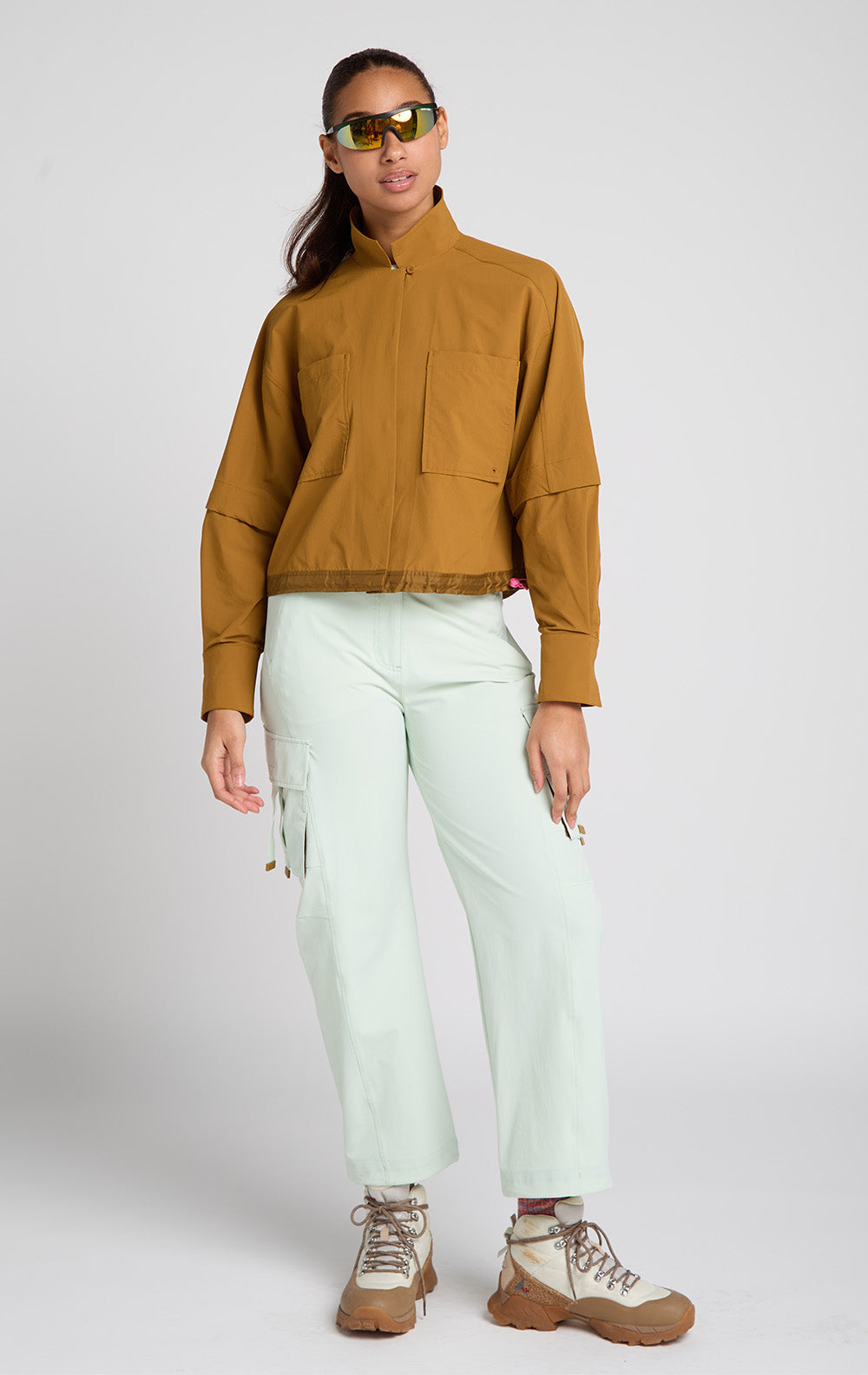

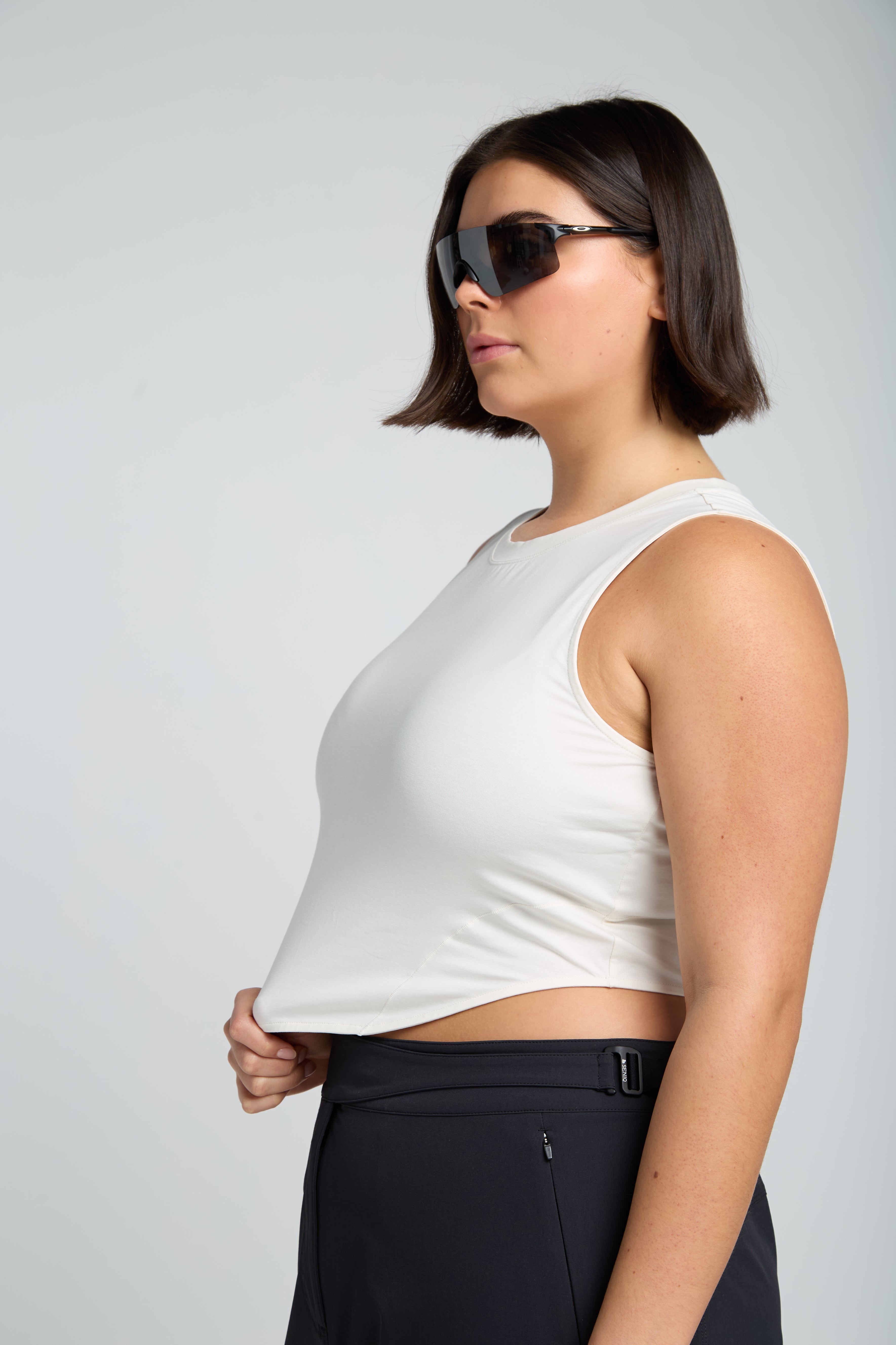
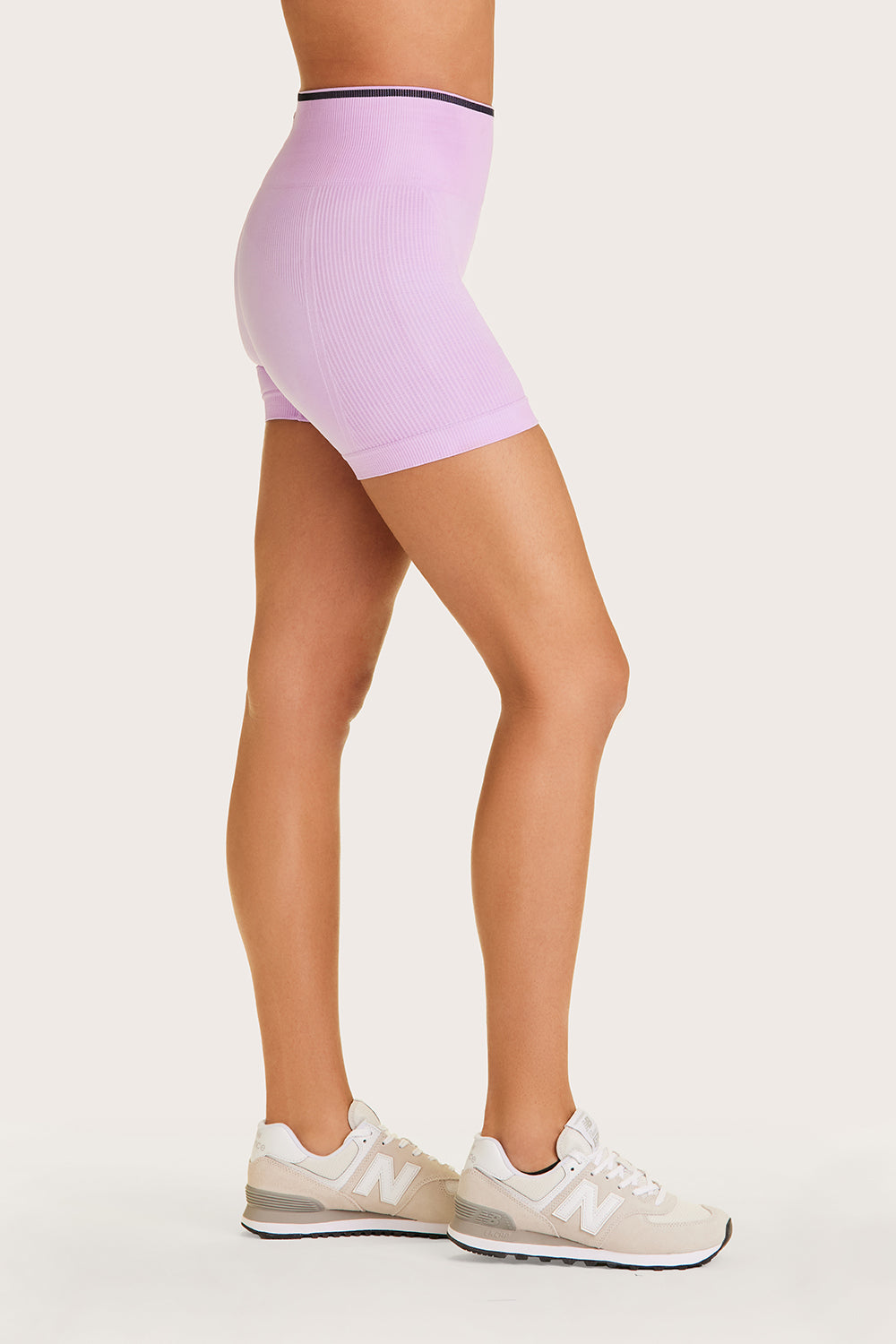
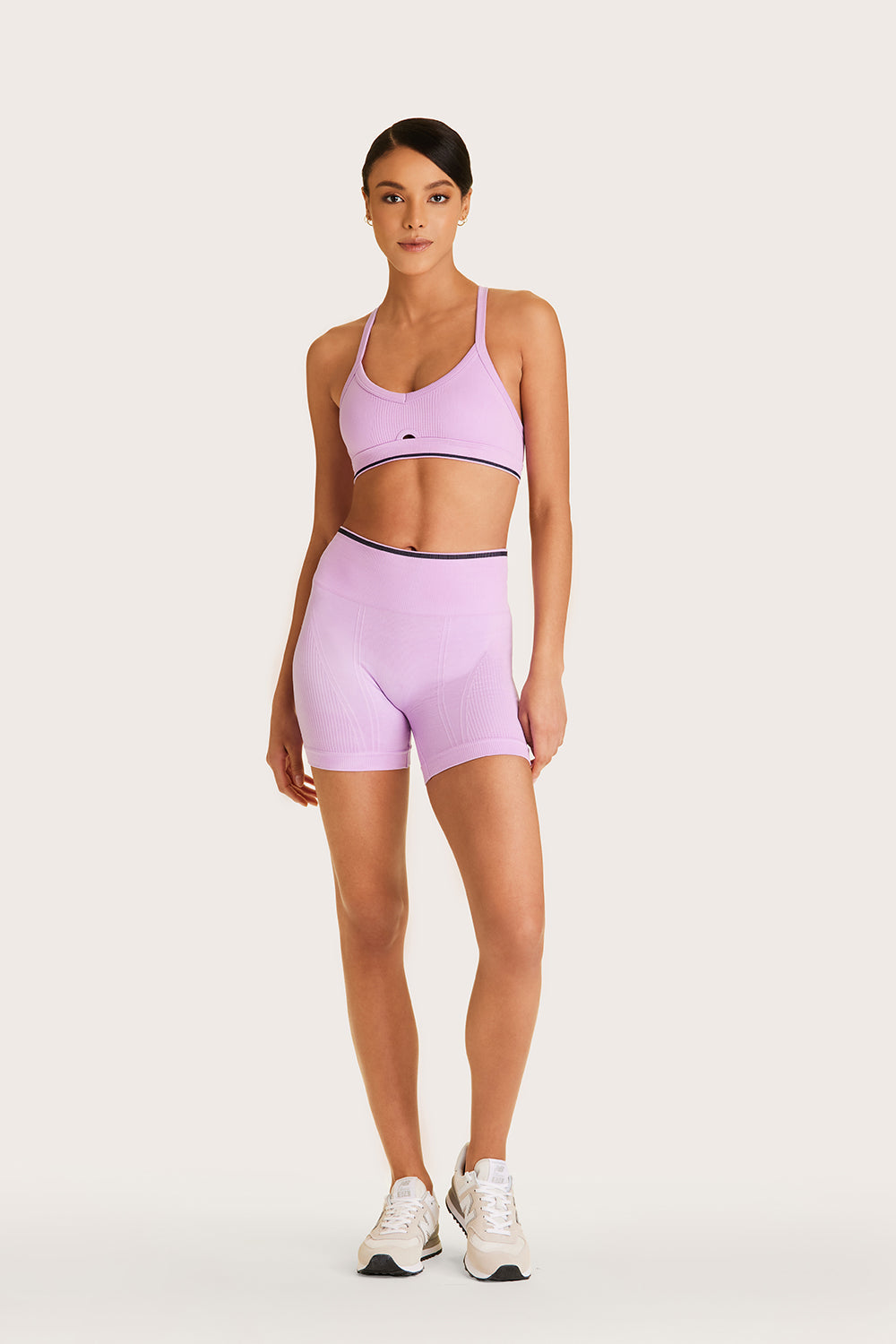
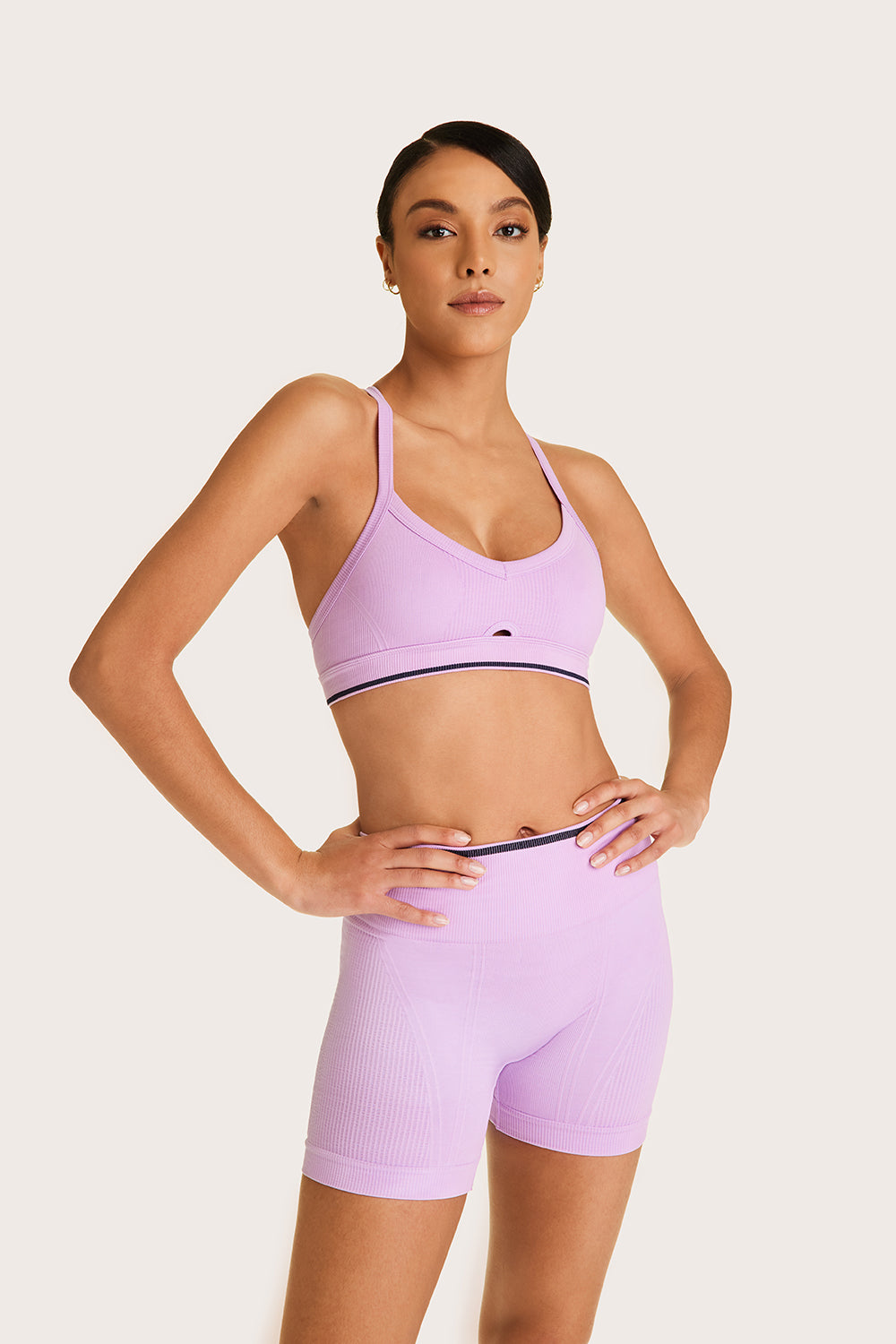
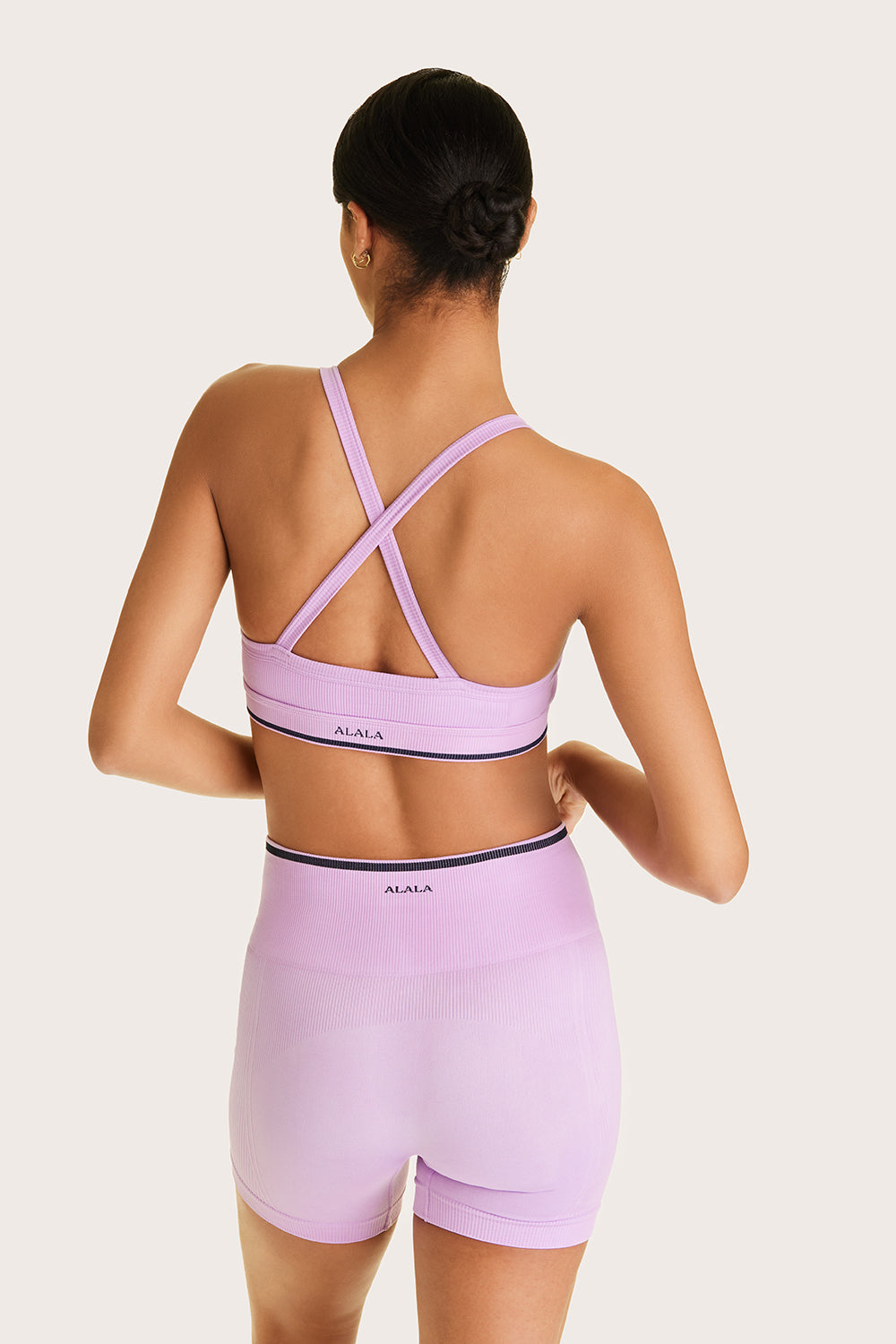
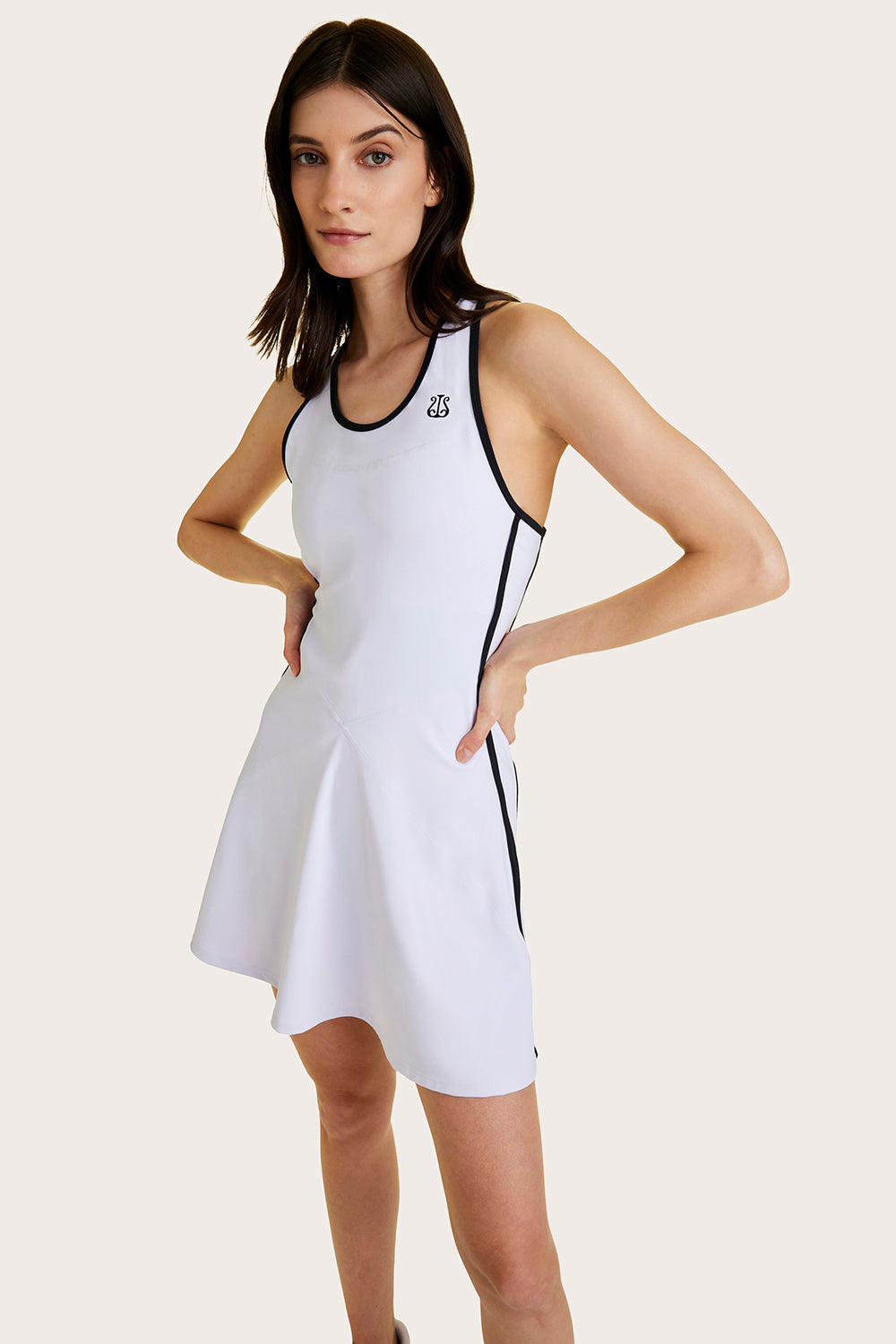

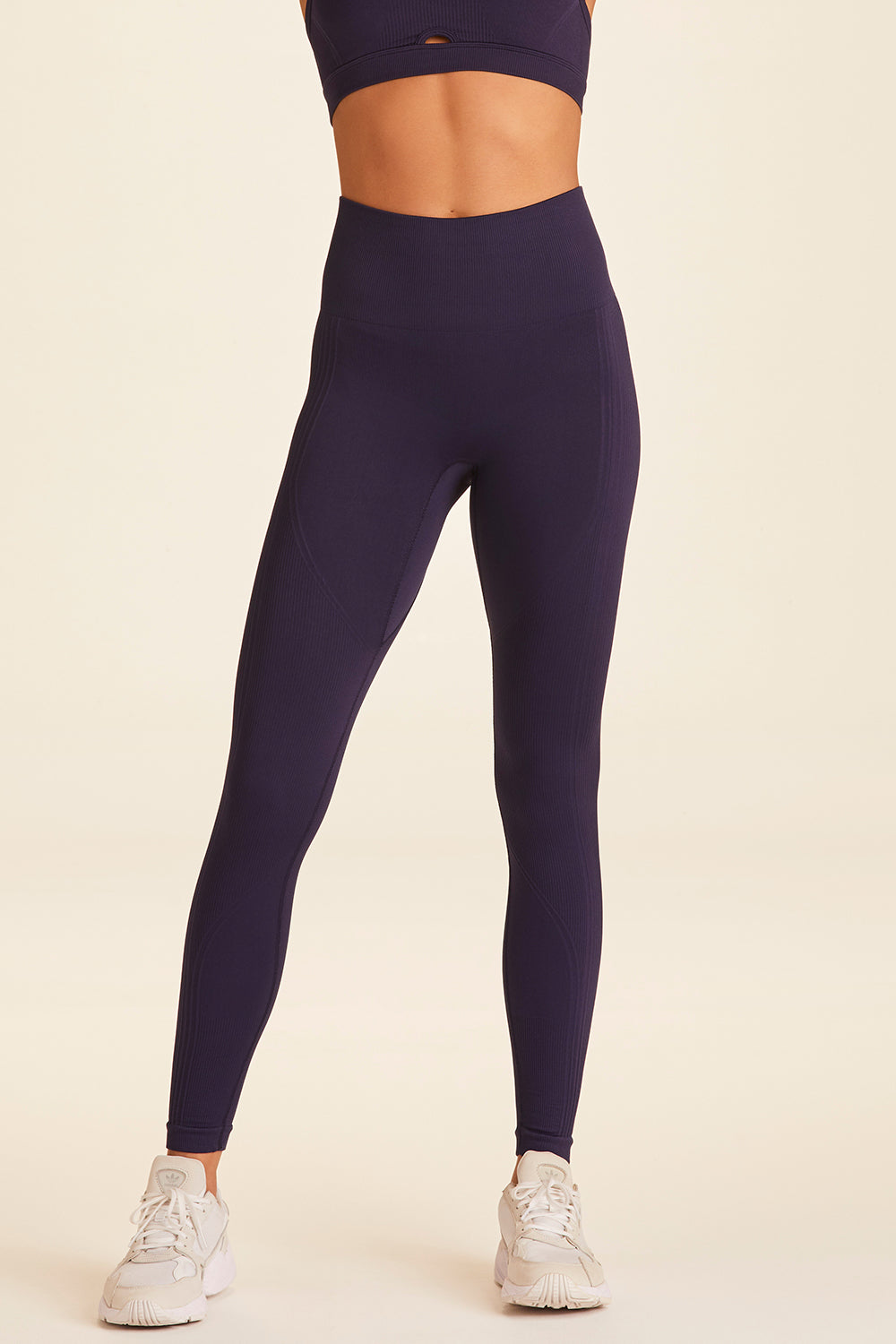
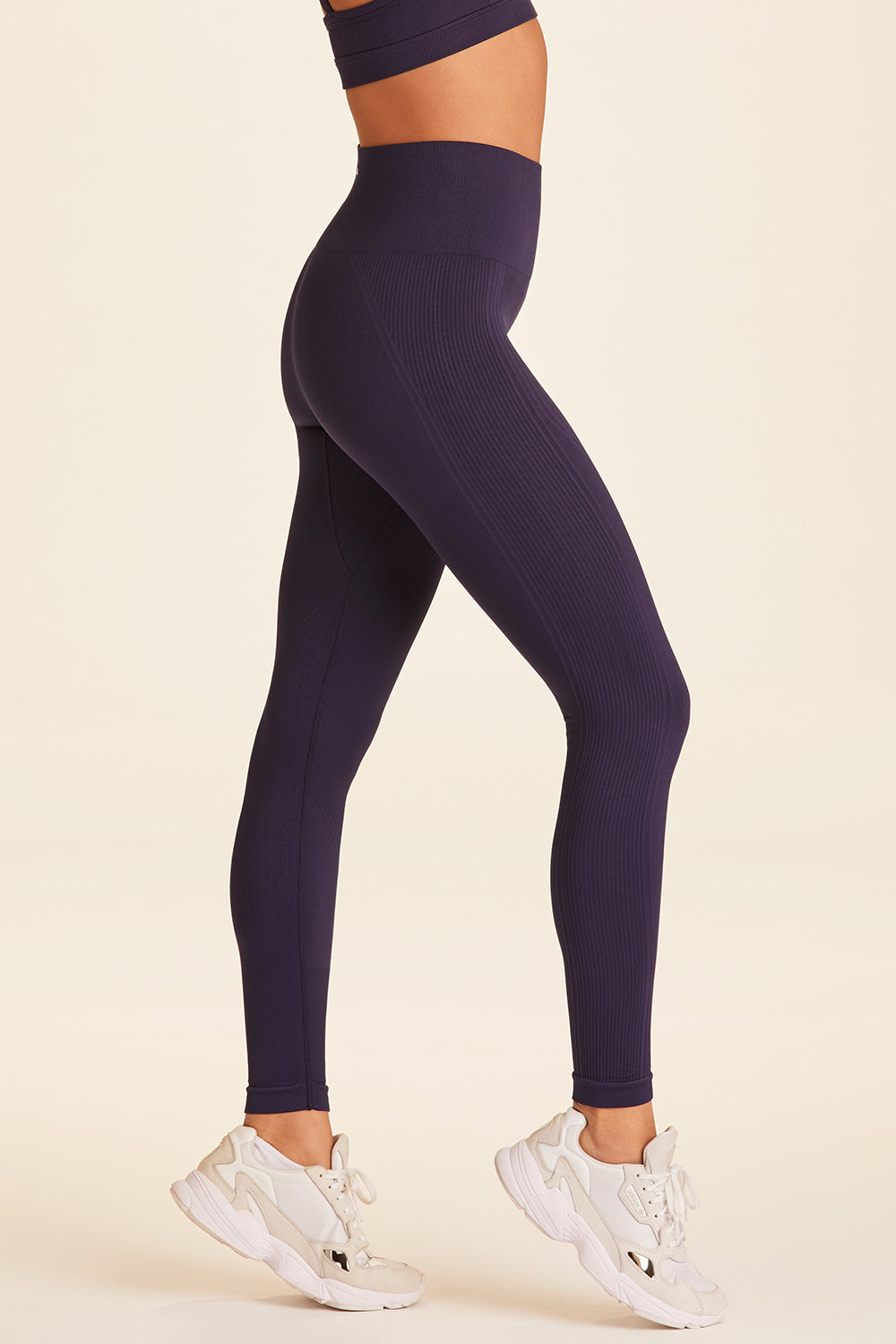


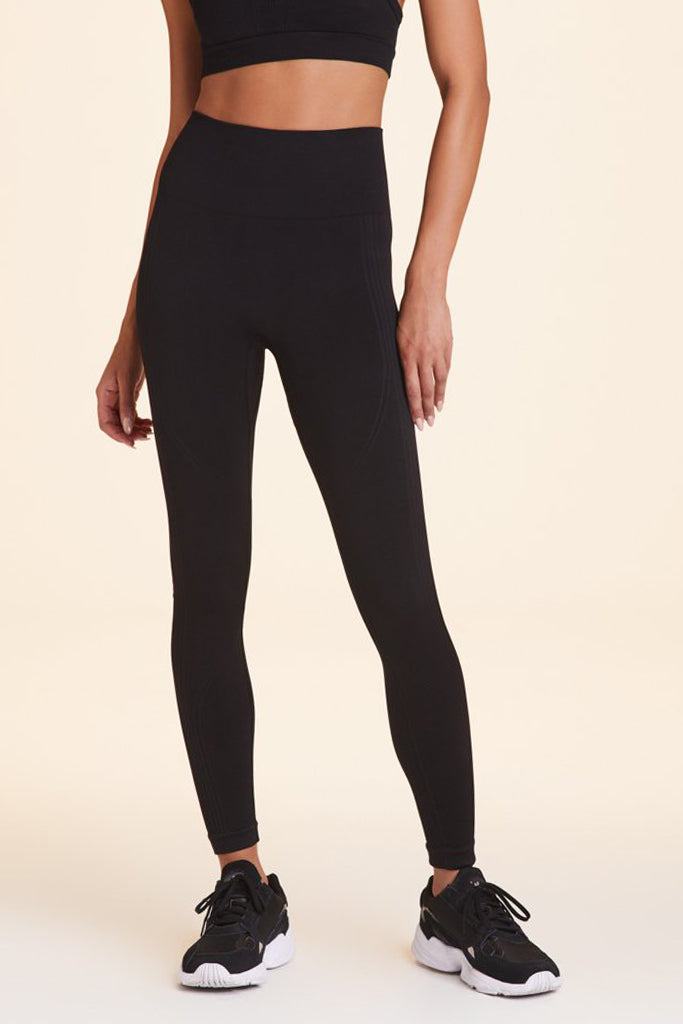
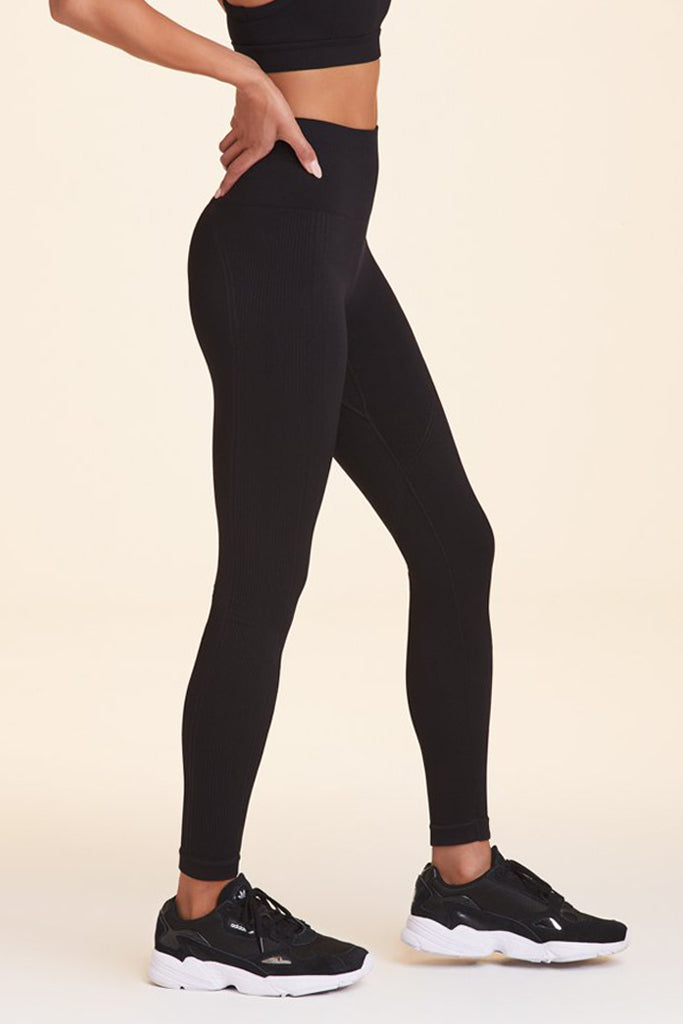
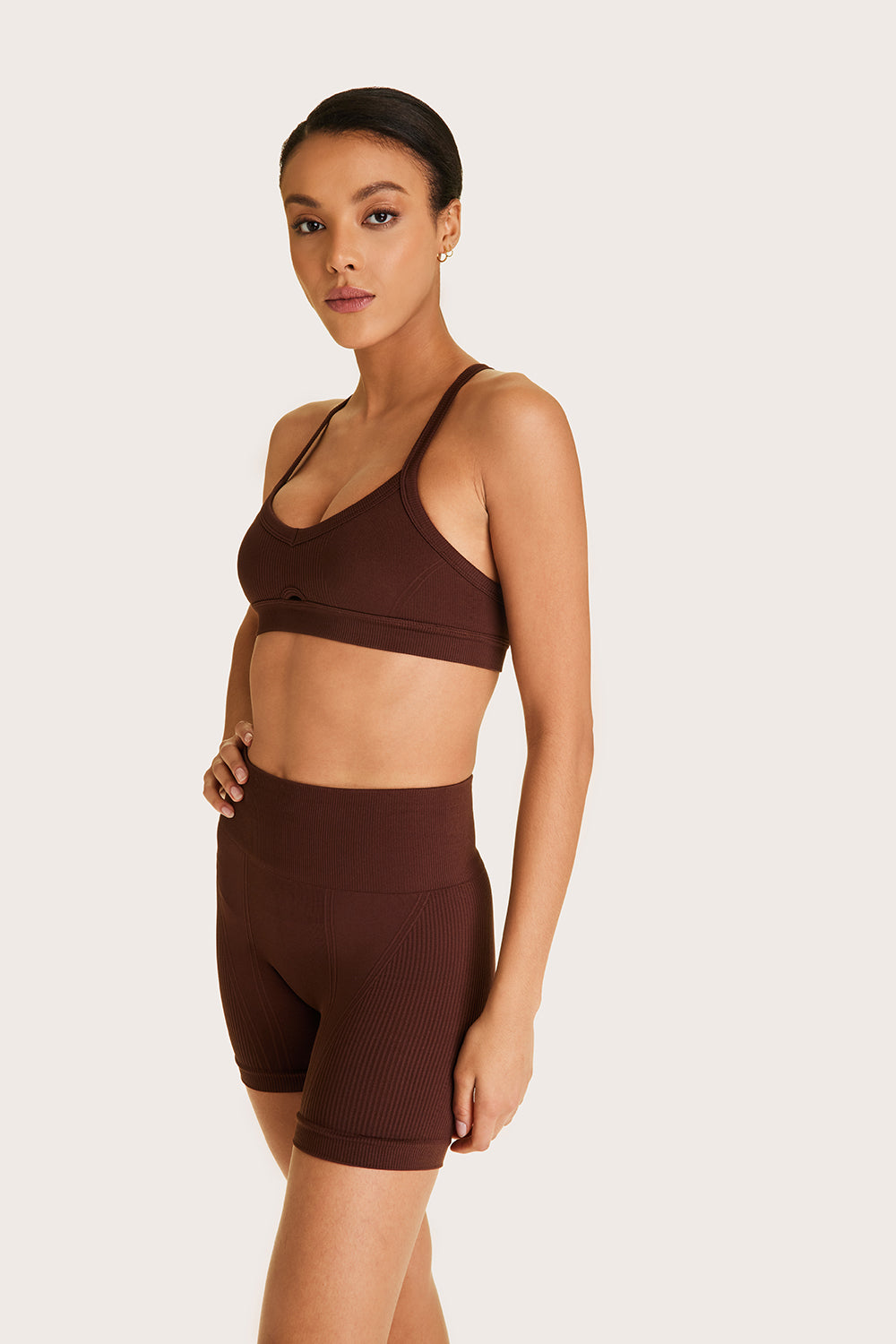
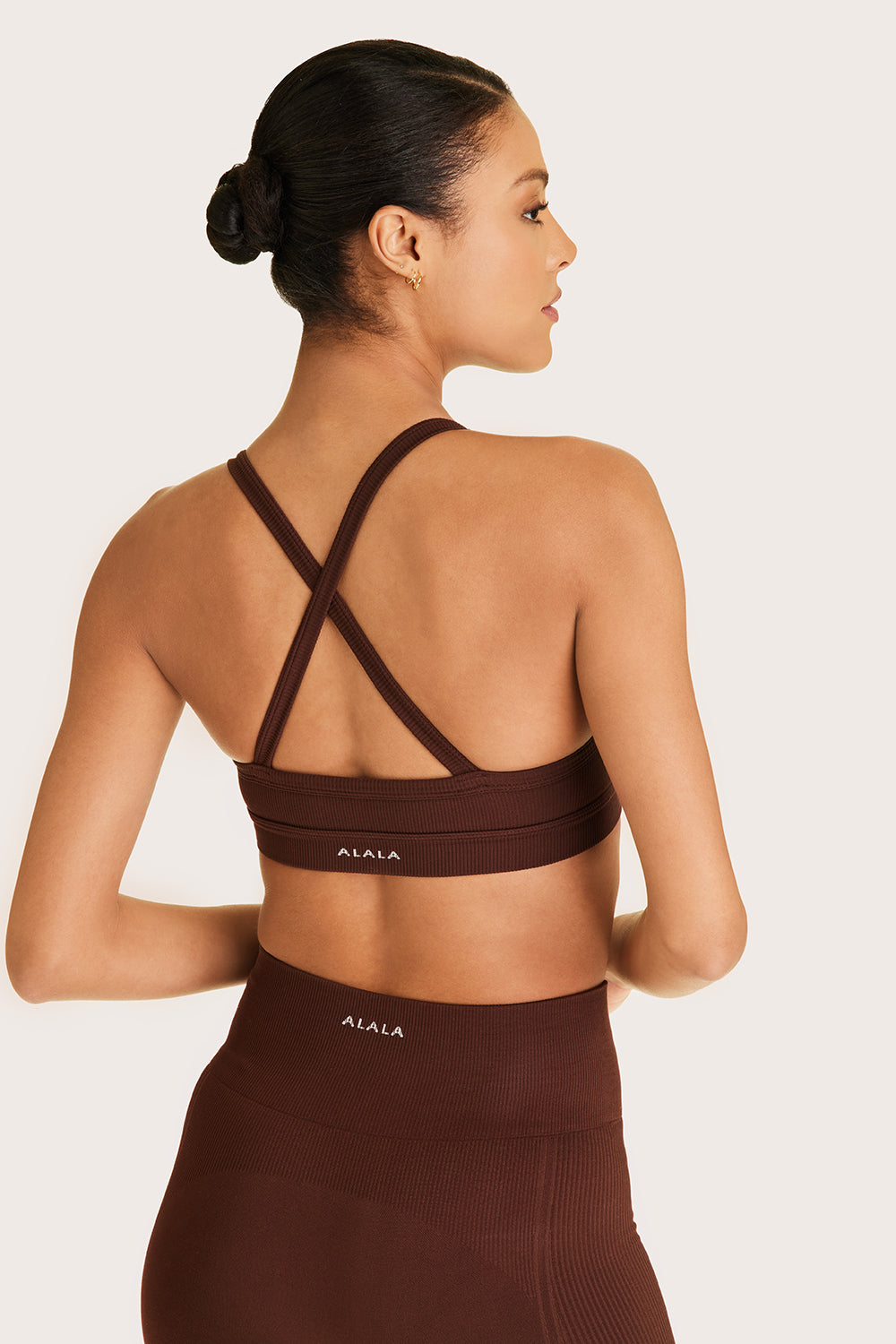
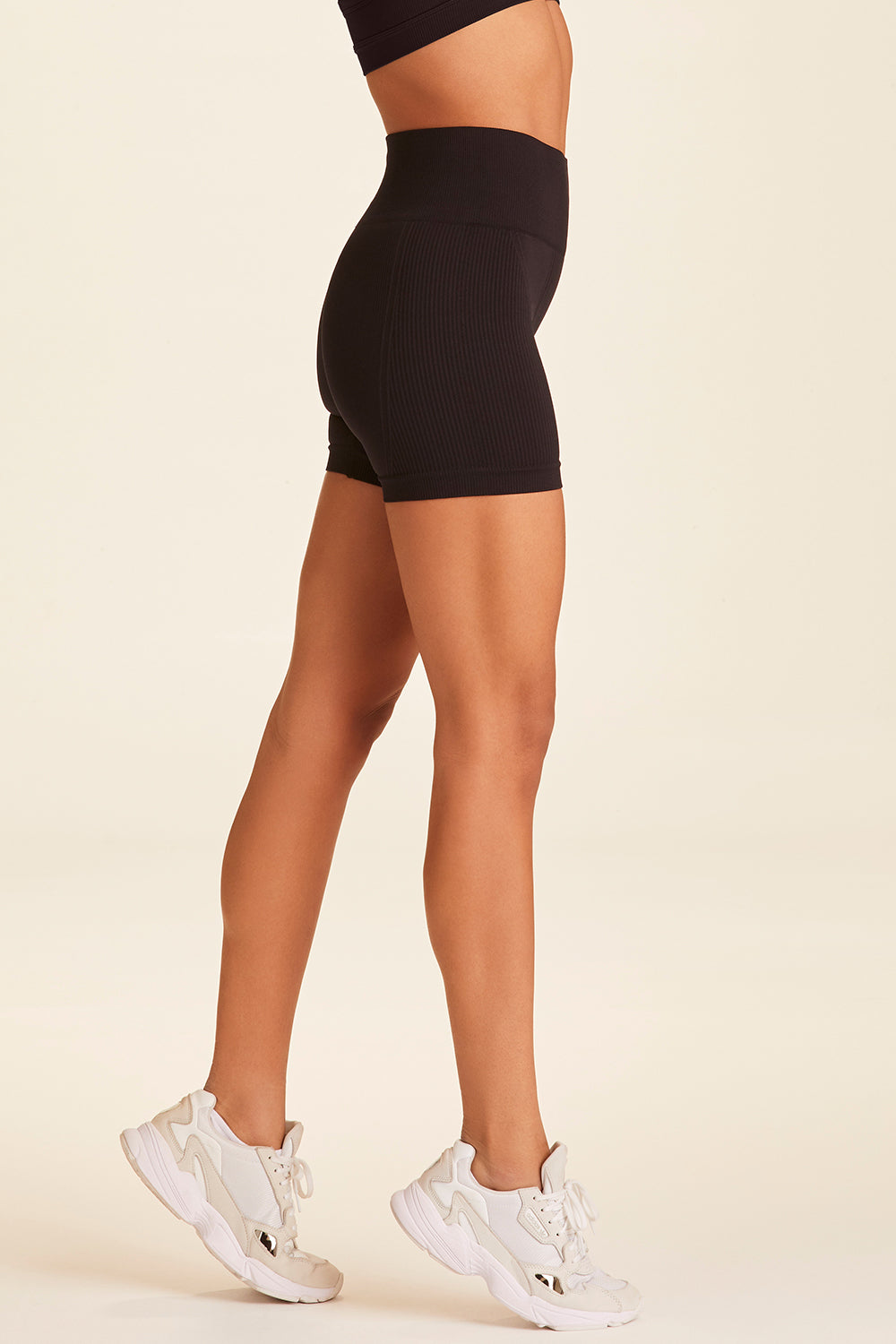








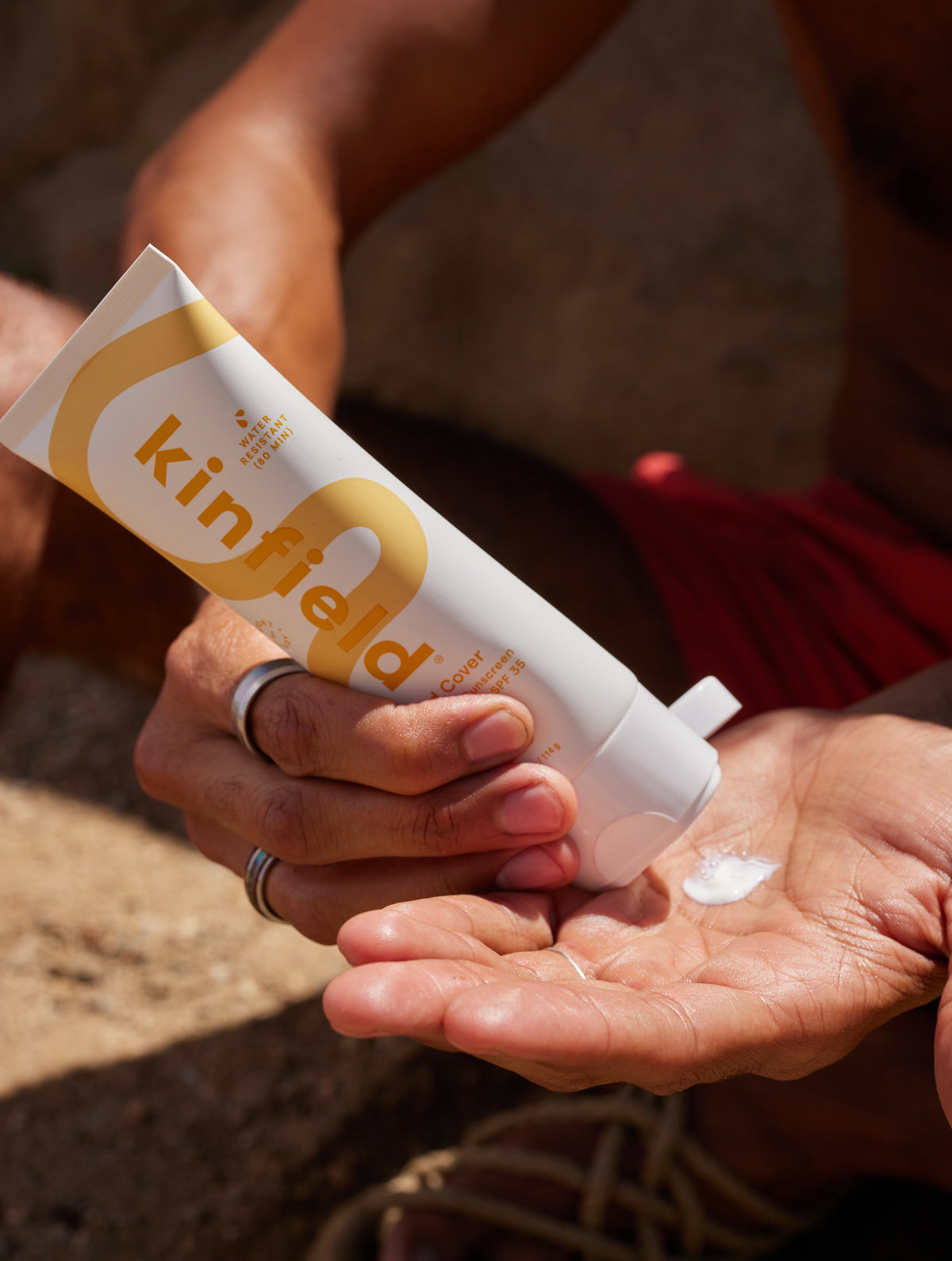


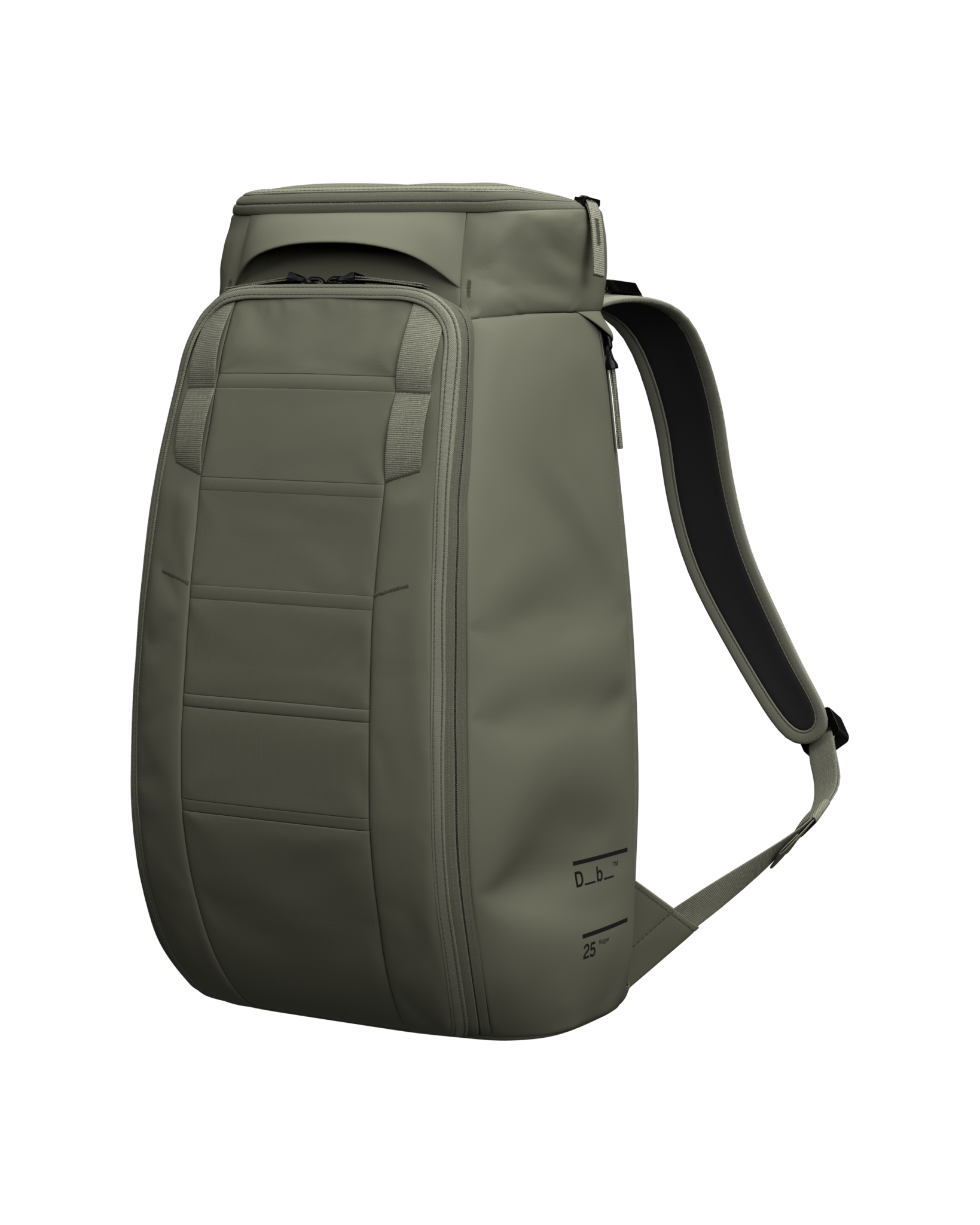

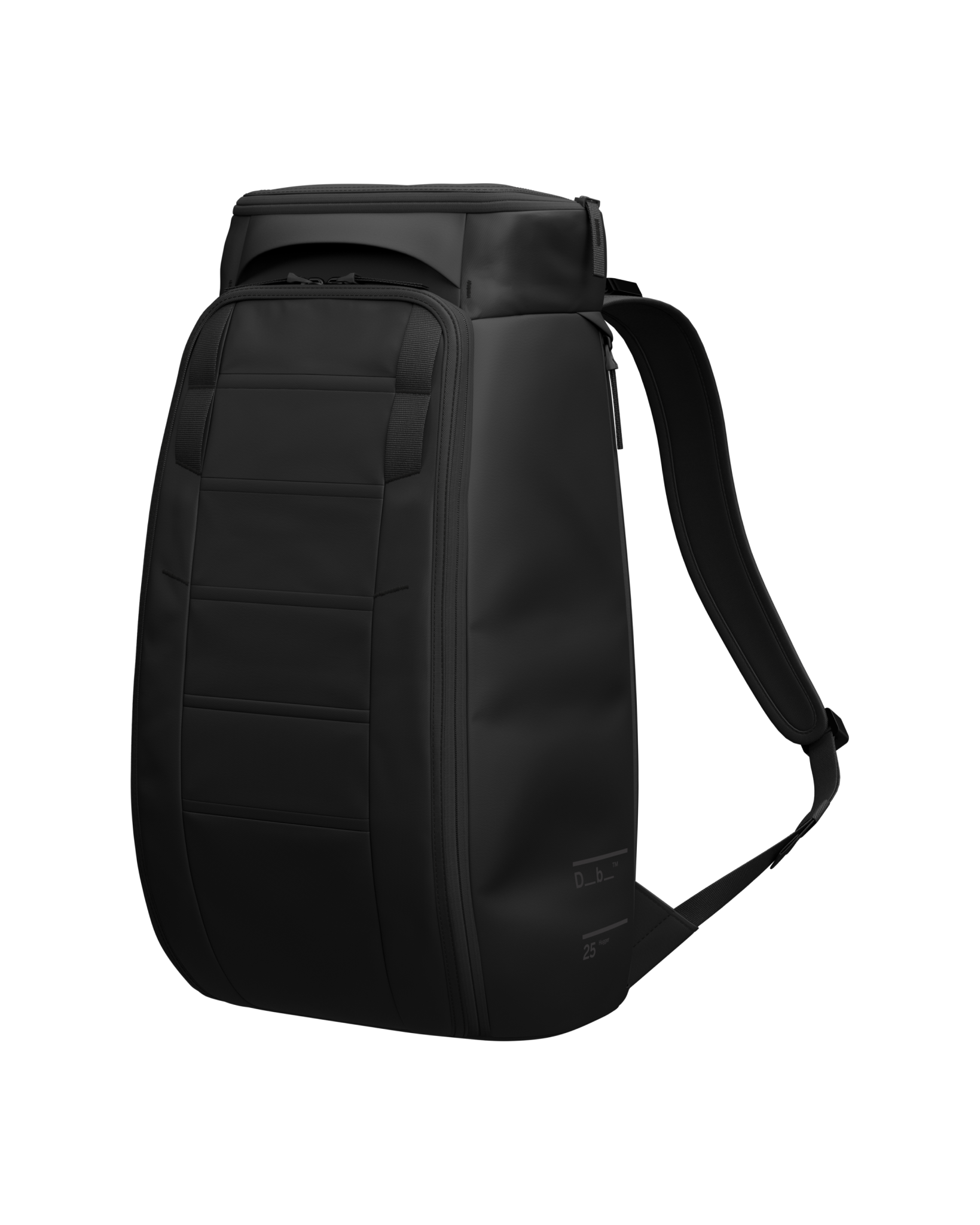
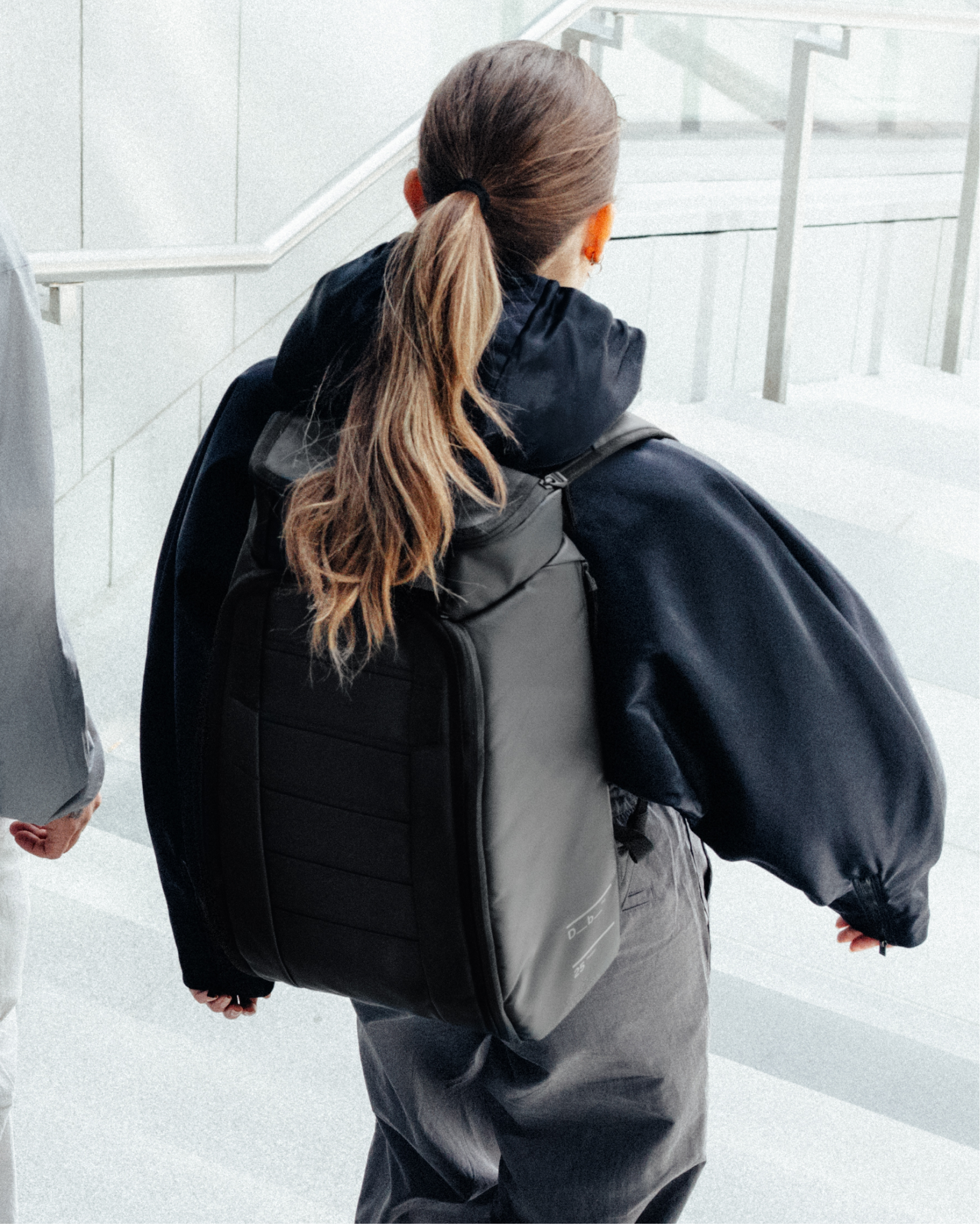
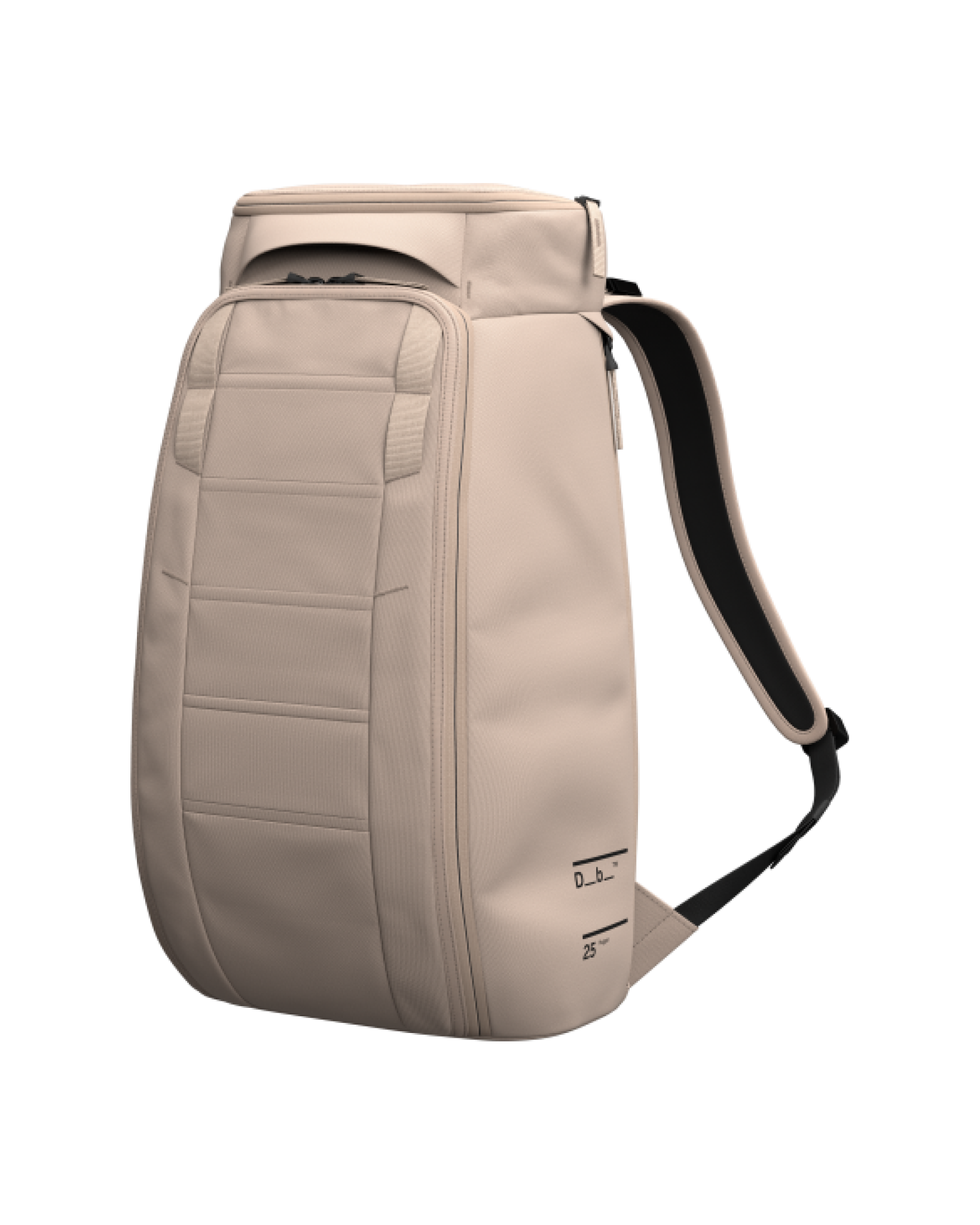

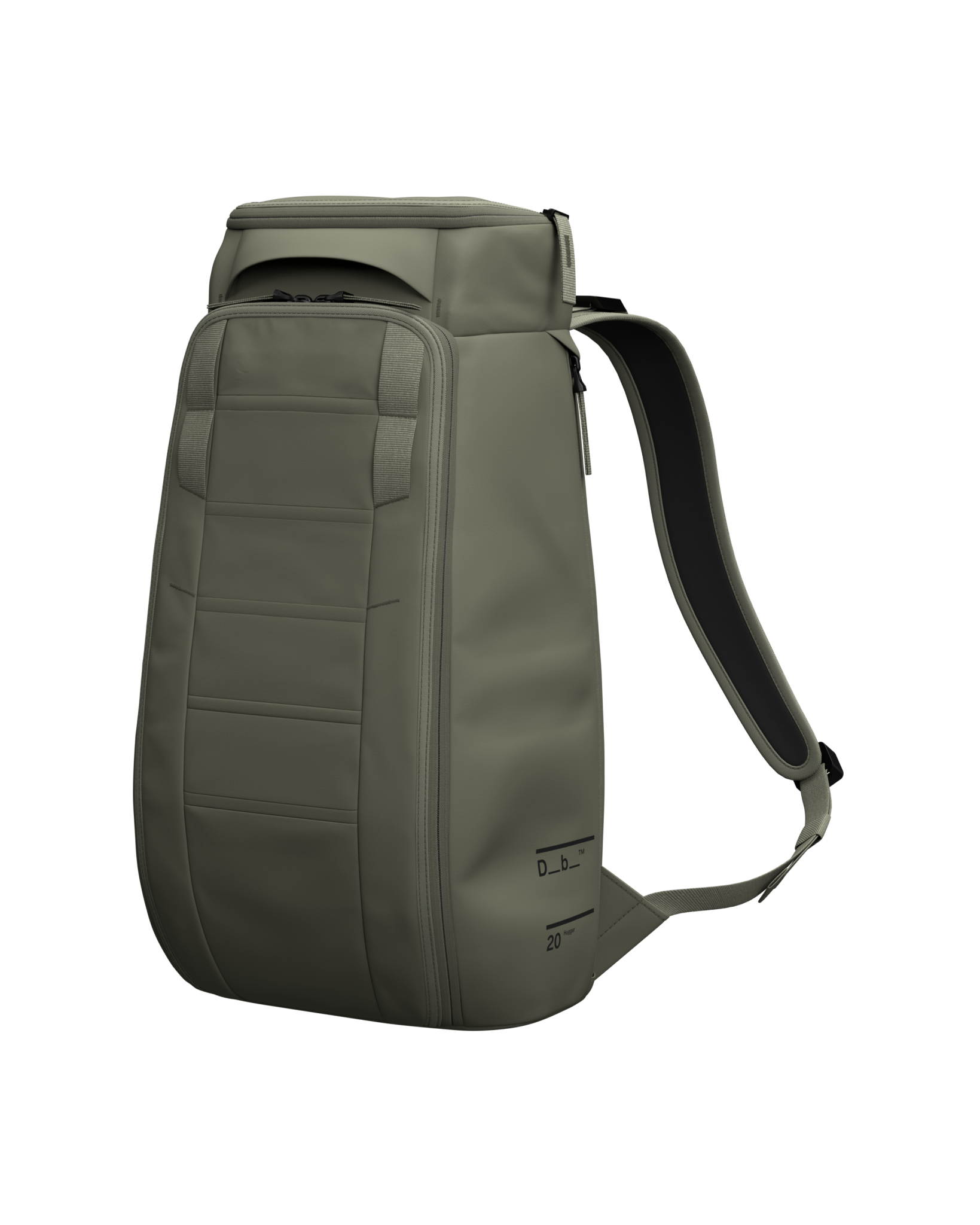



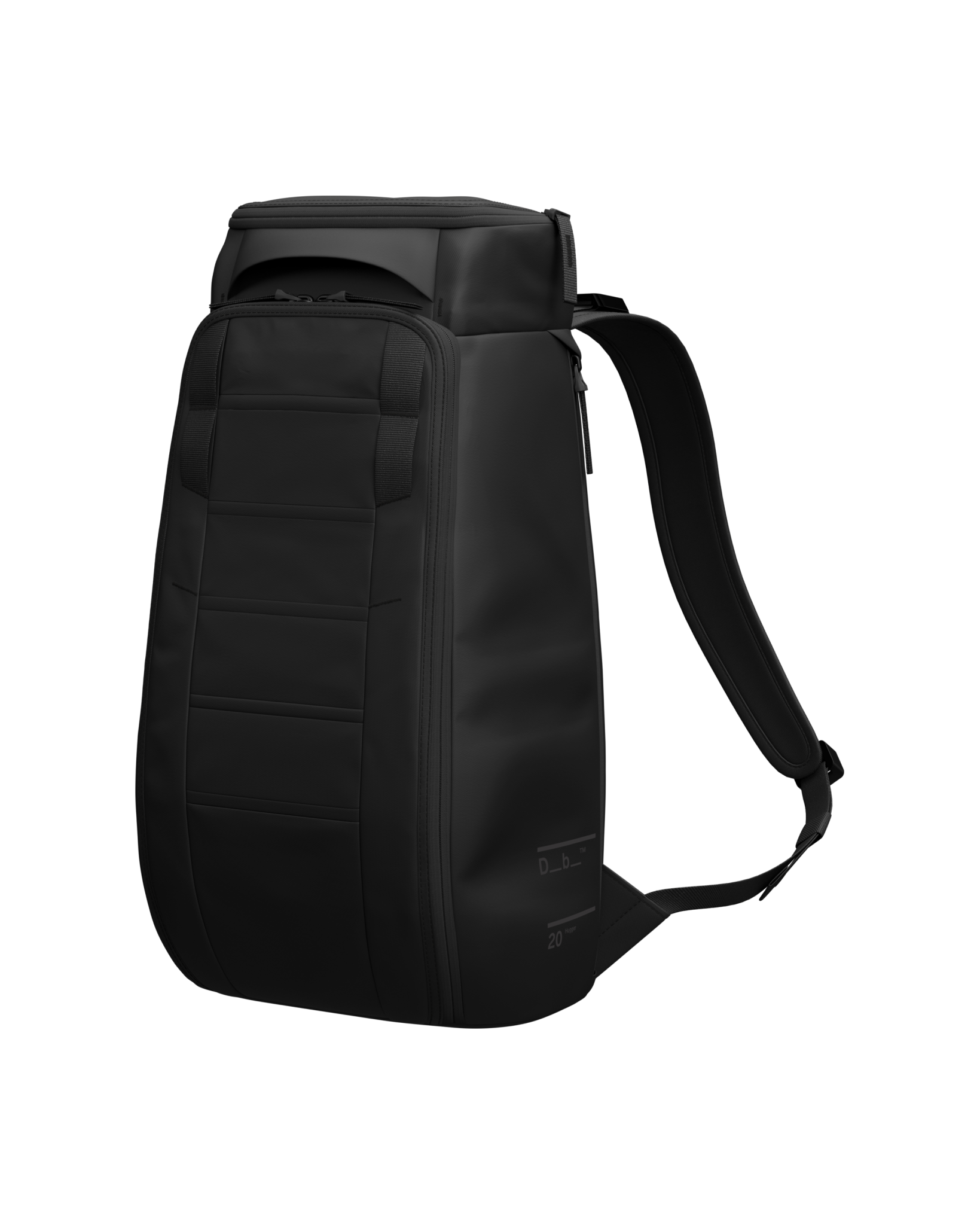
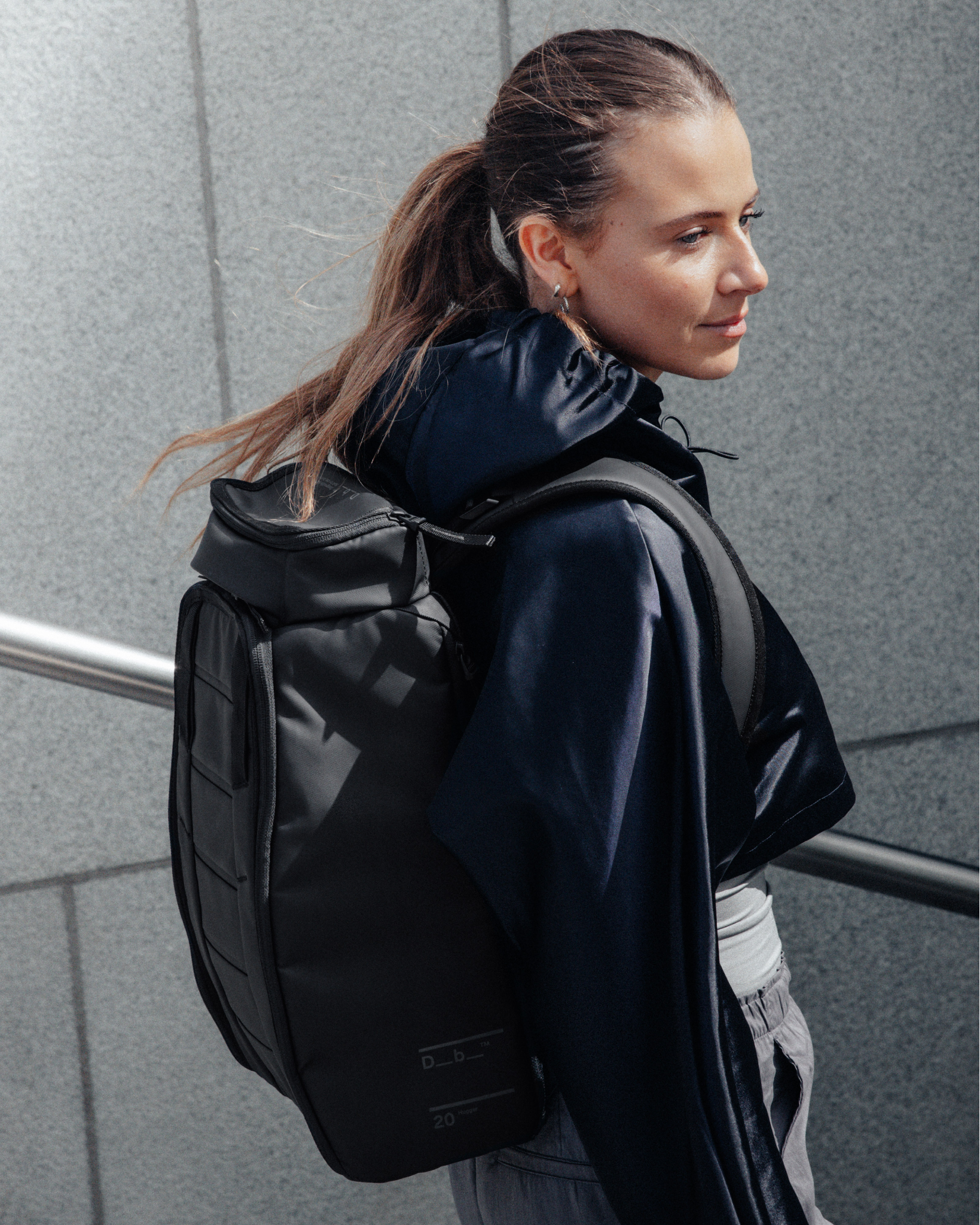
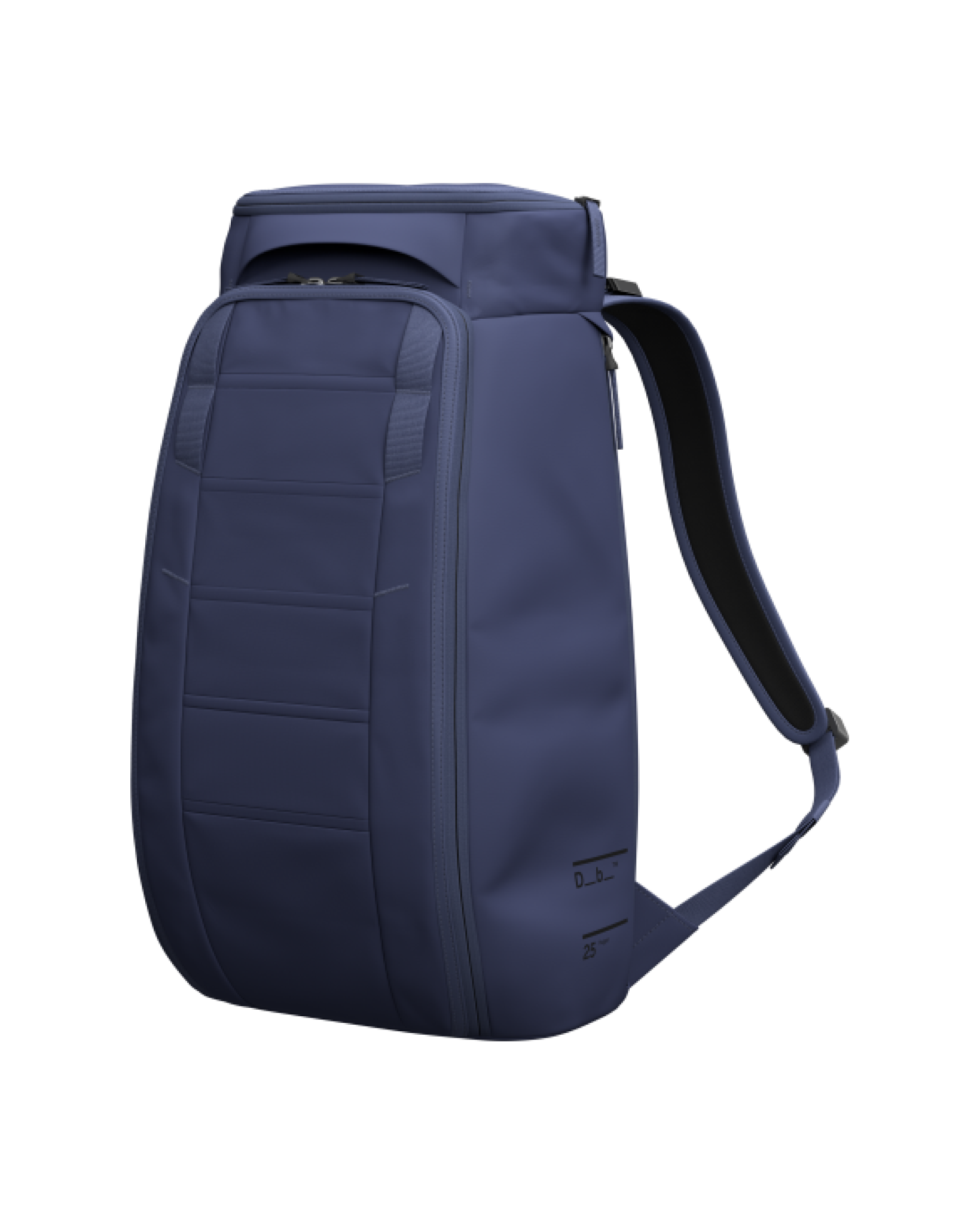


Leave a comment
This site is protected by hCaptcha and the hCaptcha Privacy Policy and Terms of Service apply.